

Between devotion and desire
The paradox of the two notorious Sydney women who dutifully attended Sunday mass as they presided for decades over criminal empires - Pages 10-11
Archbishop’s new faith initiative to reach out to unbelievers
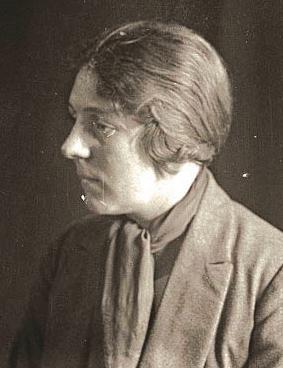
Everyone is worth saving
By Peter rosengrenIN THE face of hostility, Catholics must relentlessly proclaim the good news of Christ, Archbishop Barry Hickey said at the launch of the archdiocese’s new centre for evangelisation on 28 September.
The opening of the Faith Centre, at 450 Hay Street in Perth, fulfils a long-held dream of the archbishop, who was joined for the occasion by 45 members of Catholic lay groups and a handful of priests.
The message Catholics had to take to the world was that every person was worth saving and bringing
Trinity on the run, with a mission to aid India
By glynnis graingerIT WAS all in an afternoon’s work for students of Trinity College in East Perth to raise money for the Indian Missions.
Each year the College holds a fun run, with secondary students and staff running or walking around the river and finishing off with a sausage sizzle cooked by the prefects.
On Friday 21 September they raised almost $8000 with the help of sponsors; a Year 7 student raised the largest sum of $450.
All monies raised are used to support projects in India that the College has been involved with for more than 20 years.
One is a school in Chennai, Mithra, begun by an Australian Sister, Mother Theodore, as an orphanage for disabled children, marginalised and neglected because of their condition.
It has grown into a thriving day school for the orphans and Continued page 4
into God’s kingdom, Archbishop Hickey said.
“Where is our energy proclaiming the good news to those not in parishes, those out there in the world?” he asked.
“Who is talking to them?”
The Faith Centre has three priorities: proclaiming the Gospel to unbelievers; assisting others already doing good work in evangelisation; and assisting Catholics who want to seriously live their faith.
When visiting parishes, the archbishop said, he heard the same thing: that the Gospel continuously urged Christ’s followers to go to
the ends of the earth to proclaim the good news of Jesus Christ and God’s love for humanity.
“Where is our energy proclaiming the good news to those not in parishes?”
The Church’s structure was hierarchical and based on parish boundaries, which had become centres of formation lasting gen-
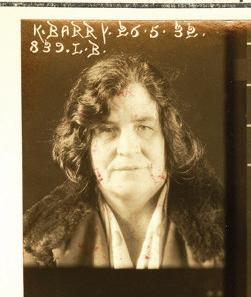
erations. “Really, that’s where our energies all are,” he observed.
But those who followed Christ had to be out among the unbelievers in the world, boldly proclaiming the Gospel. He noted the audience at the centre’s opening, comprised mostly of members of the new movements including the Disciples of Jesus, Flame Ministries, Focolare, Franciscans of the Immaculate and the Neocatechumenal Way, was a tiny minority in the Church.
“They are out there, doing what Jesus wanted us to do, going to the risky parts, being insulted often,
being persecuted, but proclaiming the good news of Jesus Christ.”
Archbishop Hickey said his own contribution in recent years had included his 60-second television advertisements. However at $110 a second it was an expensive way to try to reach out to a society badly in need of the message of God’s love.
The Gospel, the archbishop said, did not depend on money for its effectiveness; it depended on witnesses. The centre, largely to be staffed by volunteers, will give the Church in Perth the witnesses to get the Gospel out there, he said.
Continued on Page 4

Australians, let us all rejoice, in a true-blue way
By roBert HiiniCATHOLICS in Australia are still finding their voice when it comes to creating distinctly Australian hymns and liturgical traditions, says Archbishop Barry Hickey.
Speaking to The Record as he prepared for a parish visitation to York, the archbishop said what constituted “Australian” remained somewhat fluid.
“We are in the process of making our liturgy look Australian...
that our hymns might have an Australian voice [and] our liturgical decorations may speak in an Australian way,” he said.
Reiterating his remarks to traditional Anglicans in Maylands on 24 September, Archbishop Hickey said the Anglican liturgy “became perfectly at home with English culture; in music and in the style of decoration of churches”.
“What is an Australian voice? Is their a distinctive musical fingerprint for Australia? I don’t know.
“All I know is Australia is changing so rapidly.
“We’ve got an influx of people from so many different nations all making one nation and that needs to be reflected as well.
“Australian composers are out there, influenced by what they hear and see and feel in Australian culture.
“I think we will produce great music before long.”
Despite the changing nature of “Australianess”, there was reason to
think a number of composers had already made substantial, and distinctly Australian, contributions to the Church in this country.
Archbishop Hickey praised the hymnal Hymns for the Year of Grace, with music by Richard Connolly and words by the once well-known poet James McAuley, released in 1963, as one such contribution. He also described late Perth priest Fr Albert Lynch as “a pioneer” in the area, having founded the St Mary’s Cathedral Choir and
written his own compositions for use in the Mass.
Most Catholic music created in Australia was composed at a higher level than most parishes could cope with, he said, but he was confident that Australian compositions would eventually replace hymns sourced largely from the United States.
“I don’t think Australian Catholics yet have a tradition of lusty congregational singing,” he said. “But it is coming.”
Archbishop sees change – Page 3
Pornification masks depraved heart
By AnnA KrohnA COMPELLING and confronting new book was launched in Melbourne and Perth. The publishers, editors, some Australian contributors and those endorsing the book spoke of the launch as a “landmark publication”.
Big Porn Inc: exposing the harms of the global pornography industry (Spinifex) is a sharp analysis of and protest against “colonisation” of the world’s markets, cultures and interpersonal relationships by exponentially violent, dehumanised and dehumanising pornography.
The book’s two editors, social commentator and writer Melinda Tankard Reist and Perth-based social justice academic Dr Abigail Bray, have gathered 40 diverse contributions into a persuasive and unified front, including commentary, research, strategy and moving first-hand narrative from those hurt by porn.
Big Porn Inc includes papers from a worldwide and multicultural array of men and women, activists, sociologists, political scientists, psychologists who pursue the trail from brutality, trafficking, child abuse, female objectification, self-harm, and a tidal wave of misogyny back to electronically pervasive and industralised porn.
At the Melbourne launch, women’s researcher and Spinifex publisher Dr Renate Klein commented upon the parallel “pornification” of mainstream fashion, music and advertising cultures with the explicit degradation of women, children, teenagers, boys and animals in porn-influenced behaviour.
Clive Hamilton, Professor of Public Ethics at Charles Sturt
University, strongly commended the book. He said self-proclaimed liberal and radical defenders of modern pornography were part of “porn’s betrayal of sexual liberation … without decency and respect there can be no liberation or equality for women”.
He said much of the contemporary media, advertising industry and “huge industries who are considered respectable” are collaborators in perpetration of the “dark desires” wrapped around the “look, style and attitudes” of porn. Pornography, he said “brings prostitution into every home”.
“Stella”, whose personal account of her life as a stripper is included in the book under the title “Dancing Porn”, also spoke at the launch of the harrowing
Pornography “brings prostitution into every home.”
experience of working as a stripper in her earlier life. Not only was she enlisted to dance the steps of porn, but to swallow the myth that she was empowered sexually in doing so, “ but moments later groped, pinched and forced, that illusion is quickly broken”. She recalled that gyrating before a predatory audience of men “was like being part of my own lynching every night.”
Australian researcher and contributor Dr Meaghan Taylor said “sex therapy” itself had been infiltrated by “disempowering and disembodied” extreme pornography. Professor Caroline Taylor was also at the launch events to highlight how porn is used as a grooming and instruction “handbook”

Editor
Peter Rosengren office@therecord.com.au
Journalists
Mark Reidy mreidy@therecord.com.au
Tim Wallace twallace@therecord.com.au
Rob Hiini rthiini@therecord.com.au
Advertising/Production
Mat De Sousa production@therecord.com.au
Accounts
June Cowley accounts@therecord.com.au
Classifieds/Panoramas/Subscriptions
Catherine Gallo Martinez office@therecord.com.au
Record Bookshop
Bibiana Kwaramba bookshop@therecord.com.au
Proofreaders
Chris Jaques Eugen Mattes
Contributors
Debbie Warrier John Heard
Karen and Derek Boylen Anthony Paganoni CS
Christopher West Catherine Parish
Bronia Karniewicz Fr John Flader Guy Crouchback
The Record PO Box 3075
Adelaide Terrace
PERTH WA 6832
21 Victoria Square, Perth 6000
Tel: (08) 9220 5900 Fax: (08) 9325 4580
Website: www.therecord.com.au
The Record is a weekly publication distributed throughout the parishes of the dioceses of Western Australia and by subscription.
The Record is printed by Rural Press Printing Mandurah and distributed via Australia Post and CTI Couriers.
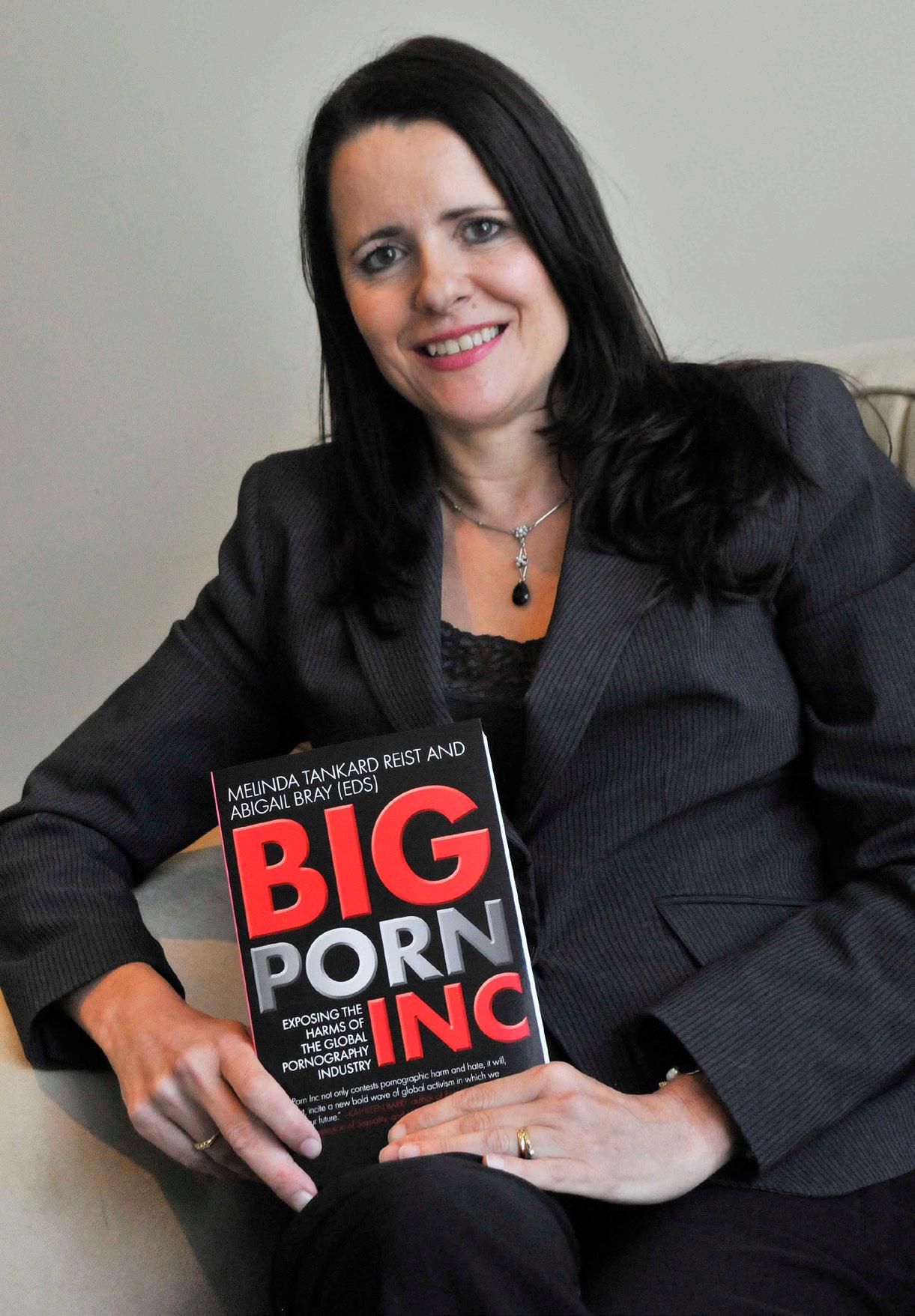
for interfamilial rape. Melinda Tankard Reist ended the launch by highlighting the hope-restoring fifth section of Big Porn Inc which takes the reader beyond the shattering sense of disgust, anger and
despair induced by the evidence of the book to accounts of increasingly vocal and creative anti-porn alliances and their successes in resistance to “the pornification of culture”.
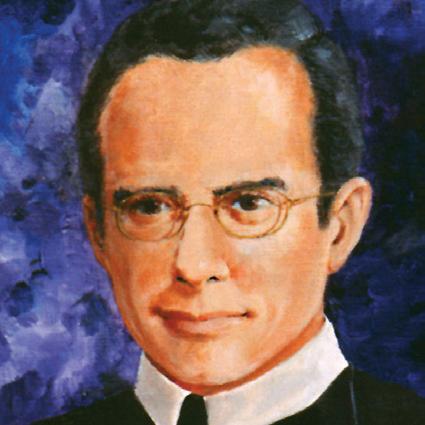

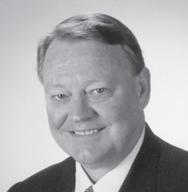
St Joseph’s, Albany hits the news
St Joseph’s Trade Training Centre in Albany was officially opened by Mr Peter Watson MLA on behalf of Education Minister Peter Garrett on Tuesday, 27 September 2011. The facility which will provide industry skills to graduating students, was made possible by $2.7 million of federal funding, and is a consortium project with partner Australian Christian College Southlands. St Joseph’s College Parents and Friends contributed $20,000 in 2011 to the centre to assist with safety switching and equipment. Fr Tony Chiera, Vicar General of the Bunbury diocese, blessed the building.
In other news, the St Joseph’s College Ozanam house leaders presented St Vincent De Paul Albany Conference members Mr John Kelly and Mr Terry Hanavan with a cheque for $1,200, the proceeds from Ozanam House’s Bike Riding Tour de Ozanam Lapathon fundraiser held in Term Two. The money will be directed towards the provision of emergency food items for needy families in the Albany region.
We regret the errors
Last week’s Page 1 story ”Marriage licences warning” incorrectly stated that only 30 of the federal parliament’s 150 lower house MPs chose to consult constituents on same-sex marriage, when it should have said only 30 members of the house chose to speak on their consultations with constitutents. This was a production error.
The headline on last week’s Page 8 story about the diocese of Kansas City-St Joseph incorrectly stated the diocese and bishop were up on charges, whereas the bishop had only testified before a grand jury regarding the diocese’s response to child abuse charges against a priest.
14 La Salle College’s Annual Art Exhibition –Mgr Brian O’Loughlin VG
16 Adult Confirmation, St Mary’s Cathedral, 11am –Mgr Michael Keating
17 Swearing-In Ceremony of the Lord Mayor and Councillors-Elect, City of Perth – Mgr Michael Keating
30 Fishing Fleet Festival, Fremantle –Archbishop Hickey
During October, Archbishop Hickey and Bishop Sproxton will be in Rome for the Australian Bishops’ ad limina visit.

For some NEW DVDs from internationally acclaimed producers ROME REPORTS, turn to Page 20
Archbishop off to Rome for last time
By RoBeRt HiiniYOUNG Catholics have turned away from the reform agenda of earlier generations toward a “loyalty and appreciation” for what the Church is all about, Archbishop Barry Hickey said in the lead-up to his five-yearly ad limina visit to Rome.
In what will likely be his last as bishop of Perth, Archbishop Hickey will join other Australian bishops in Rome later on this month to report on the state of the diocese and to enjoy a personal, 15 to 20 minute meeting with the Pontiff.
Archbishop Hickey said the Church had made progress in attracting young people since he spoke with Pope John Paul II about the matter more than a decade ago.
“I think it’s solid. I think there is a groundswell among young people worldwide, at least in the Western Church ... which is refreshing.”
“I’m conscious that the older to middle group are often unhappy.
“Many seem to feel that the Second Vatican Council initiatives have disappeared somewhere and they were hoping for radical change in the Church.”
Hoped-for changes in adminis-
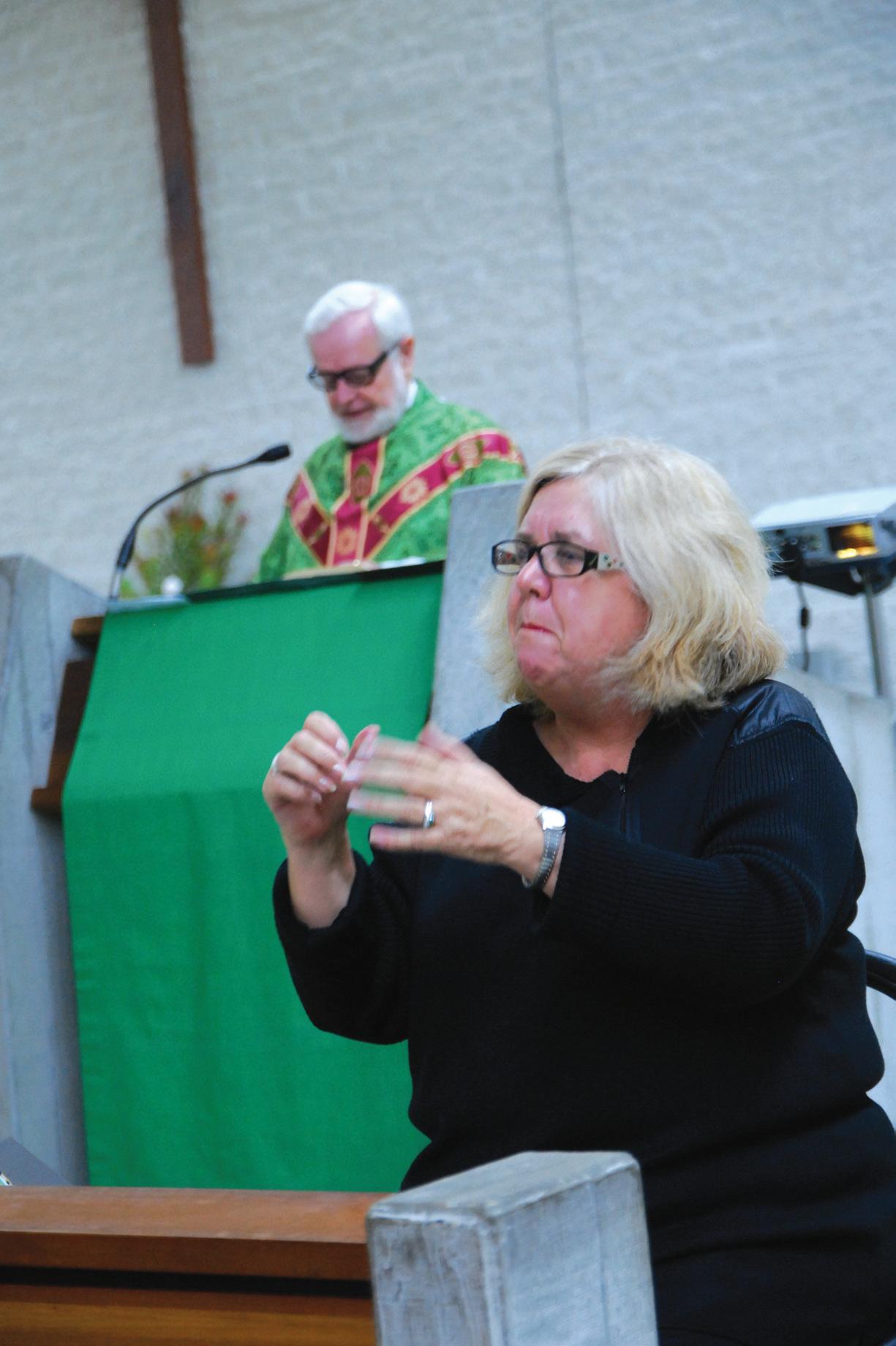
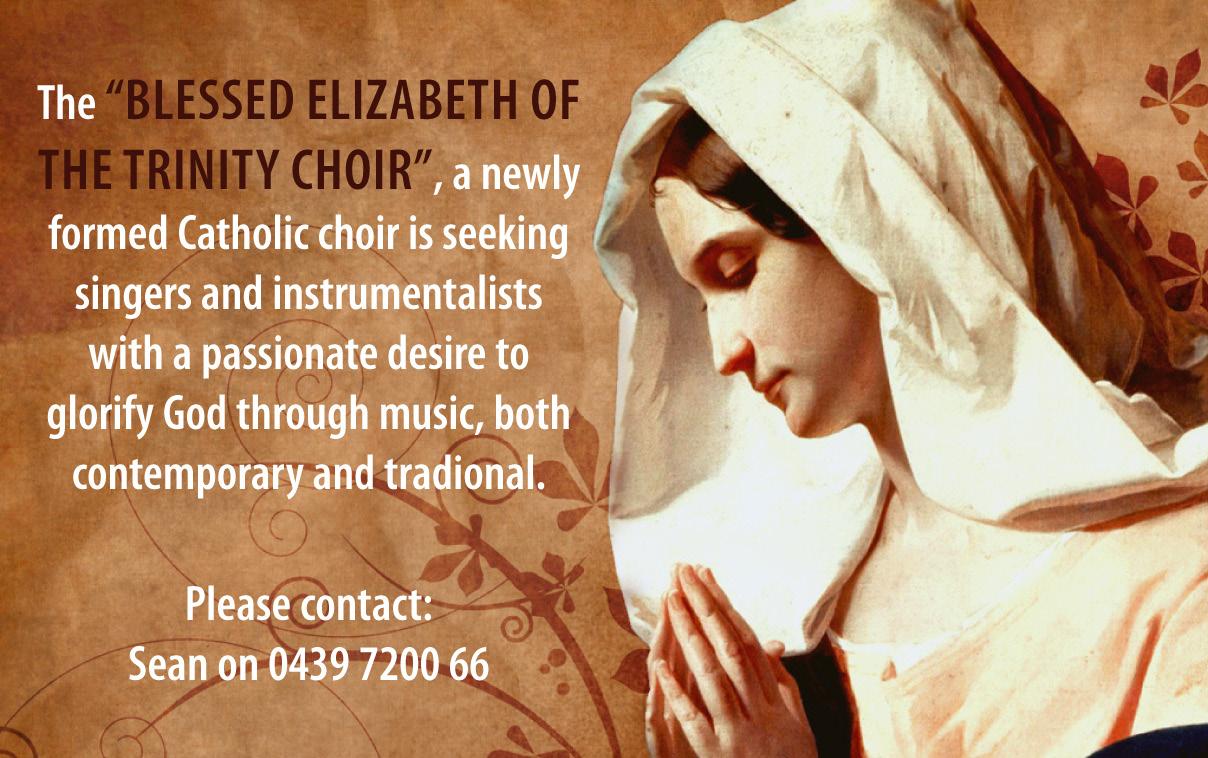
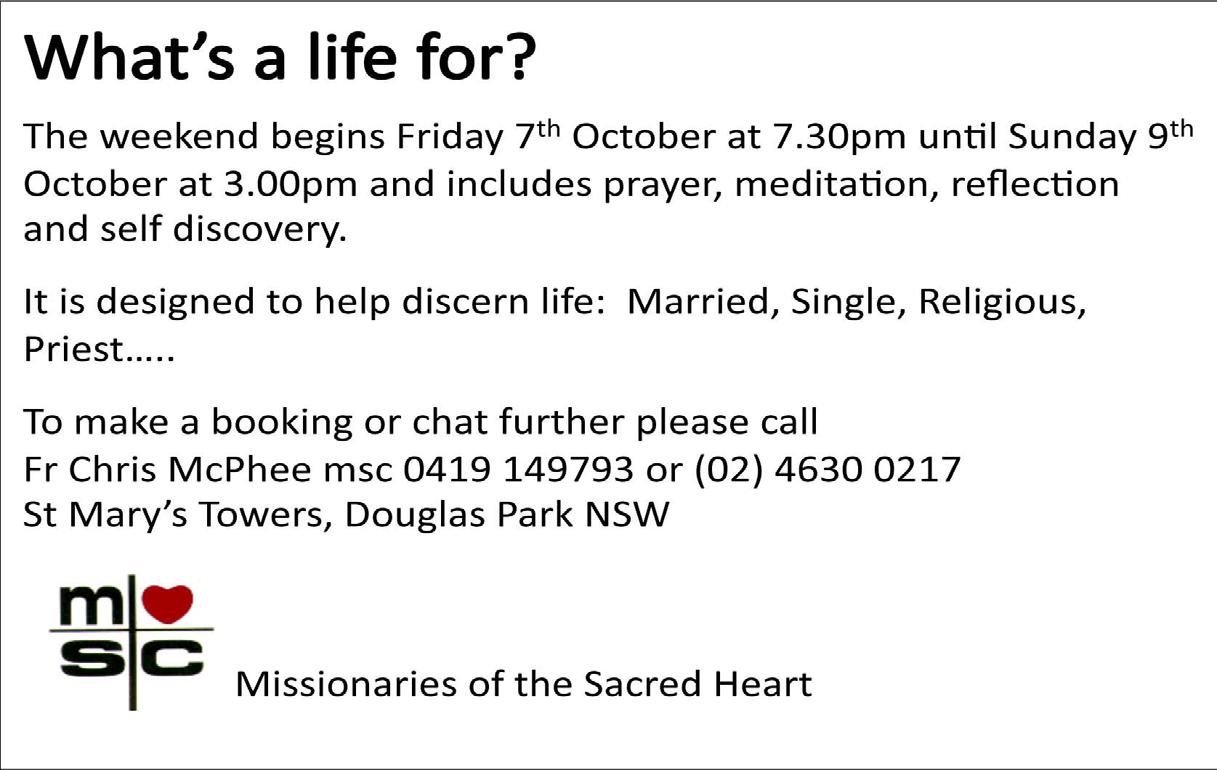
tration of the Church, the role of laity and “some more radical changes” hadn’t materialised.
“Young people, it seems to me, have not got that on their agenda”, the Archbishop said.
“They understand the essence of the Church: its encouragement to prayer ... to change their lives and to live by the Gospel. They’re not interested in changing the structures; all they’re interested in is following Christ and the Church provides the sacramental and other resources to do so.”
In what will be his fifth ad limina visit, the archbishop still has a sense
of awe when meeting the Pope.
“I see two thousand years of history; the authority he has and was given by Jesus Christ ...to hold the Church together and to guide wisely the affairs of the Church worldwide,” he said.
While meeting with the Holy Father is “a great privilege”, the “essence” of the ad limina is to meet with different Vatican congregations to discuss matters in the life of the diocese such as education, the sacraments and clergy. He expects to meet with around six different congregations, including the special council on evange-
lisation to talk about Perth’s newly launched Faith Centre. Nothing had dramatically changed in his approach to the meetings since he became Perth’s Archbishop in 1991 except, he said, that his own confidence had been built up in sharing the experience with other bishops.
“You think you have problems until you hear the problems of other people,” he said. The archbishop was jokingly equivocal when asked whether he has any specific matters he wanted to raise with vatican officials. “Not really, except what’s happened with my paperwork since I put in my resignation?” he said.
New translation of missal drives need for new signing
By RoBeRt HiiniLEANNE Potter looks quizical for a moment. It’s her week to sign for deaf and hearing impaired Catholics at St Denis’s, Joondanna and she’s hit a word she doesn’t know. Fr Paul Pitzen is giving the homily and explaining the reasoning behind the soon-to-be-implemented new words at Mass.
The problematic word is contained in the phrase “this is the chalice of my blood” which, from 27 November, will replace “this is the cup of my blood”.
No wonder Leanne is stumped. There is no such word as “chalice” in Australian Sign Language, or AUSLAN, a language all of its own, with its own grammar and syntax. Deaf and hearing impaired Catholics in Perth are going to change that; in fact, they have already started.
Leanne looks to her left where Barbara Harris of the Emmanuel Centre is sitting and Barbara shows her the sign for “chalice” that has only recently been devised. “Chalice” reflects the reality that Christ’s cup is a shared one, Fr Paul says, and that’s what the new sign reflects.
Just like “cup”, it’s a closed right hand fist on a flat left-hand base, except that both are rotated together in a circle, to show the
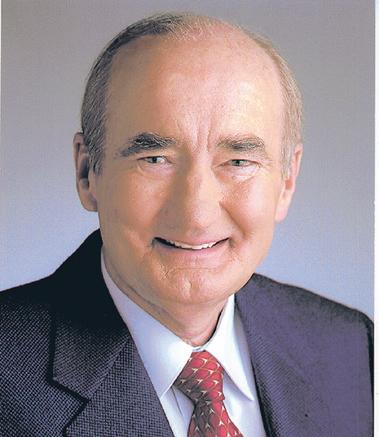
sharing of Christ’s blood. As far as Barbara knows, they are the only group in the country who are devising new signs for the new translation, and they’re sharing their learning with the rest of the parish.
Parish priest Fr Peter Porteous saw how the deaf community was educating itself about the meaning of the Mass as expressed in the new translation back in April.
Deaf and hearing impaired people shouldn’t miss out on the extra and more nuanced meaning.
“It was marvellous and I thought, I want this for the whole parish,” Fr Porteous said. What followed was a series of workshops on the new translation which have been running since June; for the entire parish, the parish council, eucharistic ministers and, on 15 October, for lectors. Display boards showing the course of salvation history and models of the temple have been on display in the parish foyer for over six months, with explanations of the changes featuring in
almost every parish bulletin. Both Fr Porteous and Barbara agree, in trying to understand the changes, you have to go back to the meaning behind the words.
“When you are doing sign you have to understand the linguistic and theological background,” Barbara says. The course they devised shows salvation history from creation to tabernacle, tabernacle to synagogue and synagogue to Mass, as it is today.
“The penny sort of drops with people and they realise, well, we’re not just starting something new,” Barbara says.
“As we cover salvation history people haven’t got hung up about the changes of the words.”
As a matter of justice, she says, deaf and hearing impaired people shouldn’t miss out on the extra and more nuanced meaning of the new translation.
Deaf and hearing impaired parishioners meet once a month at St Denis’s and are currently looking at the different signs used in Catholic liturgy from throughout Australia.
From there, they will continue to devise new signs that bring the new translation to life.
The parish plans to hold a final formation session for anyone who missed out on the earlier ones at a date yet to be announced.
Leanne Potter, of St Denis, Joondanna, learns and then teaches the new sign for ‘chalice’ for the hearing impaired. PHOTO: R HIINIResurrection explained for moderns
THE Resurrection in the 21st Century and the presence of Christ in the liturgy were two of the topics addressed by Father Gerald O’Collins at the 2011 Jesuit Studies lecture series, co-hosted by The University of Notre Dame Australia and the University of Western Australia in September.
Each year a Jesuit scholar is invited to deliver the lectures which were established to commemorate the strong connection between St Thomas More College and the Society of Jesus.
This year’s visiting professor, Australian born Father Gerald O’Collins SJ, emeritus dean of theology at Gregorian University in Rome, is known around the world as a lively and popular lecturer. He has been a visiting professor at universities in Ireland, Britain, the United States and Australia.
Fr O’Collins completed his doctorate at the University of Cambridge and spent 33 years teaching at the Gregorian University where he was dean of theology from 1985 to 1991.
The dean of the School of Philosophy and Theology, at Notre Dame’s Fremantle campus, Professor Matthew Ogilvie, said it was a privilege to have Fr O’Collins presenting at the university.
“He is a pre-eminent Australian theologian and one of the world’s foremost theologians of the Resurrection,” Prof Ogilvie said. “His lectures brought great clarity to the variety of Resurrection theories circulating today. He dealt authoritatively and sensitively with many other theologians and writers.
“Fr O’Collins’ lecture on the presence of Christ in the liturgy also helped clarify some issues that have become very important in the light of the new translation of the missal.
Fr O’Collins also presented at UWA, St Charles Seminary in Guildford and to the Benedictine monks at New Norcia. He has authored or co-authored 60 books including Rethinking Fundamental Theology (OUP) and Catholicism: A Very Short Introduction (also OUP).
Mediating God’s work in everyday life
By RoBeRt HiiniIT’S HARD to get fired up about the faith when you talk religion all day. And yet “refreshing” is how former Record journalist Anthony Barich described a recent experience with a Church movement which, in the popular imagination, is secretive and shrouded in mystery.
Anthony joined nine other laymen for an Opus Dei retreat at the Peace Be Still retreat centre in Bullsbrook on 16-18 September.It was not what he expected.
Most of the men were husbands and fathers who were less interested in talking shop about religious controversies than they were about getting on with living good lives.
“As parents you can get overworked and your kids can drive you nuts, to the point where you don’t even think about offering it up,” he said.
He put questions about his everyday struggles to an Opus Dei “numerary”– a celibate member of the movement who dedicates his life and most of his income to the movement.
If Anthony was expecting a vaunted, theological answer, he didn’t get one.
“He said, ‘Well, that’s where you take your wife out for a movie’,” Anthony recounted. “I expected him to say something like “say a Hail Mary” or “sanctify it by offering it up” but instead he’s telling me you need to grow the friendship that’s needed to grow marriage.
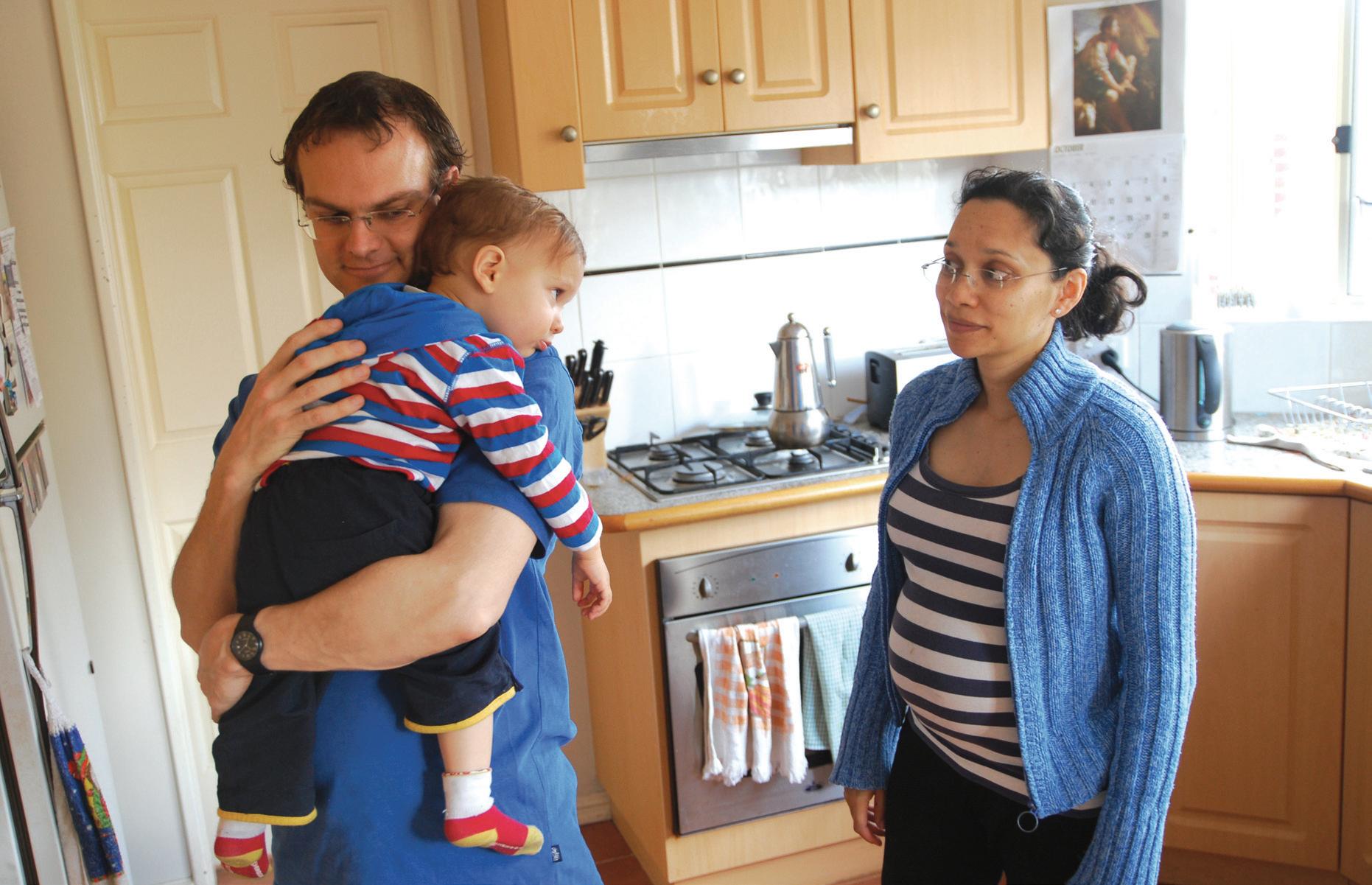
“I nearly fell over. It was disarming,” Anthony said. Holiness, he learnt, is not far from us in everyday life and lies in doing simple things for the glory of God – the message of their founder St Josemaria Escriva and inspired by St Therese of Lisieux.
Anthony Barich was a journalist at The Record for five years up until four months ago but left to
pursue an old-style living wage in resources publishing. He and wife Cheryl have a two-year-old son, Raphael, to support with another child on the way. Since leaving the world of work in the Catholic Church, he said he had struggled with questions familiar to a lot of Catholics: How do I live as a lay Catholic in the world?
How can my life as a husband,
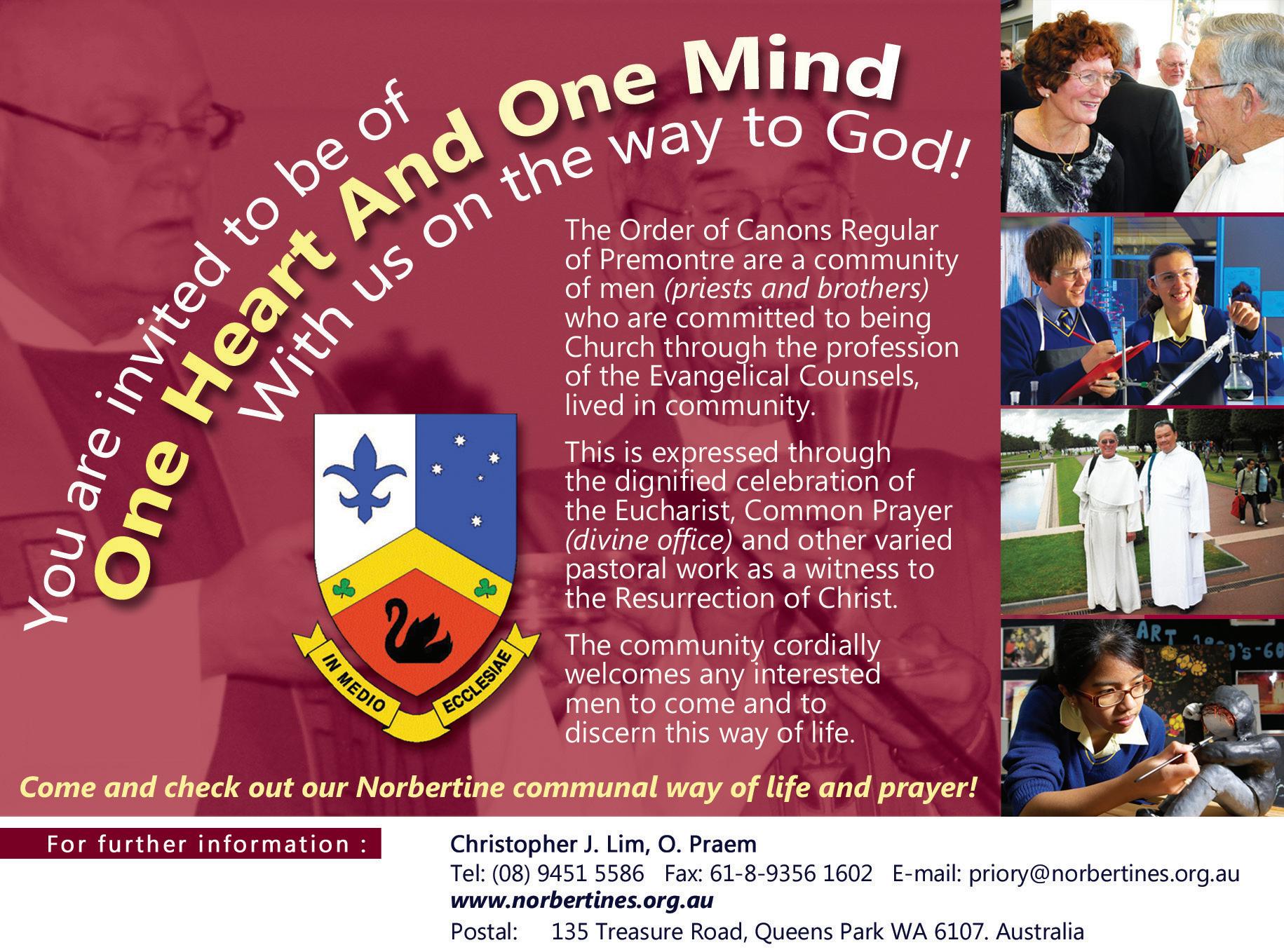
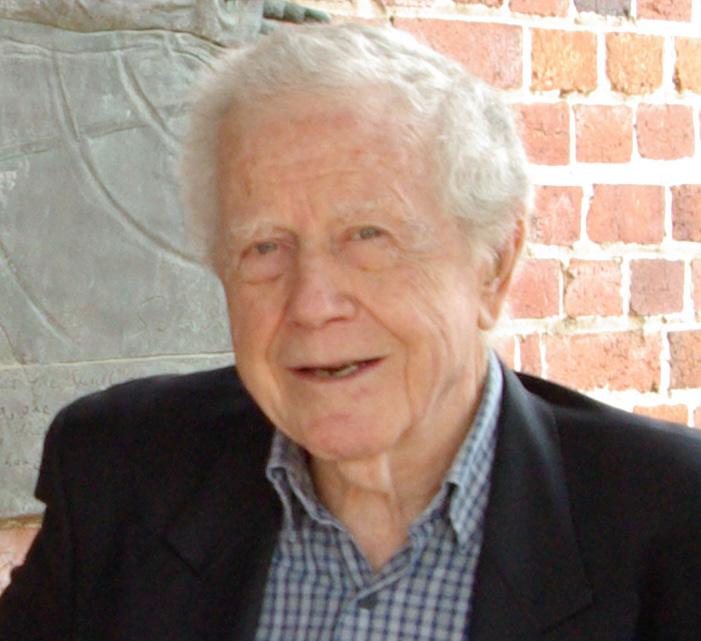
Students have poverty on the run
Continued from Page 1
looks after many severely disabled students who are, because of their disabilities, are unable to live at home.
“It is a wonderful place full of joy and love and probably the favourite place of many of our students who take part in the biannual Indian Pilgrimage,” Mrs Marya Stewart, Director of Christian Service at the college said.
The funds students have raised through the fun run have helped to feed and clothe the children over the years and also build the school that now provides education, occupational and physical therapy for the children there.
Every two years, a group of Year 11 Trinity students goes on a pilgrimage to India to work for a short time in Mithra.
father and worker be lived well, for God and for others?
He had found catching up with Opus Dei priests and numeries on a casual basis invaluable, he said.
“You feel like you’re talking about the footy but you end up walking out feeling like you’ve had spiritual direction. It hits me afterwards, and I think ‘Oh, great’.
“Real life’s their speciality.”
“It is a life-changing experience for each and every pilgrim,” Mrs Steward said.
The college describes its Christian Service programme as an “essential part” of its education, helping to foster growth in leadership. The programme is rooted in the 200-year-old tradition of Blessed Edmund Rice, the founder of the Christian Brothers.
Maranatha Centre for adult faith
Future’s bright with caring youth
By Mark reidyTHE DEDICATION and hard work of the Young Vinnies group at Sacred Heart College in Sorrento was recognised by WA’s Minister for Youth, Robyn McSweeney, when she announced them the winners of the 2011 Positive Image Award on September 15.
The award, which was first presented in 1998, recognises secondary school students, who as a group, team, class, year, or whole school, make a significant contribution to improving the image of young people in their community.
Ms McSweeney acknowledged that the judging panel had found it difficult to select this year’s winner but said the eight students involved in Sacred Heart’s Young Vinnies group had been chosen because of their dedication to breaking down socio-economic barriers within the community.
“The group has provided meals for the homeless, secured donations for people in need and organised picnics and other interactive days with refugee children and the elderly to encourage age, socio-economic and racial equality,” she said.
Sacred Heart was one of two Catholic schools to make the final four. Aranmore Catholic College in Leederville was recognised for its Mana Ora Youth Leadership Program, which has been successfully empowering Maori teenage boys, both as leaders and in secondary education.
The other two finalists were Newton Moore Senior High School in Bunbury and the Mt Barker Community College.
Mrs McSweeney said she recognised many future leaders and decision makers in this year’s finalists and commended them all for the great inspiration they would provide to others across the state.
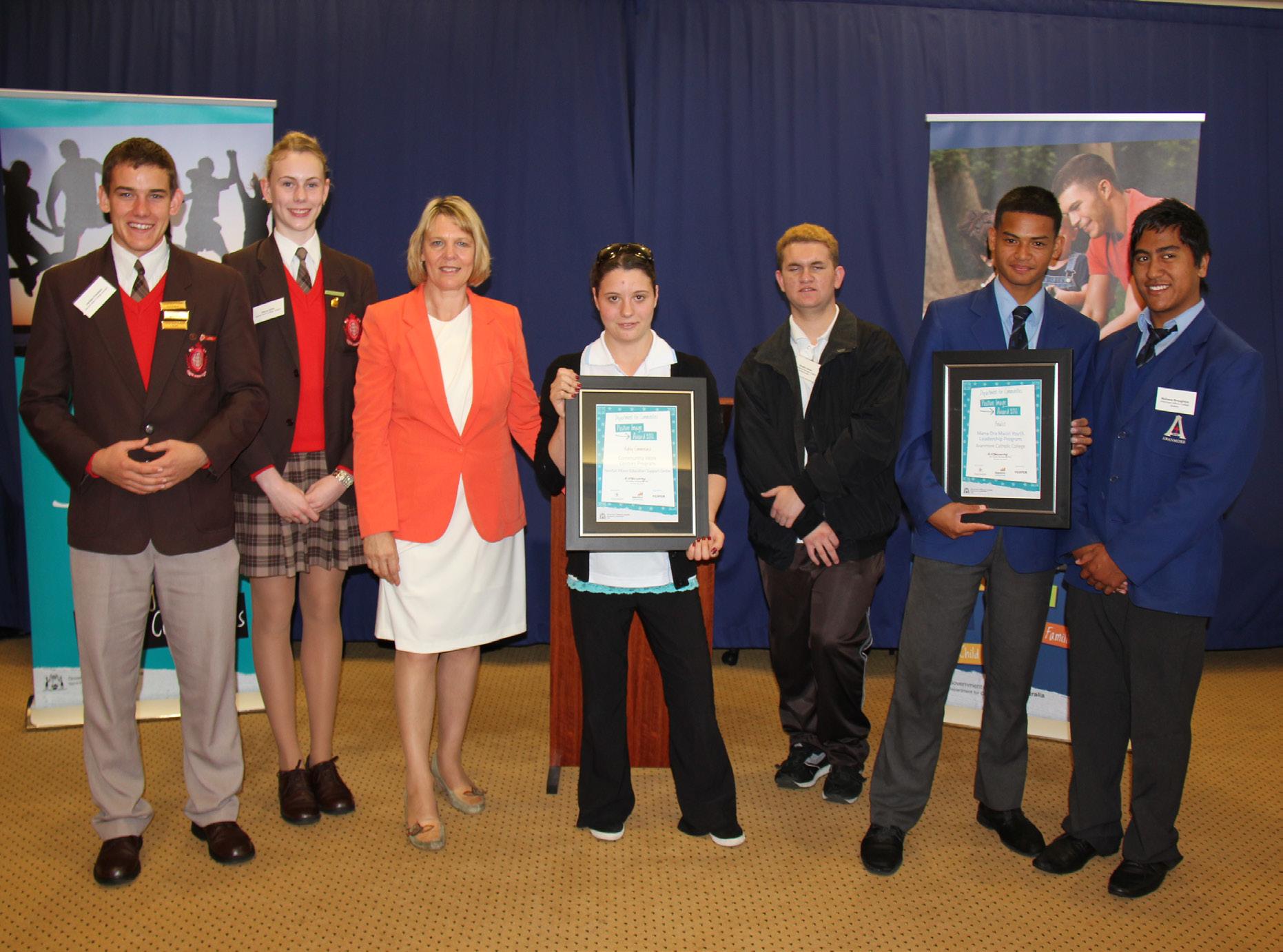
Can-do cantor leads the way
By Juanita ShepherdIN ABOUT the 4th Century, Christians adopted the role of cantor, or chief singer, from Judaism.
The cantor is the chief singer in a church, with responsibilities for the ecclesiastical choir. The traditional role of cantor has evolved over the centuries, and plays an integral part in today’s church life.
The principal cantor of St Mary’s Cathedral, Daniel Mullaney, said, “The role of the cantor is to lead people in singing. It is different from a soloist.”
Mr Mullaney was born in Scotland and moved to Perth in 1994. At the age of 11 he auditioned for the cathedral choir. “My audition was after Mass, so I sat with
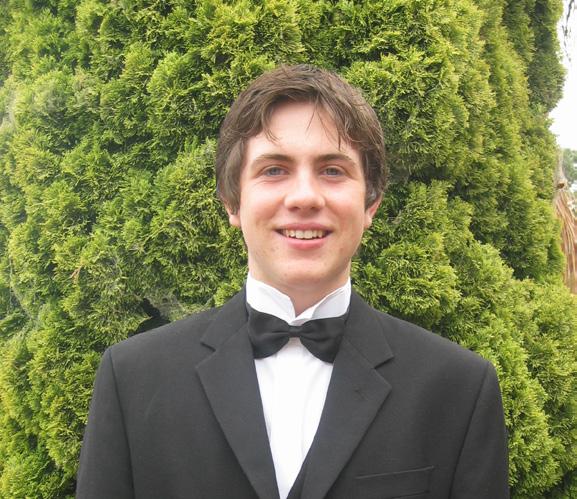
my parents and watched the choir. I had never seen a professional choir before, and I was nervous.”
Mr Mullaney successfully passed his audition, and his first mass as a member of the choir was memora-
ble: “I nearly passed out because of the incense in the sanctuary.”
In 2006 Mr Mullaney became the principal cantor. “The cathedral has five cantors and one main one,” he explained.
The cantor’s locality in the church is most generally to the right of the choir, and directly to his left is his assistant, formerly called the “Succentor”.
A common custom for cantors is the bearing of the staff, which was the mark of his dignity and a visual representative of his sacred role inside the church.
This custom still survives in some places.
“We all have to wear our choir robes,”Mr Mullaney said, “but we do not carry a staff.”
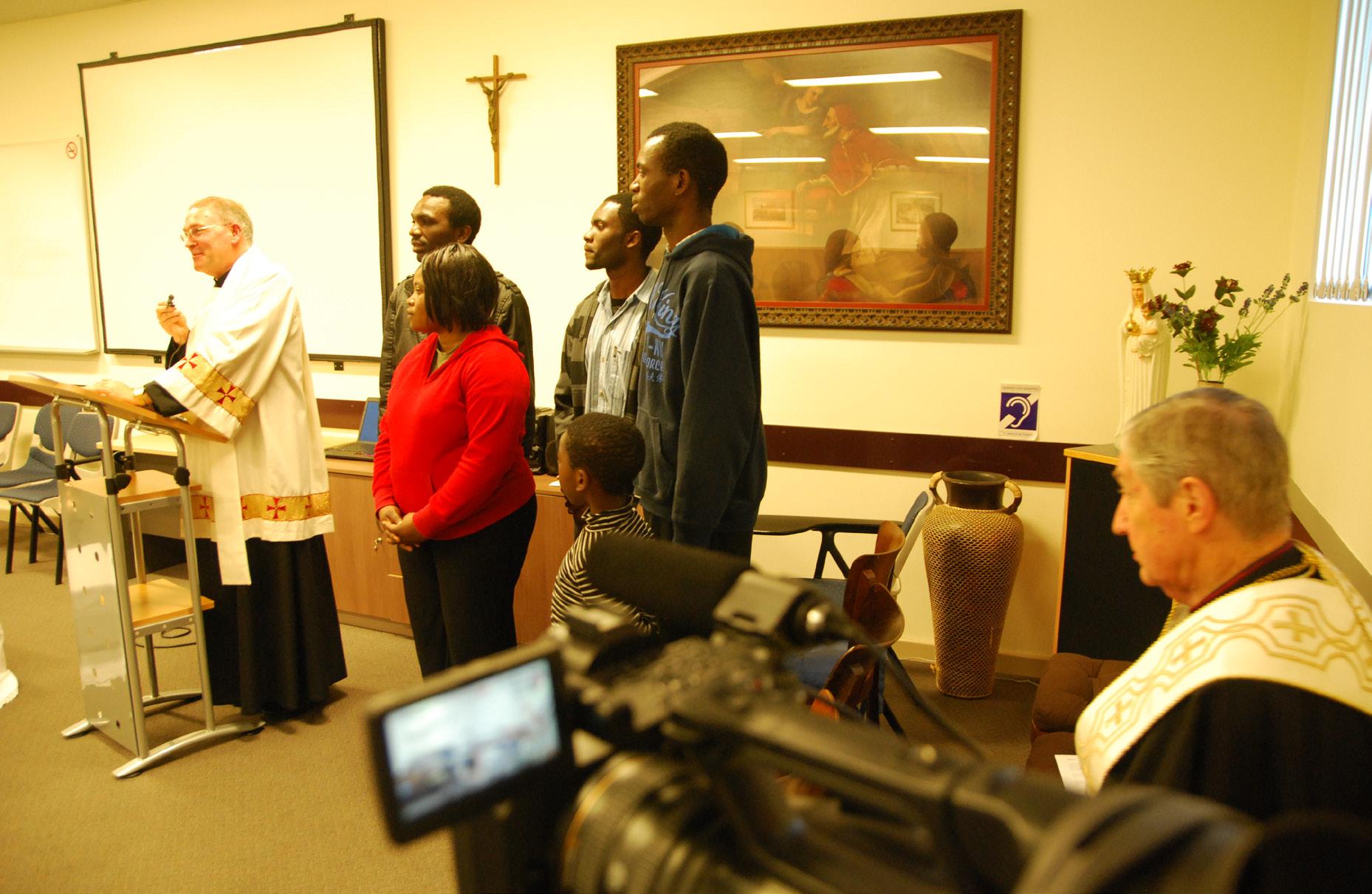
Everyone is worth saving: new centre opens
From Page 1
Archbishop Hickey said the primary principle of the centre would be that the first step in evangelisation was proclamation of the Word of God – that God loved all people, that Jesus died for everyone and had won them the possibility of salvation; in short, everything their hearts could desire.
So many Christian groups were
already out in the world seeking converts, often leading people to a dead end, he said.
While the Catholic Church was clearly facing intense hostility to do with issues such as sexual abuse, a phenomenon that had become a tremendous scourge, Catholics could not give up.
“We can only beg pardon and go onwards,” the archbishop said.
In launching the new centre,
Archbishop Hickey answered a question which has been asked by many in the archdiocese: Why, given his official duties as archbishop appear almost to be at an end, has he put so much time and effort into launching the centre now?
Something like the centre had been on his mind for many years, he said, but until recently he had not had the means to make his vision a reality.

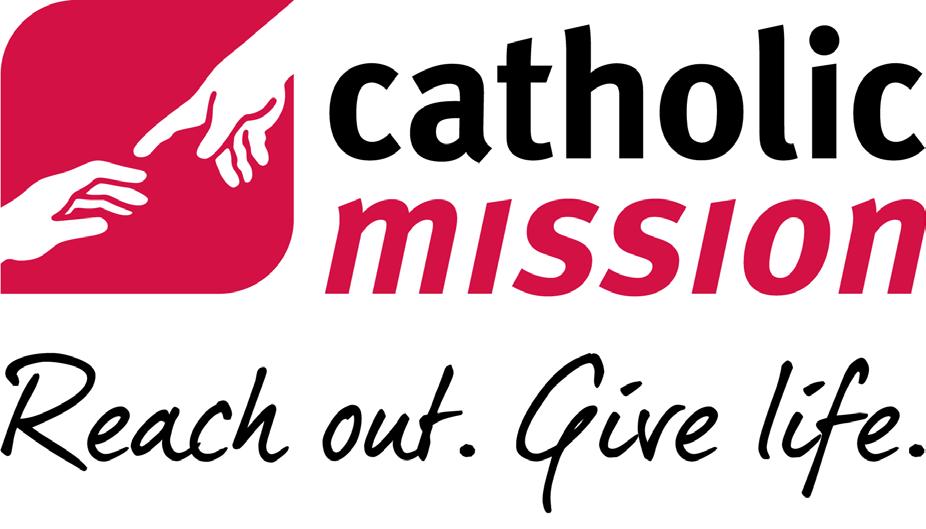
Rockingham lady keeps on keeping on
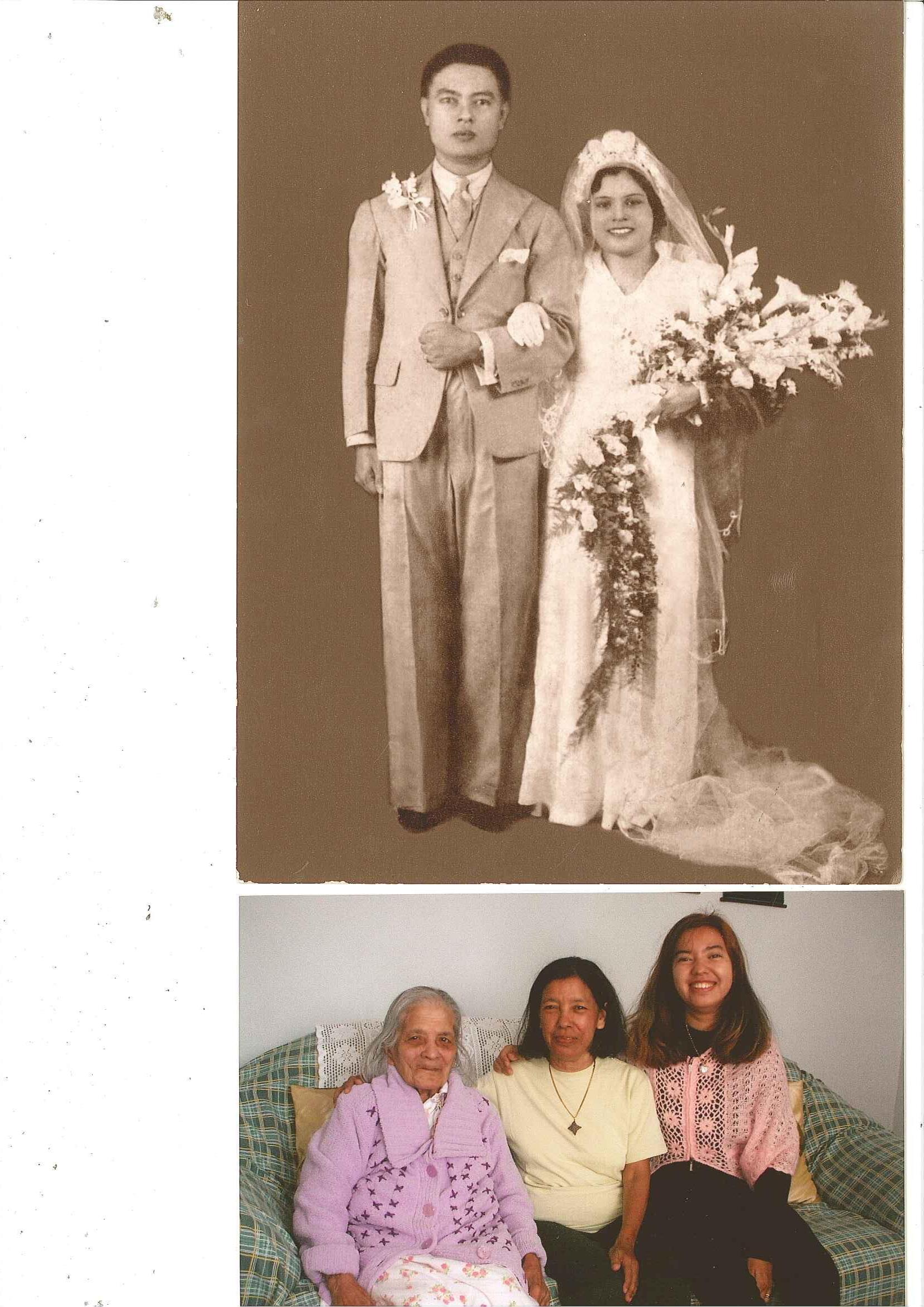
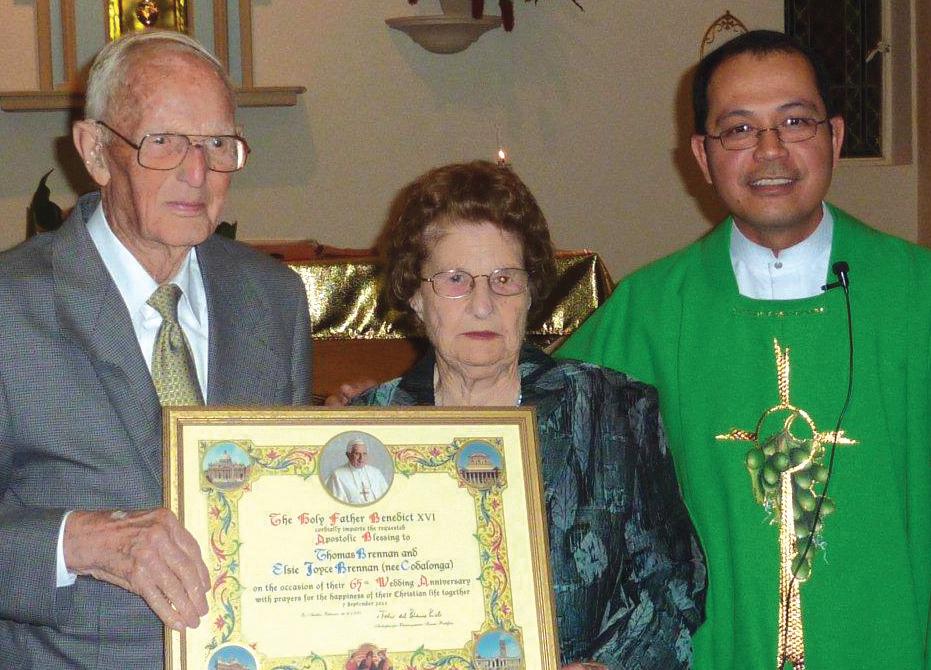

iini be difficult being Catholic in the country but with the help of God, beautiful things do happen. Mass attendance in Beverley, 130km east of Perth, is somewhere between 10-30 people each fortnight but the community was buoyed when nine-year-old twins, Joe and Billy Byworth, received their first Holy Communion last Eleven-year-old sister Millie was confirmed during the same Mass by Archbishop Barry Hickey, taking the confirmation name of St Maria Goretti. The archbishop was there to impart the sacraments as part of his visitation to the parish of
York, accompanying parish priest Fr Steven Cooney OPraem as he attended to three of his four parish Mass centres (York, Brookton, Pinjelly and Beverley).
The combination of distance and low numbers meant it was sometimes difficult to be Catholic out in the country, Inez Byworth, the children’s mother told The Record Inez and her husband, Stephen, grew up in Tuart Hill and moved to Beverley before they had any children. Stephen works as a handyman at the local state school while Inez cares for their five children, including Jack, 14, and Rosalie, 13, who read at the Mass.
Inez said life in the area must have been very different for Catholics in
TOM AND Elsie Brennan of Rivervale celebrated 65 years of marriage recently in the parish church of St Augustine with family, friends and parishioners, among whom were several Presentation Sisters. Parish priest Fr Nelson Poh officiated and gave Tom and Elsie a special blessing before presenting them with a Papal blessing. Tom and Elsie also received a special certificate of commendation from Archbishop Hickey.
earlier times. “I was speaking with an older lady. There must have been a Catholic school near, run by nuns. She has fond memories of it,” Inez said.
“I’m sure there’s lots of Catholics [in the area] but not many young people come.”
That didn’t affect the “really wonderful day” the family had on Sunday 2 October when Millie, Joe and Billy received the sacraments.
The previous day, Archbishop Hickey confirmed two boys, Cameron and Lochlan Durie, at St Anne’s in Pingelly, followed by refreshment at the Pingelly Country Women’s Association arranged by CWA president Talma Eva, who is also a committed parishioner.
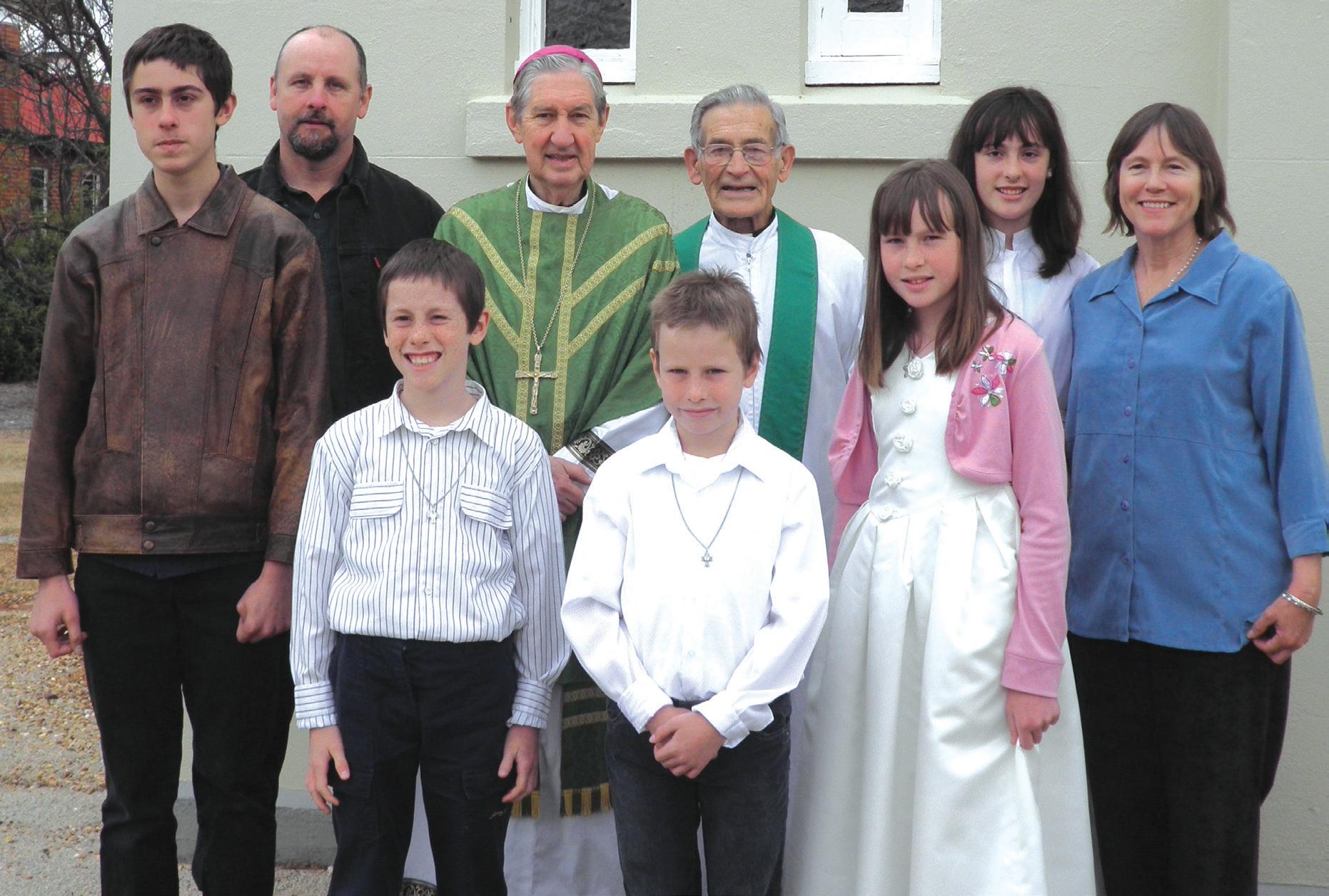

Vatican questions nuclear power
By Kristin GoBBerGVATICAN CITY - A Vatican official has told members of the International Atomic Energy Agency that this year’s nuclear disaster in Japan has raised new concerns about the safety of nuclear plants around the world.
In a speech at the agency’s headquarters in Vienna, Monsignor Michael Banach questioned whether nuclear power plants should be built and operated in areas prone to earthquakes and whether plants
Pope lauds German trip as a “festival of faith”
By CinDy WooDenVATICAN CITY - Pope Benedict
XVI was happy to see “faith in my German homeland has a young face, is alive and has a future.”
At his weekly general audience, he told 10,000 pilgrims and visitors his trip was a true “festival of faith,” and his liturgies and Masses, meetings with public officials, other Christians and Jewish and Muslim representatives “helped us see once again how it’s God who gives the deepest meaning and true fullness to our lives; in fact, he alone gives us, gives everyone, a future.”
Pope Benedict said it was “particularly moving” to meet in Erfurt with 98-year-old Mgr Hermann Scheipers, “last surviving priest from the Dachau concentration camp.” The Nazi camp had a special section for priests and ministers who had spoken out against the Nazis. Mgr Scheipers was arrested for ministering to forced labourers from Poland. More than 2,500 Catholic priests were imprisoned in Dachau, and more than 1,000 of them died there.
The Pope also spoke briefly about his meeting in Erfurt with five victims of clerical sexual abuse. He said, “I wanted to assure them of my sadness and my closeness to them in their suffering.”
Pope Benedict said he was honoured to be the first Pope to address the German parliament and he wanted to lead the legislators and all citizens in a reflection about the relationship between faith and freedom, and the importance of moral values having an impact on the way people live together in society.
The 84-year-old Pope said since he was a young man, “I had heard people talk about the region of Eichsfeld, a strip of land that always has remained Catholic despite various historical events, and about its inhabitants who courageously opposed the dictatorships of Nazism and communism.”
The text of the Pope’s remarks in Spanish is posted at www.vatican.va.
that already exist in such areas should be shut down.
Last March, an earthquake and tsunami that claimed 24,000 lives in Japan triggered an explosion at a nuclear power plant in Fukushima that contaminated air and water with radioactive material. More than 200,000 people were evacuated from the area and the radioactive zone was said to be bigger than that created by the atomic bombs dropped on Hiroshima and Nagasaki in 1945.
Mgr Banach, the Vatican’s rep-
resentative to the nuclear agency, commented on the repercussions from the nuclear meltdown.
“The nuclear crisis in FukushimaDaiichi raises many basic questions which need to be addressed so as to improve the planning and management of nuclear power plants in accordance with the highest standards,” he said.
“It revealed that the world is exposed to real and systematic risks, and not just hypothetical ones, with incalculable costs and the necessity of developing an
international political coordination, the likes of which have never been seen,” he said.
The long-term effects of the disaster include economical, medical and rebuilding costs in one of Japan’s richest agricultural areas.
Mgr Banach asked members about properly maintaining current plants and destroying old plants.
“Does nuclear fission technology, or the construction of new atomic power plants, or the continued operation of existing ones, exclude human error in its phases
of design, normal and emergency operation?” he asked.
“To all these questions, there must also be added those concerning political will, technical capacity and necessary finances in order to proceed to the dismantling of many old nuclear reactors,” he said. In his speech, Mgr Banach also mentioned the importance of preserving cancer-control programmes enacted by member states and encouraged the agency to continue to pursue and strengthen these programmes. CNS
Clown entertainment to distract Bolivian kids
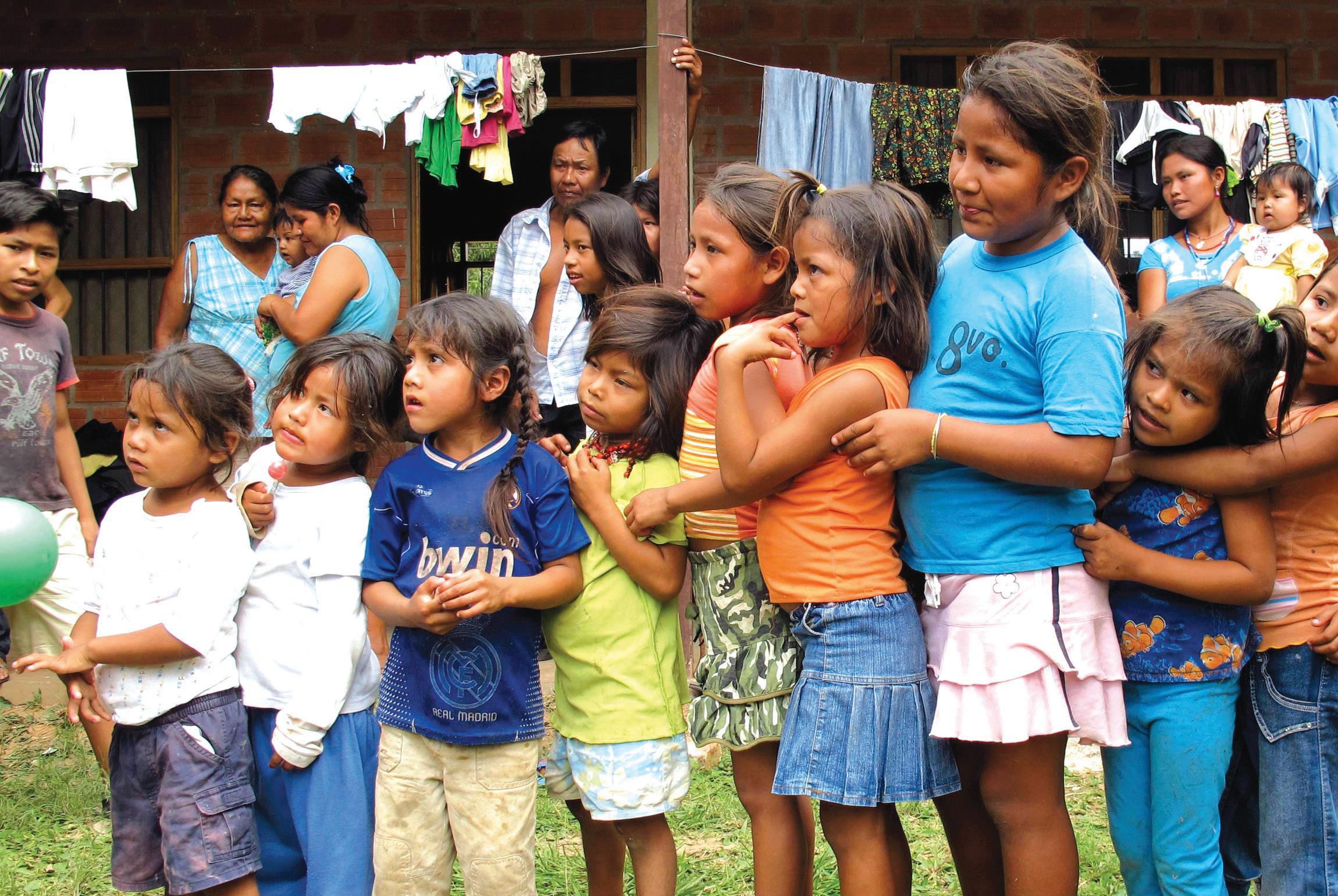
Violence targeted in Nicaraguan males
By Liz QuirinMATIGUAS, Nicaragua - Women in Nicaragua, often too timid to speak for themselves, have been beaten and sometimes killed by partners or husbands who were unable or unwilling to see this as a crime, as unacceptable, as a way of life that needed to be changed.
The UN High Commissioner for Refugees reports that nongovernmental organisations “estimate that up to 60 percent of women have been physically abused by a partner at least once.”
Enter Catholic Relief Services (CRS) and its partner agency, Caritas Nicaragua, which joined forces to reduce violence against women by providing programming for men.
Women do not need to be convinced that using violence in their homes can hurt or kill them. They already know all too well what can happen when machismo takes over, said Hugh Aprile, CRS country representative for Nicaragua.
Operating from the machismo concept, men have an exaggerated sense of masculinity that promotes
their courage, virility, dominance over women and aggressiveness, Aprile added. When that “cocktail” is stirred, women can become the object of dissatisfaction or rage.
The two church agencies began 12 pilot programmes in three areas in the central part of the country near Matiguas.
There, training began for the programmes to convince men to change their behaviour toward women in their lives, especially their wives or partners.
It takes more than a village to change men’s behaviours, especially
when women may not be assertive.
For them, the changes were uncomfortable at first, one woman said.
The programme “is a benefit for the whole community,” said Ariel Andrades, one of the men recruited for the programme.
He said he had been “rough” with his wife, had no desire to hold or care for his son and never helped his wife in the house. “I didn’t feel like that was part of my job,” he said.
After going through the programme, he said, he sees the value for his family.
Mexico City archdiocese addresses abortion law
By DaviD aGrenMEXICO CITY - A challenge to a pair of constitutional amendments prohibiting abortion in two Mexican states has failed, meaning the measures will remain intact.
At least four of the 11 judges on Mexico’s Supreme Court indicated during oral discussions they would vote against a measure presented
by a fellow justice advocating the amendments be declared invalid.
Eight judges are needed to overturn a state-level constitutional amendment.
“Our federal constitution recognises as the holder of rights the product of conception, per se, with independence from the rights from the mother,” Justice Jorge Pardo said during the discussions.
The court began discussions in September on the legality of constitutional bans – approved in the states of Baja California and San Luis Potosi – that declare life begins at conception.
The court challenge sparked alarm for the Archdiocese of Mexico City which questioned how the court could consider overturning the amendments, since it ruled
in 2008 that any state government could set health policy as it sees fit.
“The issue is very simple: The states of the republic have the right to defend human life just as Mexico City expressed its right not to,” the archdiocese said in an editorial in its publication, Desde la Fe
The editorial took issue with the supreme court for failing to decide the legality of abortion, and focus-
ing instead on jurisdictional matters.
In 2008, the court ruled, 8-3, to uphold a Mexico City law decriminalising abortion during the first 12 weeks of pregnancy.
Eighteen states subsequently passed amendments to their state constitutions placing restrictions on abortion.
Knowledge the key to defeat violence
By kristin GoBBerGJAKARTA – Indonesian church leaders met in an emergency session to call for calm after a suicide bomb attack on a Protestant church, the Vatican missionary news agency Fides reported.
The 25 September attack on a church in Solo, which killed the bomber and injured more than 20 people, was the latest in a series of violent acts against the Christian minority in the Ambon region.
Archbishop Johannes Pujasumarta of Semarang, who
Jerusalem needs more Christian pilgrims
By Patricia ZaPorTHE LATIN patriarch of Jerusalem says the dwindling population of Christians in his city needs to be bolstered by the support of Christians around the world and by their visits as pilgrims.
The Christian population in Jerusalem was about 10,000 – Catholics, Protestants and Orthodox Christians combined –with about 240,000 Muslims and 455,000 Jews, Patriarch Fouad Twal told Catholic News Service
He said the small number of Christians “reminds us about the words of the Lord, ‘You will be the salt of the earth,’ and salt is the small quantity.”
Just as only a small amount of salt was needed to flavour food, he said, “I hope we can do our work as a small, small group, to be an example of witness, of charity, to be a bridge between these people, to be an element of peace, an element of tolerance.”
A significant portion of his work as patriarch of Jerusalem –the equivalent of an archbishop for a patriarchate that includes all Latin-rite Catholics in Israel, the Palestinian territories, Jordan and Cyprus – includes travelling the world to visit displaced Christians from the region.
He noted that last year’s Synod for Bishops on the Middle East included a focus on the diaspora “and our obligation to visit them and their obligation to come back or to help with a project as much as possible”.
He recognised the key to making that possible was peace, he said. But until that day came, he said he asked people to help with various efforts “and to not forget those who are still there”.
The Pope, King Abdullah of Jordan and Israel’s President Shimon Peres were among the leaders who encouraged him to keep up that effort. “They have often told me, please keep your people in the Holy Land, don’t lose them.”
“We don’t need only all the beautiful buildings, all the antiquities,” Patriarch Twal said. “We want this living community, these living stones. That’s why we are doing our best to give them hope.”
He said one thing that gave Christians in Jerusalem hope was when pilgrims come. “We need any parish priest to come with his parish group, from all Palestine, Jordan and the Arab countries, to visit the Holy Land, to visit Bethlehem and Jerusalem,” he said. But the threat of violence and the unsettled political situation made it very difficult for nearby Christians to visit.
“When we see pilgrims in the Holy Land, it says, ‘You are not alone, we are with you’,” he said. CNS
visited the church and consoled victims, helped organise an emergency summit in Jakarta 26 September with representatives of the Indonesian Communion of Churches, the Indonesian bishops’ conference, and the Islamic Youth Movement, Ansor.
A statement issued by participants urged people of all faiths to refrain from violently responding to the attack since “the language of violence does not solve any problem,” Fides said.
The president of Ansor, Nusron Wahid, said at the summit that “it
is urgent to continue to educate young people to authentic religious teachings, refusing terrorism in the name of religion.”
An interfaith prayer service was being organised in Solo to underline that “religions should be a source of spiritual inspiration to strengthen national unity,” said Fr Benny Susetyo, secretary of the Indonesian bishops’ Commission for Interreligious Dialogue.
Indonesia’s President Susilo Bambang Yudhoyono said the church bombing was connected with an extremist Islamic group
Wharehouse of the Lord
that earlier this year attacked Indonesian police officers as they were praying in a mosque. DNA tests confirmed that the suicide bomber in Solo was Pino Damayanto, a terrorist suspected of planning the previous bombing, according to a national police spokesman.
After the suicide bombing, Indonesian police found two unexploded bombs outside two Protestant churches in Ambon and believed the same terrorist group may also be responsible for those planned attacks.
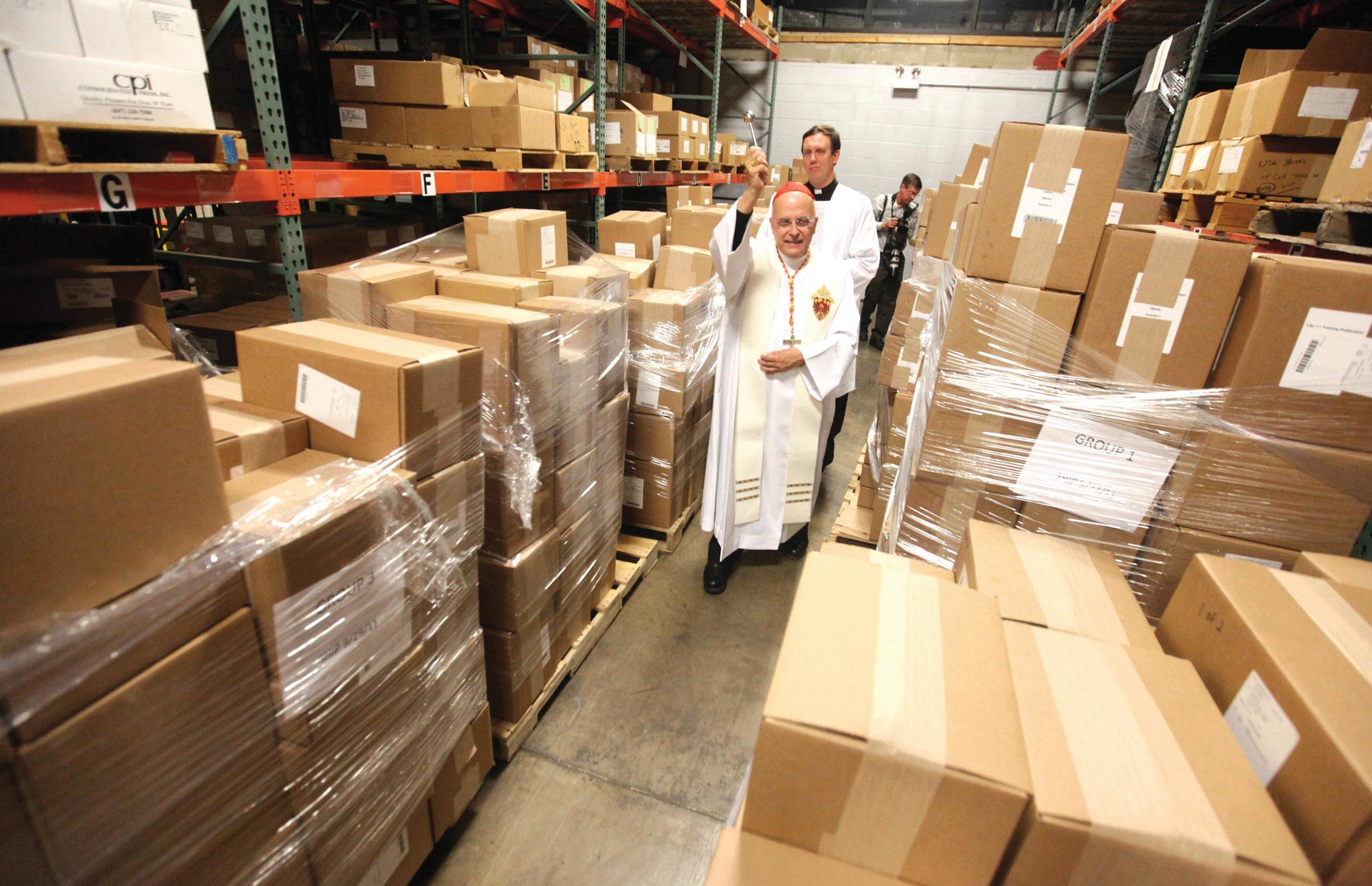
Zenit and founder part ways
VATICAN CITY - The founder and editorial director of Catholic news agency Zenit has resigned, citing problems of trust and transparency with Zenit’s sponsoring organisation, the Legionaries of Christ. Spanish journalist Jesus Colina, who established Zenit in 1997 and helped build it into a seven-language agency with about 450,000 email subscribers around the world, said he had been asked to resign because he resisted pressures to identify the agency and its work more closely with the Legionaries.
Mr Colina made the announcement in an email sent to Zenit personnel on 28 September.
Mr Colina said one issue of contention was that Legionary officials were less than candid with Zenit about the facts regarding the scandal surrounding the late Father Marcial Maciel Degollado, founder of the Legionaries, who was discovered to have sexually abused seminarians and fathered children.
Colina said his resignation was requested by Fr Oscar Nader, the new president of Zenit’s governing
council. The reason given, he said, was that “my activity in the world of Catholic communications does not demonstrate the institutional dependence of the agency on the congregation of the Legionaries of Christ, an identity that will from now on be underlined”.
Another issue, Mr Colina said, was a debate over the financial transparency of Zenit. Although the order promised to establish separate financial accounts, nothing has been done, Colina said. This caused a “crisis of trust”. CNS
ITALY
Berlusconi subject of not-so-veiled criticism
The head of the Italian bishops’ conference has condemned the “licentious behaviour and improper relations” of Italy’s political class, in what is seen as the strongest Church criticism to date of prime minister Silvio Berlusconi. “It is sad to see the deterioration of public morals and language,” Cardinal Bagnasco said in an address to Italian bishops. “It is especially mortifying to witness behaviour that is not only contrary to public decorum but also intrinsically wretched and empty,” he said. The remarks came four days after Pope Benedict XVI, in a telegram to Italian President Giorgio Napolitano, called for an “ever more intense ethical renewal” in Italy. Although the pope named no names, his comment was also seen as a criticism of Berlusconi.
KENYA
Elections should go ahead as planned
Bishop Cornelius Arap Korir of Eldoret has urged the Kenyan government to end its push to postpone the 2012 presidential and parliamentary elections. The country’s constitution requires the election to be held on August 14, but Kenya’s cabinet has proposed a constitutional amendment that would delay the vote until December 17. “As the Church we are not going to accept politicians [that] play with the law and, as such, the country should go for election as stipulated by the law, and that is August not December, as proposed by ministers,” Bishop Korir told Catholic News Service. The National Council of Churches of Kenya also opposed the constitutional amendment, the Daily Nation newspaper reported.
VATICAN
Media called to set aside time for silence
The Pope is asking media professionals and viewers, listeners and readers to set aside time for silence. “Silence and Word: Path of Evangelisation” is the theme for World Communications Day 2012.
The Pontifical Council for Social Communications, which coordinates the observance, said in the Pope’s thinking, “silence is not presented simply as an antidote to the constant and unstoppable flow of information that characterises society today, but rather as a factor that is necessary for its integration.” Silence, the council said, favoured discernment and reflection. It was an indispensable part of welcoming the message the Word was communicating. AGENCIES
Nobel laureate planted seed that grew
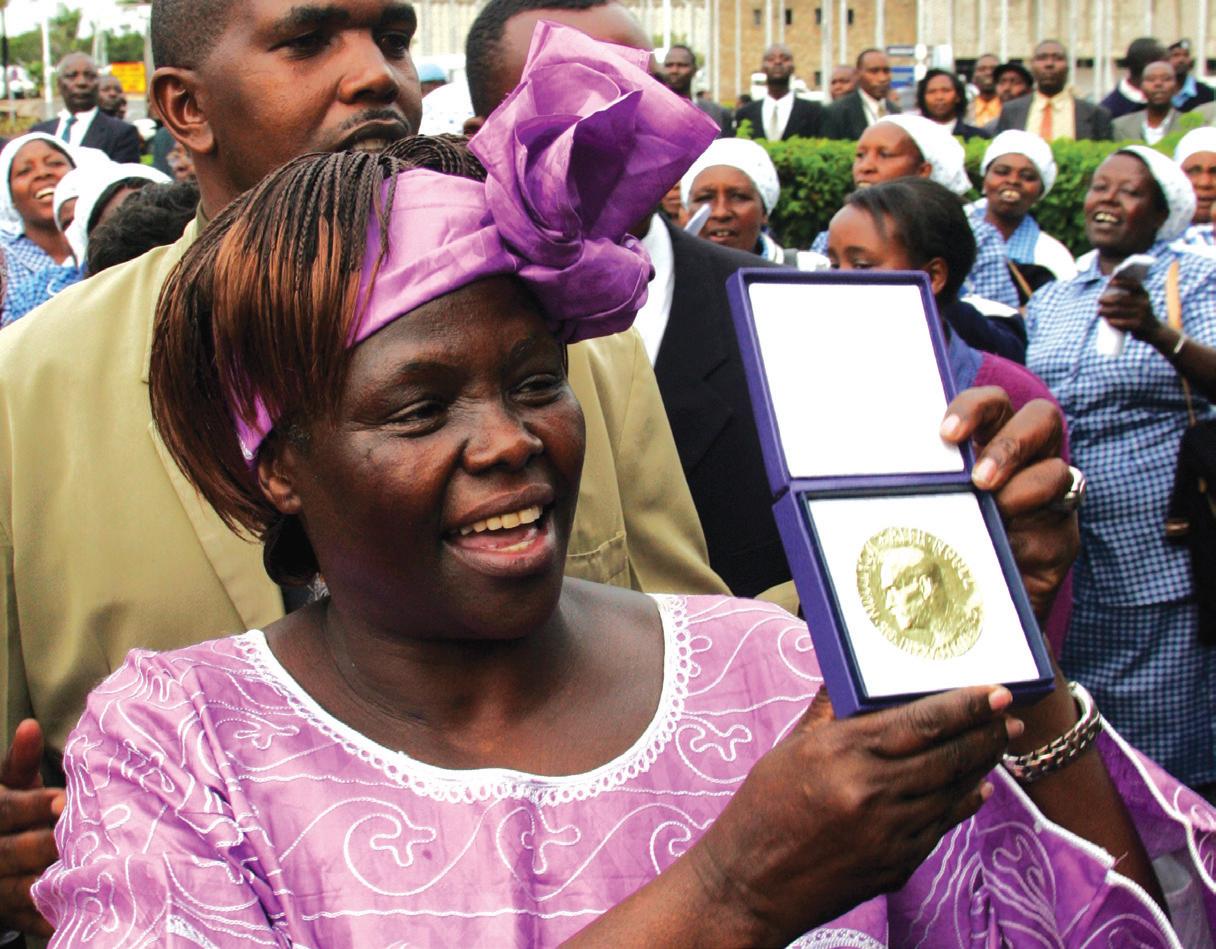
By
Dennis saDowskiWASHINGTON – Wangari Maathai, a Catholic environmentalist and political leader who became the first black African woman to win the Nobel Peace Prize for her efforts to empower women to work for environmental, economic and social justice, died on 25 September after a bout with cancer. She was 71.
A graduate of Mount St. Scholastica College (now Benedictine College) in Atchison, Kansas, with a degree in biology, Maathai became widely known and respected for her efforts on behalf of environmental sustainability through tree-planting campaigns that developed around the world.
Her efforts in founding the Green Belt Movement and on behalf of human rights in chal-
lenging former Kenyan dictator Daniel arap Moi were awarded with the 2004 Nobel Peace Prize.
In 1989, Benedictine College named Maathai, who was known as “Mary Jo” at the school, as a co-winner of its Offeramus Medal, established by the school in 1957 to recognise alumnae “who have served others significantly in the spirit of Christ”.
In a 2004 letter, Maathai said the college’s Benedictine Sisters “made the Mount my home and gave me the most wonderful four years, which have partly made me who I am and may ever become”.
In 1971, Maathai became the first woman in East Africa to receive a doctoral degree, graduating from the University of Nairobi. She received a master’s degree from the University Pittsburgh in 1966 before returning to newly independent Kenya.
Zambia president has 10 commands
By Mwansa PintuLUSAKA – Zambia’s first elected Catholic president has told members of his parish he will base his rule on the 10 Commandments.
President Michael Sata, 57, elected on 20 September, also commended the Catholic Church for the role it played in ensuring the nation held peaceful elections.
Mr Sata, a member of St. Ignatius Parish in central Lusaka, told fellow parishioners on 25 September his government would embrace the
fight against corruption because the Seventh Commandment states “Thou shall not steal”. He said his government would prosecute anyone who stole despite their socioeconomic status or party affiliation.
The new president said he would ensure equal distribution of wealth among all Zambians, saying he would not want to see a situation where his children had three meals a day while others had none.
Sata, who grew up in a Catholic family in Mpika Diocese in northern Zambia, also emphasised the need
for people across the country to love one another and embrace reconciliation. He commended Church officials for preaching about reconciliation and said his government would embrace Catholic ideas of discipline and serving the people.
Earlier, Sata and his wife, Dr. Christine Kaseba, who regularly attend the 6am Sunday Mass at St. Ignatius, were blessed by the congregation.
Fr Charles Chilinda, the parish priest, prayed that God would grant the president wisdom, knowledge
and good judgment so he could effectively govern Zambia.
The priest said the president’s crusade against corruption would not be successful if people did not get rid of corrupt practices.
“Corruption starts from within us,” the priest said. “You can cry about the lack of medicines in hospitals, but if you steal medicines in hospitals, can the patients ... access these medicines?”
The president of the Zambian bishops’ conference, Bishop Ignatius Chama of Mpika, urged
Mr Sata to embrace all Zambians, regardless of their political affiliation, as Jesus and the Catholic Church did.
Mr Sata replaced Rupiah Banda, who took over leadership of the state after the death in office of Levy Patrick Mwanawasa in 2008 and won the presidential election in October of that year.
In the year before September’s election, Church leaders spoke out against actions by Banda’s government, which accused the Church of favouring opposition leaders. CNS
US executions revive calls to end death penalty
WASHINGTON – More than 200 Catholic theologians, scholars and social justice advocates cite the executions of Troy Davis in Georgia and Lawrence Brewer in Texas in mid-September as the impetus for their call to end the death penalty.
In “A Catholic Call to Abolish the Death Penalty”, posted on the website Catholic Moral Theology, the signers have called for the abolition of the death penalty in the United States.
They said the execution of Davis was “particularly troubling for it shines a stark light upon many long-standing concerns about capital punishment.” While noting they mourned the death of Mark McPhail, the police officer Davis was convicted of killing, they said they believed “a grave miscarriage of justice took place with Davis’s execution”.
They cited studies showing that black defendants were more likely than whites to receive the death penalty, and defendants accused of killing whites were three to five times more likely to be executed.
The statement quoted the United States Conference of Catholic Bishops as saying the application of the death penalty was “deeply flawed and can be irreversibly wrong, is prone to errors and is biased by factors such as race, the quality of legal representation and where the crime was committed. We have other ways to punish criminals and protect society”.
Though Catholic tradition “acknowledged the necessity of capital punishment, in rare cases, to protect citizens from threats to the common good,” in current times “with more secure prison facilities that give us the means to offer such protection without executions, our church leaders have affirmed the need to eradicate the death penalty,” the statement said.
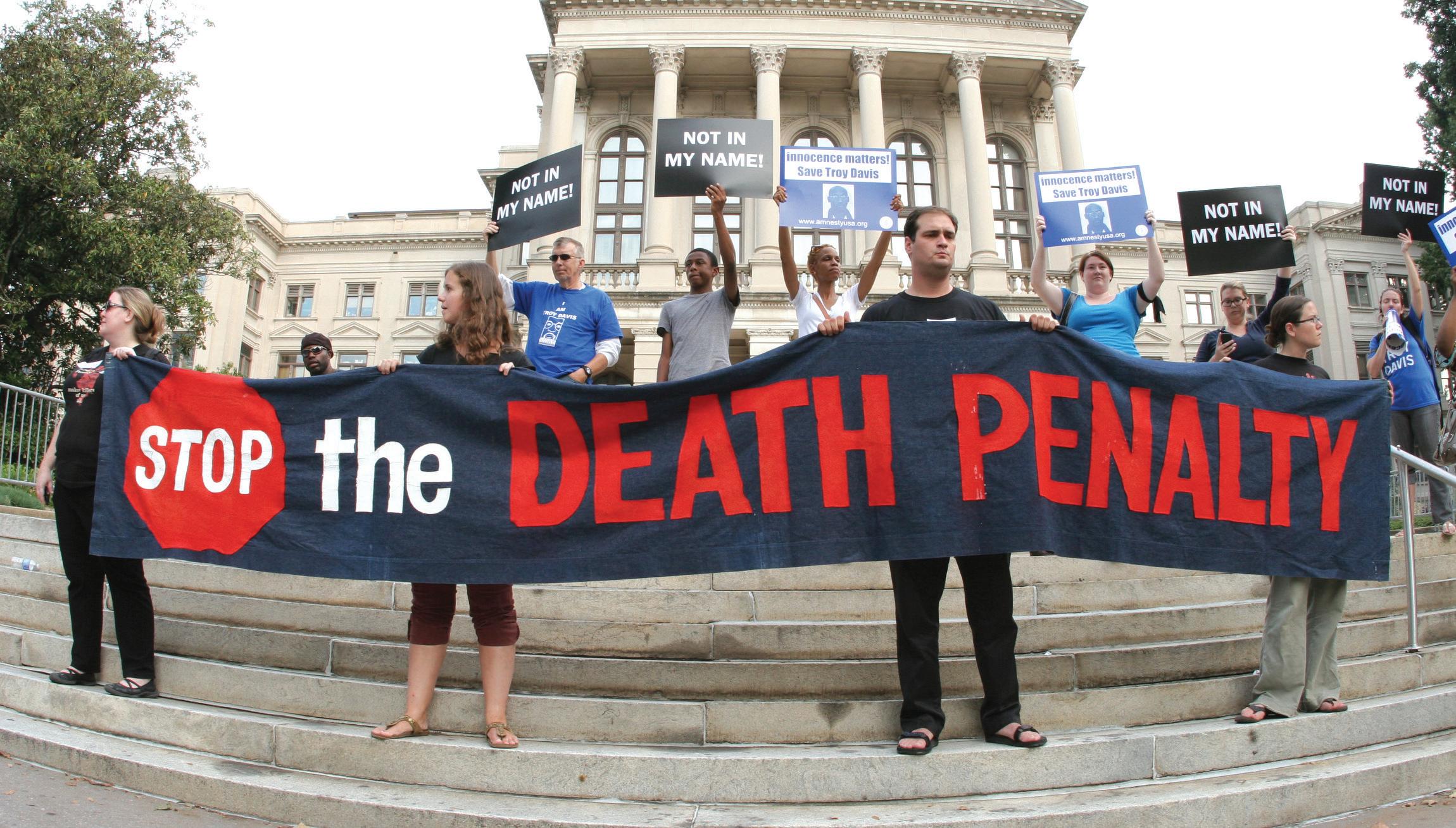
Among the theological reasons for their stance, they pointed to Blessed John Paul II’s argument that “the new evangelisation calls for followers of Christ who are unconditionally pro-life ... in every situation. A sign of hope is the increasing recognition that the dignity of human life must never be taken away, even in the case of someone who has done great evil.”
The full text of the statement and the list of signers can be seen at: http://catholicmoraltheology. com/a-catholic-call-to-abolish-thedeath-penalty. CNS
into a movement
She married in 1969 but divorced in the 1980s after her husband, a legislator, accused her of being “too educated, too strong, too successful, too stubborn and too hard to control”.
A biography on the Green Belt Movement website said Maathai was born in the village of Ihithe, near Nyeri in Kenya’s Central Highlands, April 1, 1940. As a young girl she was taught by Catholic missionary nuns and graduated from Loreto Girls’ High School in 1959.
In the 1970s, Maathai became active in the National Council of Women of Kenya and began meeting with rural women, learning about the deteriorating environmental and social conditions affecting poor Kenyans. Their concerns focused on a lack of firewood for cooking and heating and the scarcity of clean water, leading
to a shortage of nutritious food, according to the biography.
Maathai suggested the women plant trees because it could provide wood for cooking, fodder for livestock, material for fencing, protection for watersheds and stability for soil, improving agriculture. It marked the beginning of the Green Belt Movement, which has led to the planting of more than 47 million trees in Kenya.
The effort initially was met with resistance by the Moi government, which labelled the movement “subversive,” The New York Times reported. During one protest, police beat Maathai unconscious. With her assistance, the United Nations Environment Programme adopted a worldwide tree planting campaign in 2006. More than 1 billion trees were planted within months. The campaign has a goal to plant 14 billion trees. CNS
Moscow hospice demolished for illegal use in charity work
MOSCOW – Russia’s Catholic Church has criticised the demolition of a hospice complex run by the Missionaries of Charity after a Moscow court ruled it was used illegally for charity work.
In late September, Moscow city officials were preparing to bulldoze a second building operated by the order, founded by Blessed Mother Teresa of Kolkata. The first was destroyed on 16 September after a 2010 court ruling that claimed the sisters had legally rebuilt the complex but failed to register its “entry into use” two decades earlier.
“Nothing like this has happened to these sisters before anywhere in the world – it sets an unfortu-
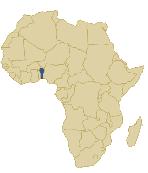
nate precedent,” said Father Igor Kovalevsky, secretary-general of the Russian bishops’ conference.
“It’s an instance of excessive bureaucracy, and we still hope the dispute can be resolved by diplomatic help. But for many Catholics and other Christians, it’s a sign the Russian authorities aren’t interested in works of charity,” he told Catholic News Service on 29 September.
City officials destroyed the first building on 16 September and in late September prepared to bulldoze a second building operated by the order.
Father Kovalevsky said Church leaders had been notified of the demolition order and understood
the building had not been legally cleared for use.
However, he added that the Missionaries of Charity had been helping the homeless and marginalised since being invited to Russia in 1988 by Mikhail Gorbachev, and said their “work of mercy and love” should have been valued by the Russian government.
The second building set to be destroyed provides shelter for abandoned children, the disabled and the terminally ill. It serves as a recovery facility for alcoholics and a soup kitchen for 150 homeless visitors. It was adapted in 1990 from an unused kindergarten, using donations from all over the world. CNS
Benin to welcome Benedict
VATICAN CITY – Pope Benedict XVI will make his second trip as pope to Africa, visiting Benin in November to sign and distribute a letter reflecting on the 2009 special Synod of Bishops for Africa.
At the end of the 2009 synod, the bishops gave the pope 57 proposals for action on the part of church leaders and the faithful.
The proposals included a call for a new spirituality to counter bad government, ethnic tensions, disease, exploitation by multinational
companies and the cultural agenda of foreign aid organisations.
Pope Benedict used the propositions as the basis for the postsynodal apostolic exhortation that he will sign on 19 November in the Cathedral of the Immaculate Conception in Ouidah, Benin, and will present formally to African bishops the next day during a Mass in Cotonou.
He also is scheduled to pray at the tomb of the late Cardinal Bernardin Gantin, who died in 2008. CNS
& Rosary beads Razors
The star protagonists of Channel 9’s Underbelly Razor, Tilly Devine and Kate Leigh, were the undisputed queens of Sydney’s criminal underworld, and also regular churchgoers. Juanita Shepherd examines the paradox.
No one imagined that two Catholic women could ever give Hollywood mobsters a run for their money until Australian audiences were introduced to Kate Leigh and Tilly Devine in Channel 9’s Underbelly Razor
The fourth season of the Underbelly series has been enormously successful. The premiere was the highest rated Australian drama ever, surpassing ratings achieved by Underbelly: A tale of two cities, the second season that focused on the marijuana trade centred on Griffith, NSW in the 1970s and 1980s.
Razor takes the viewer further back in time to Sydney’s underworld of the 1920s and 1930s, charting the careers of the two most violent women in the nation’s history.
It charts the bitter rivalry over decades between Kate Leigh (played by Daniella Cormack) and Tilly Devine (played by Chelsie Preston). Leigh built her criminal empire during the prohibition era on sly grog shops and dealing cocaine. Devine’s empire was based on brothels.
But at the heart of this tale is a paradox, even a contradiction: amid the criminality and competition for turf, with gangland battles involving shootings and the vicious slashings that earnt the mantle of “The Razor Wars”, Leigh and Devine had one common binding factor: their religious faith.
Both women were Catholics, dutifully going to Mass on Sundays after an average week of carving out a career in Sydney’s criminal world. When they weren’t plotting their next moves they were handing out cakes to orphans and donating large sums of money to St Vincent’s Hospital in Darlinghurst.
Nevertheless, the bloody wars between their rival gangs in the late 1920s and 1930s horrified the nation; the legendary Kellett Street battle in Kings Cross on 9 August 1929 saw about 50 gangsters allied with one or other of the two
crime queens brawl for an hour or more with pistols, razors and chains.
Relatively early in her career Leigh showed her killer instinct. On 27 March 1930 she shot dead John William ‘Snowy” Prendergast when he and other gangsters broke into her Surry Hills home; she escaped conviction from the crime partly because she had so many policemen on the take.
Although Devine is not known to have killed anyone herself, her ruthlessness and willingness to use hired muscle ensured her rise from prostitute to wealthy madam. Her reputation for violence helped her keep her position.
Yet despite the two women being embroiled in violence and running Sydney’s organised crime centred around the workingclass suburbs of Darlinghurst, Woolloomooloo and Kings Cross, it is difficult to paint them simply as just bad people.
Perth historian and journalist Ron Davidson, who is an enthusiast of the razor gang era, speaks almost fondly of the two women, whose empires were littered with the bodies of victims and rivals.
“Kate was known as the Snow Queen,” he says. “She used to give her girls cocaine to make them feel better.
“She had major social welfare attitudes, she always helped the poor, she attended picnics and bought cakes for the children with the money she received from running sly grog shops and brothels.”
Mr Davidson prefers to paint the human side.
“Tilly was a ‘Pom’,” he says. “She fell in love with an Australian sapper called Jim Devine. He won her by describing his farm to her.”
It’s a romantic thought to picture Tilly living the life of a quiet country girl with her war-veteran husband, but romantic myths are best left to Hollywood scripts.
Tilly married Jim in London in 1917 at the age of 16. By the time she followed him to Australia she had been in court for prostitution, theft and assault. Jim, for his part, was a ruthless alcoholic
who carved out a post-war career as a thief, drug dealer and violent stand-over man. He committed a number of high-profile murders in Sydney between 1929 and 1931. Violence also marred his marriage to Tilly. The pair separated in the early 1940s and divorced in 1944 – though Tilly kept her Devine surname. She found true happiness in her second marriage, if
and convicted criminal, Ernest Alexander ‘Shiner’ Ryan, from Fremantle.
“Shiner was great with his hands,” Mr Davidson says. “If he was around today and went to university, he would’ve been an engineer.” He was also something of an artist. “Shiner painted a picture of Christ coming down from the
and hard to grasp. How is it that someone kills as a part of her career and yet demurely sits in the pews listening to homilies during Mass on Sundays?
Kate and Tilly did not suffer from split personality disorders, but Perth’s Auxiliary Bishop Donald Sproxton, who is in the business of forgiving, says judge ment is the wrong approach.
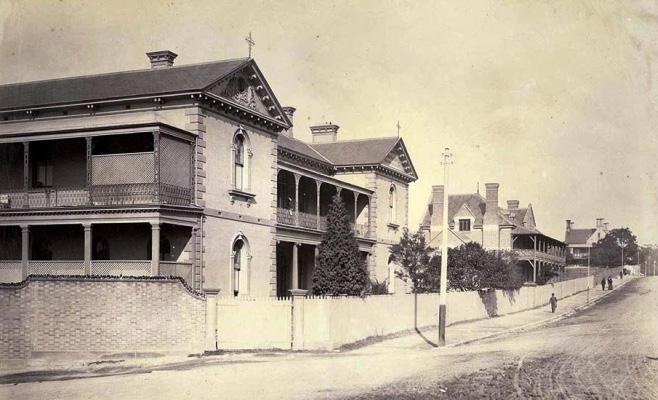

They justified the violence they were perpertrating as part of the business wihout seeing that Christian faith is for every area of life.
nothing says true love like a bullet in the leg. Devine shot Eric John Parsons in a heated argument months before they were married in May 1945. Despite this hiccup, the two exchanged vows and remained together until Parsons died of cancer in 1958.
The saying “third time lucky” might have been Kate Leigh’s motto. After two failed marriages she married an old friend
prison, down the pathway, with a black sheep’s face. The sheep’s face was Shiner’s. But where the painting ended up, no one knows.”
But one thing is certain, the love Kate had for her third husband was real. “Every year after Shiner’s death Kate put a poem in the newspaper about him,” Mr Davidson says.
The characters of the two women are clearly contradictory
“To say a person is bad isn’t really correct. Badness is actions that people do. The Christian point of view is to try and see deep goodness in each person, as we are all made in God’s image. Our actions obscure innate goodness.”
Of the two wild women, he thinks, “there was this blind spot, the violence they were perpetrating they justified as part of
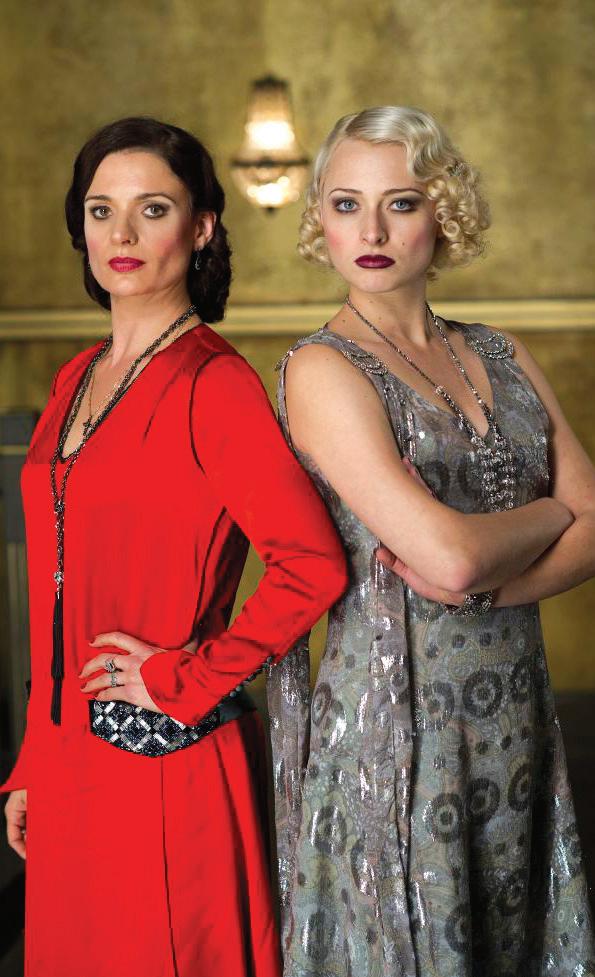
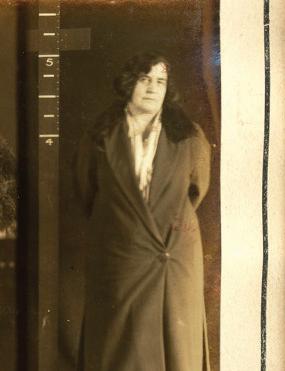
business without seeing that the Christian faith has something to teach us in all the affairs of our life; not just in our spiritual life, in our prayer and in our relationships that we have with people whom we love, but also with our dealings with people who aren’t in our family; we need to treat everyone with respect.”
Strangely, one of the few people whom both Kate and Tilly seemed to have treated with some respect was Christ. Tilly certainly believed when she died she would
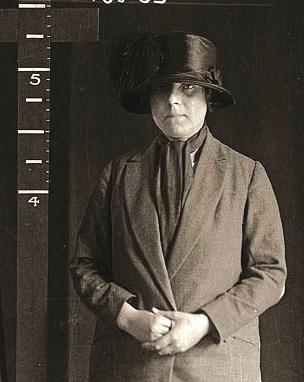
be able to go somewhere and repent of her sins. “If the person is sincere and truly repentant, then their sins are forgotten,” Bishop Sproxton says. “We are all flawed; God works with flaws.”
Kate and Tilly lived incomprehensible lives filled with horrors, not simply bloodshed but poverty, and the harsh realities of mass unemployment after surviving the war to end all wars. Despite the crimes committed by these queens of vice, they possessed a gentle if somewhat warped understand-
Mortal sin in the cool, calm and deliberate
Dear Father, Some of my friends seem to think that the only mortal sins are murder and adultery, and so they are able to receive Communion. Can you give me some examples of other mortal sins?
Ifear there are many people with the lack of understanding of mortal sin you mention. In fact there are quite a few mortal sins that are reasonably common and it is important to be aware of them.
By mortal sin we mean a serious violation of the law of God such that the person offends God grievously and loses the state of grace. If they were to die in that state without repenting they would go to hell. In the words of the Catechism of the Catholic Church, “Mortal sin destroys charity in the heart of man by a grave violation of God’s law; it turns man away from God, who is his ultimate end and his beatitude, by preferring an inferior good to him” (CCC 1855).
For someone actually to be guilty of a mortal sin, they must fulfill three conditions.
First, they must violate God’s law in a serious matter. For example, stealing two thousand dollars is a mortal sin, whereas stealing twenty dollars is not.
Second, they must be aware that what they are doing or have done is not only wrong, but seriously wrong. Many people today have not been properly instructed in morality and are completely unaware of the seriousness of their actions. Consequently, God would not hold them responsible for a mortal sin.
Third, they must consent to what they are doing, with “a consent sufficiently deliberate to be a personal choice” (CCC 1859). Such circumstances as a serious mental illness or a fit of rage could diminish the consent to a point where the sin would not be mortal.
Returning to your question, we can see examples of mortal sins by going through the Ten Commandments.
Q&A
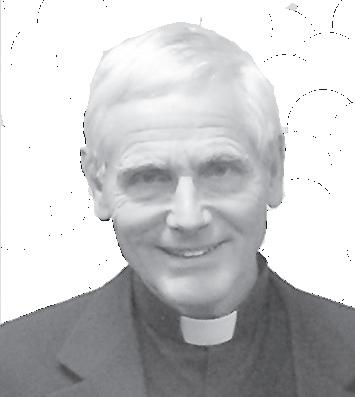 By Fr John Flader
By Fr John Flader
killing, presents numerous possibilities of mortal sins. Among them are murder, abortion, destruction of human embryos, causing grievous bodily harm, leading another into a serious sin (scandal), euthanasia, sterilisation performed for contraceptive reasons, reckless behaviour endangering human life, complete drunkenness, habitual use of illicit drugs, etc.
ing of kindness. Were they bad? Both clearly let nothing get in the way of what they wanted. It’s intriguing to reflect on what they thought about their own crimes but we’ll never know.
Did Kate and Tilly’s actions in the end come to define who they were? It seems like a safe assumption to say both were spectacularly sinful, but is that all that can be said of them? “Every saint has a past” as Oscar Wilde famously quipped, “and every sinner has a future.”
Against the first three commandments, which relate to God, are such mortal sins as wilfully denying a truth to be believed by all Catholics (heresy), wilful hatred of God, deliberate violation of the name of God (blasphemy), lying under oath (perjury), involvement in a satanic cult, desecration of the Eucharist through irreverent treatment of a consecrated host, the reception of Communion in the state of mortal sin, missing Mass through one’s own fault without a sufficient reason, etc.
Against the fourth commandment would be, for example, a serious failure to care for one’s children or parents. The fifth commandment, against
Stealing two thousand dollars is a mortal sin, whereas stealing twenty dollars is
not.
All sins of action against the sixth commandment, which relates to chastity, are in themselves serious matters and hence are mortal sins: masturbation, sex outside of marriage, adultery, rape, prostitution, homosexual acts, viewing of pornography, etc. Even lustful thoughts or sexual fantasies can be mortal sins if they are deliberately consented to and prolonged to derive pleasure. And of course the use of contraception is a serious matter.
As regards the seventh commandment, which forbids stealing and damaging the property of others, the gravity of the sin will depend on the amount of the theft and the harm done to the other. A good rule of thumb is that the taking of the equivalent of a day’s wages from someone is a mortal sin. Included in this area are fraud, the failure to honour contracts, tax evasion, corruption, habitual laziness in the workplace, etc.
The same criterion applies to lying and harming the good name of another, which are forbidden by the eighth commandment. If the harm caused is great, the sin is mortal.
The ninth and tenth commandments forbid internal sins against the sixth and seventh commandments and, as we have seen, these can sometimes be mortal too.
As is clear, there are many possible mortal sins, but God is merciful and is always ready to forgive when we come before him with contrition in the sacrament of Reconciliation.
MEDICINE
WITHOUT BORDERS
Are there any lessons for the future, asks Michael Cooke, in the scandalous story of American syphilis research in Guatamala?
For the past year, it has been bioethical bow, scrape and grovel time in Washington DC. After learning that American public health researchers had infected hundreds of Guatemalans with venereal diseases between 1946 and 1948, President Obama had to telephone his Guatemalan counterpart to apologise. He then set up a commission to investigate the appalling story of coercion and deception. A detailed historical report was published in September.
The tale came to light long after the doctors and participants had passed away. After World War II thousands of STD-infected servicemen were being demobbed. American public health officials needed to know more about the effectiveness of the new miracle drug penicillin to control the spread of STDs in the US. After research on volunteers in an Indiana prison, they went to Guatemala.
With the cooperation of local officials, Dr John C Cutler, a Public Health Service physician, first selected men in the Guatemala National Penitentiary, then men in an army barracks, and then men and women in the National Mental Health Hospital.
The commission concluded that researchers deliberately exposed about 1,300 inmates, psychiatric patients, soldiers and commercial sex workers to syphilis, gonorrhoea or chancroid. Permissions were obtained from government authorities but not from individuals.
Initially, the doctors used prostitutes with the disease to infect the prisoners (since sexual visits were allowed by law in Guatemalan prisons). When “normal exposure” failed to infect, they did direct inoculations. These were made from syphilis bacteria poured onto the men’s penises, forearms or faces after lightly abrading them. In some cases they used spinal punctures. The subjects were given penicillin after they contracted the illness.
In the 1950s, Dr Cutler also worked on a project which became an even bigger scandal, the Tuskegee syphilis study. But he eventually became “a much beloved professor” at the graduate school of public health at the University of Pittsburgh. He
died in 2003. The findings of his research in Guatemala were never published and his notes gathered dust in university archives – until they were unearthed by a historian at Wellesley College, Susan M Reverby. Like most of the research done by Nazi doctors, it had been a waste of time. “What stings the most in terms of bad science is that it never passed peer review and was never published,” one member of the commission said.
Even by the standards of the time, this project was regarded as unethical. After all, only a few months before, Nazi death camp doctors had been condemned to death and long prison terms for medical experiments conducted without informed consent. Principles later formalised as the Nuremberg code of medical ethics had been published in the Journal of the American Medical Association in 1947. In April 1947, New York Times science editor Waldemar Kaempffert observed, as if it were universally accepted, that deliberately injecting human subjects with syphilis microbes was “ethically impossible”.
Dr Cutler pushed ahead anyway. “The attitude toward the Guatemalan people was pretty much what you’d expect if they were doing research on rabbits,” said a member of Obama’s commission, bioethicist John Arras, of the University of Virginia.
Failure to obtain consent from the research subjects was bad enough, but Dr Cutler was also deceitful. In a 1947 letter to a colleague, he admitted he was deceiving the research subjects. “As you can imagine,” he wrote, “we are holding our breath, and we are explaining to the patients and others concerned with but a few key exceptions, that the treatment is a new one utilising serum followed by penicillin. This double talk keeps me hopping at times.”
“Dr Cutler’s earlier work was in the field of venereal disease. He was a part of the group of physicians who developed VDRL, the Venereal Disease Research Laboratory test, which has become the accepted test for the diagnosis of syphilis.”
“Eleise, a graduate of Wellesley College in Massachusetts, also understood the importance of population control - one of her husband’s passions.”
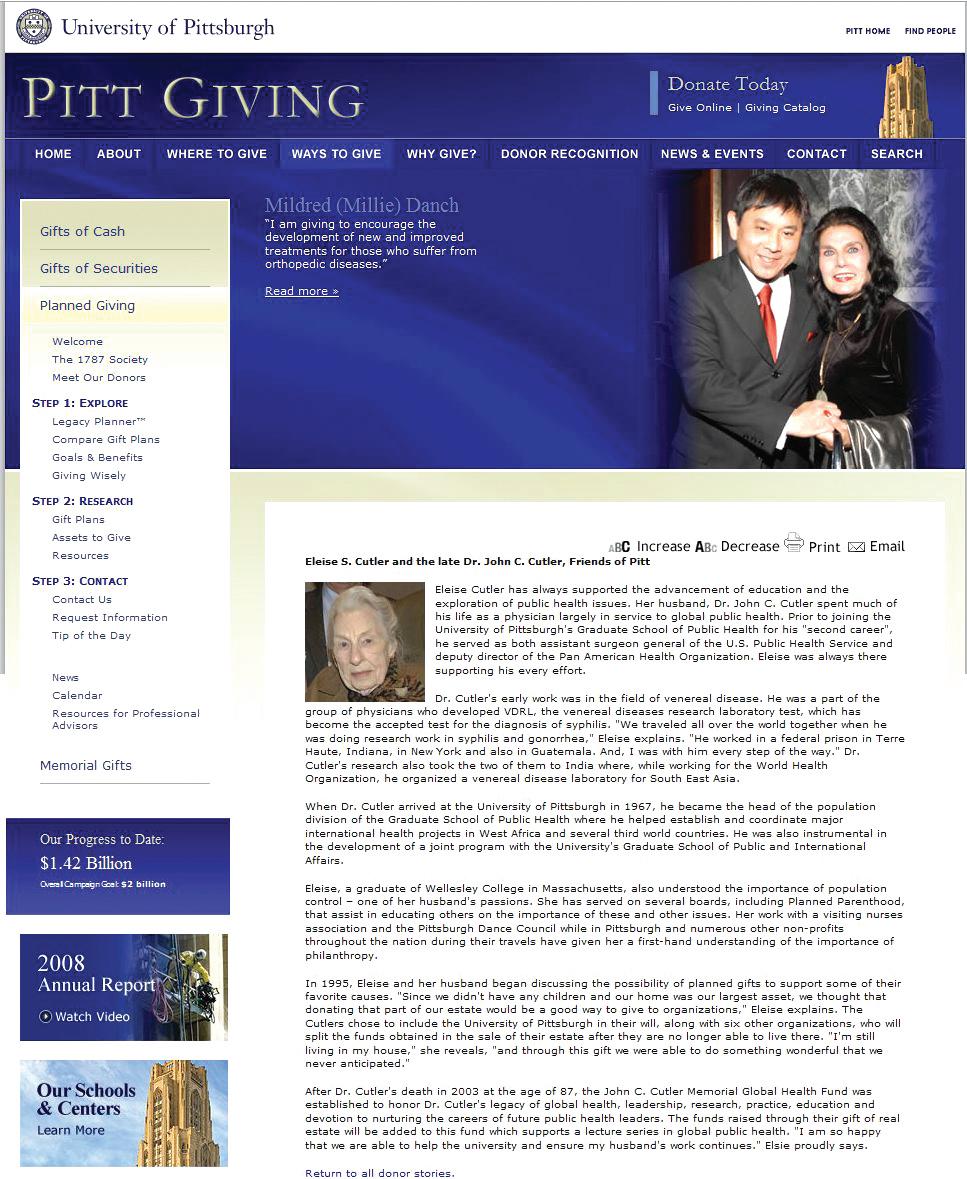
bit, leery of the experiment with the insane people. They cannot give consent, do not know what is going on, and if some goody organisation got wind of the work, they would raise a lot of smoke.”
“They cannot give consent ... and if some goody organisation got wind of the work, they would raise a lot of smoke.”
Cutler’s higher-ups in the public health hierarchy were more squeamish but they did not stop the project. His superior confided, “I am a bit, in fact more than a
When the US Surgeon General, Thomas Parran, was told of the project, he commented, “You know, we couldn’t do such an experiment in this country.” But he did not stop it.
For Dr Arras, a single anecdote is enough to show how immoral the research had been. One of
Cutler’s patients was Berta, a psychiatric patient who had been injected with syphilis and not given treatment for three months. On 23 August 1947 he observed that Berta was dying (why is not clear). That same day, he put gonorrhoeal pus from a male subject into both of Berta’s eyes, as well as in her urethra and rectum. He also re-infected her with syphilis. Several days later, Berta’s eyes were filled with pus and she was bleeding from her urethra. She died on 27 August.
Bioethics today tends to be more concerned with protocols than with harshly judgemental words like “right” and “wrong”. But President Obama’s bioethics commission did not hesitate to describe the Guatemala experiments as “reprehensible” and
“morally wrong”. What lessons from this shameful episode can be applied to contemporary medical research?
One, says the commission with great common sense, is “never to take ethics for granted, let alone confuse ethical principles with burdensome obstacles to be overcome or evaded”. Another is that “the quest for scientific knowledge without regard to relevant ethical standards can blind researchers to the humanity of the people they enlist into research”.
The commission is following up the historical investigation with a report to President Obama into how well human research subjects are protected nowadays. With the proliferation of clinical trials by drug companies in countries like Russia, India and China, there is
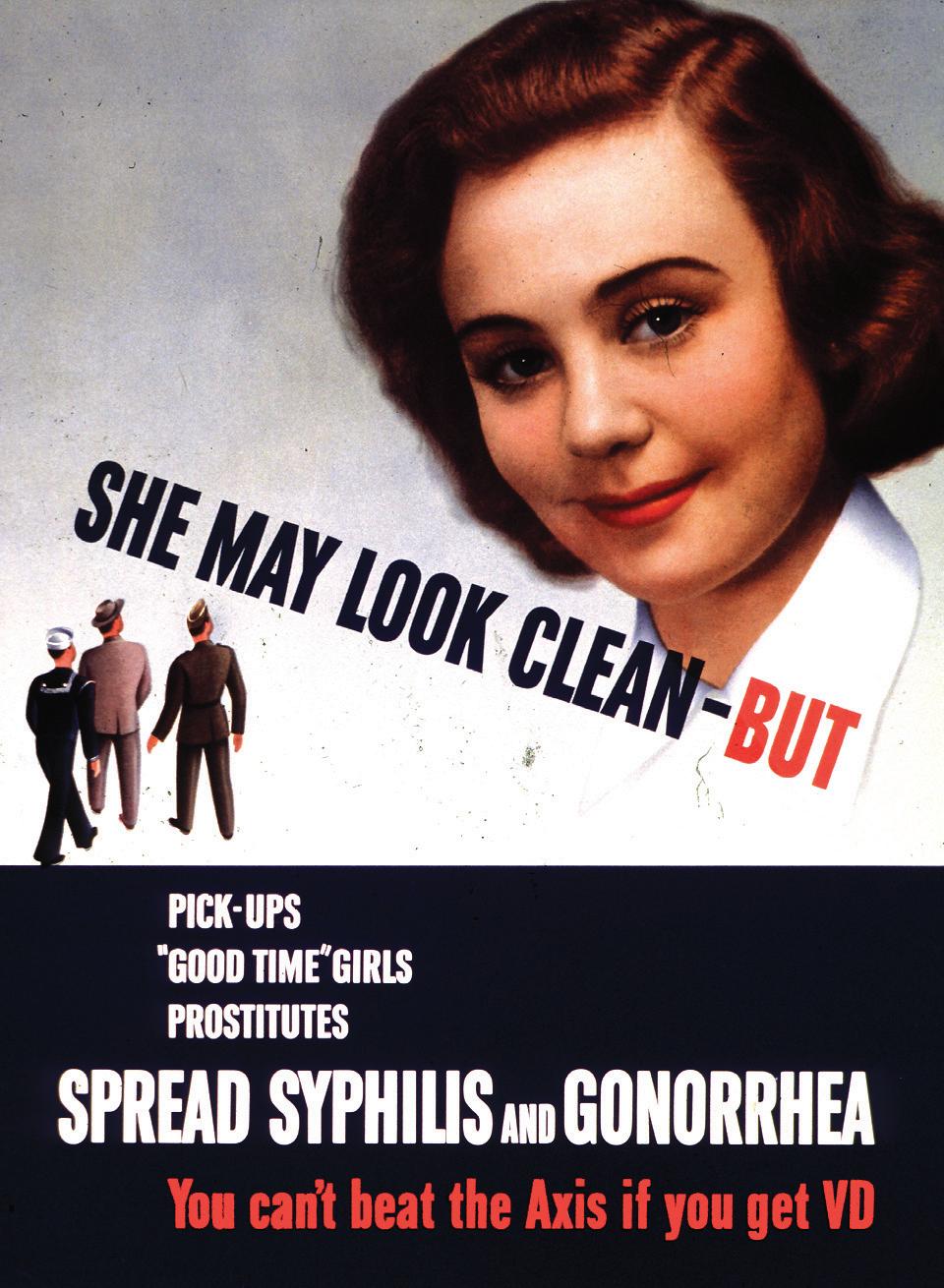
Vatican becomes techie heaven
Technological updates across the Vatican, detailed in the 2010 yearbook, contrast with a variety of continuing pre-modern practices, writes
LExerpts
University of Pittsburgh
Dr Cutler,
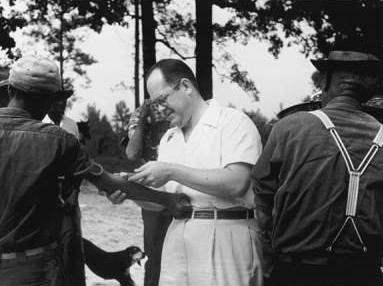
certainly a need to ensure that people’s health does not suffer because of lax oversight or dangerous experiments. A National Institutes of Health database currently lists 113,717 trials in 176 countries. Some of them are bound to be deadly.
“Now that this dark chapter in medical history has been exposed, shouldn’t it provoke broader questions ...?”
However, now that this dark chapter in medical history has been exposed, shouldn’t it provoke broader questions about ethical standards in reproductive health research, the field in which Dr Cutler worked
throughout his career? Abortion clinics, assisted reproduction, and population control were all started by men and women whose utilitarian philosophy was much the same as Dr Cutler’s. The commission did not follow this up. This is a pity, because he almost certainly brought with him the pragmatic inhumanity which had corrupted his work in Guatemala and elsewhere. After leaving the Public Health Service in 1967, Dr Cutler helped establish a public health
programme at the University of Pittsburgh. His wife Eleise served on the board of Planned Parenthood, and “he worked tirelessly to find better ways to provide affordable reproductive health-care services to women who need them” according to his obituary. The University named a lecture series after him (and dropped it after his scandalous research became public). One of the lectures, “John Cutler’s Quiet Legacy” lauded him for making “Sexual health … a vibrant field at University of Pittsburgh” and for “embracing new public health challenges, no matter how controversial”. “John Cutler is smiling!!” was the message of the final PowerPoint slide.
Smiling about what, exactly? Michael Cook is editor of MercatorNet.
Carol Glatz.OOKING at the centuriesold buildings and palaces, not many people would know the Vatican has become a techie paradise, a wonderland of modern equipment and know-how. For instance, the library is using NASA technology to digitise some 80,000 treasures so they will be readable long into the future, according to The Activity of the Holy See: 2010, a yearbook published by the Vatican.
The Vatican Library reopened in 2010 revamped with Wi-Fi for scholars and visitor badges tagged with radio frequency identification tracking chips, also embedded in many of the library’s open holdings so volumes can be found and re-shelved more easily.
The 1,343-page yearbook is filled with reports on day-to-day activities as well as special projects begun or completed by every Vatican congregation, council, commission and office.
The book says the Swiss Guards, equipped with historic halberds, are now trained in the latest in personal defence techniques. All 110 soldiers took a course in the Monadnock Defensive Tactics System, selfdefence strategy developed in the United States for security officers “to control and stabilise” unarmed and noncompliant aggressors.
Perhaps it’s not a coincidence the new blocking, restraining and counterstrike skills training came after 2009, 2008 and 2007 saw incidents of people jumping barricades and lunging at the Pope.
Vatican Radio is often on the forefront of experimenting with new technologies and 2010 was no exception. The yearbook said the radio began switching to new digital audio broadcasting methods, saying the systems “may become powerful channels of communication in the future”, launched its Twitter feed in different languages and, together with the Vatican Television Centre, launched a new “smooth streaming” service of live, high-definition video broadcast of papal events via select Vatican websites and the iPhone.
Thanks to the generosity of the Knights of Columbus and a discount from Sony, the Television Centre added high-definition cameras and a state-of-the-art mobile television studio to its fleet in 2010.
The yearbook also reported that the major overhaul of its telecommunications infrastructure begun two years ago is proceeding successfully. A high-speed fibre optic network is being installed over some 250 miles and the Vatican telephone system is using Voice over Internet Protocol for delivery of voice and multimedia. The Vatican’s technical services reported they installed a new 1.5 megawatt/hour thermal heating/ cooling station and replaced old boilers from the 1970s with new pressurised boilers for high-efficiency heating. They
also reported “positive” energy savings from rooftop solar panels and high-tech solar collectors which help heat and cool Vatican buildings. But some of the technological improvements listed feel more like it’s 1999, not the 21st century.
For example, smoke detectors, fire alarms and high-resolution surveillance cameras that switch on in case of fire were installed in St Peter’s Basilica’s sacristy and choir chapel. Airconditioning was expanded to more areas and the use of ozone-depleting refrigerants was reduced.
Up-to-code electrical wiring and new lighting were installed throughout Vatican City State and its extraterritorial properties like the papal villa at Castel Gandolfo which also got a hydraulic elevator. Some 130 feet of old water pipes were ripped up inside Vatican City and replaced with polypropylene tubing.
The Vatican press bought a new offset printing machine in 2010 but plans to buy a digital printing press. The photo service archive, in dire need of modern storage and preservation, will eventually purchase two scanners to begin digitising, archiving and preserving its collections.
Some Vatican departments had
“But the the trend towards modernity doesn’t mean everything has been modernised.”
mailing-list software or private domain office email installed.
Vatican Museums set up an e-commerce platform and the Pontifical Council for the Laity’s website was enabled with a Web Content Management System.
Vatican gardeners even invested in a large wood chipper and mulching blades for lawnmowers which significantly reduced the bulk and cost of hauling away yard waste, the yearbook said.
But the trend toward modernity doesn’t mean everything has been modernised. About a dozen nuns work the switchboards 24 hours a day, and last year handled 315,160 calls.
The altars, confessionals and pews in St Peter’s Basilica are still dusted and cleaned daily by hand.
Artisans and restorers still rely on traditional materials and techniques when creating, repairing or restoring mosaics, frescoes, tapestries and ancient manuscripts.
And the Pope’s cows at Castel Gandolfo provide not just organic milk, but also the natural fertiliser for the papal farm, the yearbook said.
A manure spreader was even purchased in 2010 to make the job go smoothly.
CNS
BOOK REVIEWS
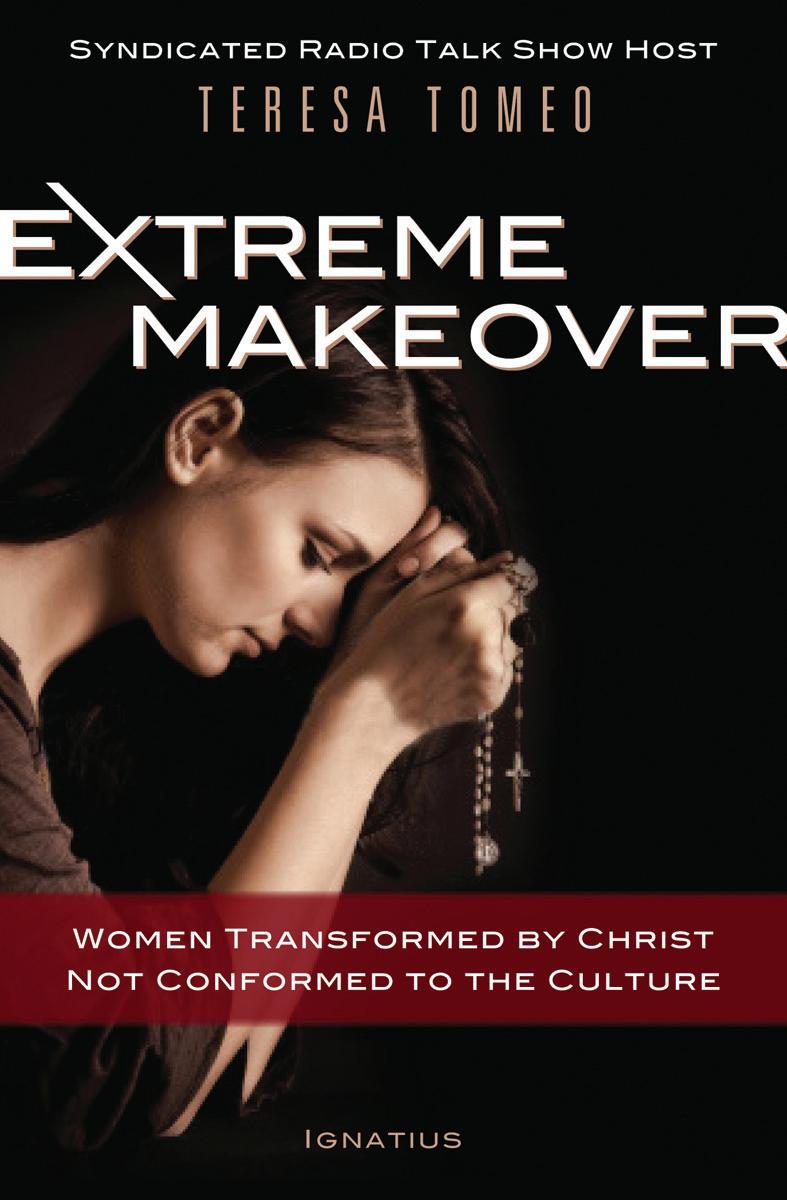
Flawless to faithful
Author urges women to turn away from a schizophrenic image of themselves
Extreme Makeover
By Teresa Tomeo Published by Ignatius Press By Carol GlatzTHE BOOK, Extreme Makeover: Women Transformed by Christ, Not Conformed to the Culture, looks at how the culture is “going after women” and how women are hurt, “whether it be body image, eating disorders [or] sexual objectification,” said the book’s author, Teresa Tomeo.
Tomeo, a syndicated talk show host on the Eternal Word Television Network, told Catholic News Service in Rome that women are pressured into being many different things to different people: a powerhouse professional, a flawless wife and beautiful woman.
She said much in society is contradictory: “We have all these advancements and yet we’re more objectified than ever.”
There’s a kind of “split personality” in the media, she said. A newspaper or newscast reports on studies showing how influential the media are on an audience, especially children, or studies showing ways women are still objectified:
“And then they turn around and promote sex at 2 in the afternoon in a soap opera or a commercial,” she said.
Women’s self-image is often distorted because of too much emphasis on youth, physical beauty and sexuality, she said.
Add to the mix the modernday “freedoms” of contraception, abortion, and sex outside of marriage and women end up being not more free or equal “but more in bondage, and
Fiscal fiefdoms hide all manner of sins
Assets, abuse and parish closures: where does the money lead? A new book, Render Unto Rome: The Secret Life of Money in the Catholic Church, aims to find out, writes David Gibson.
Render Unto Rome
By Jason Berry Crown Publishers (New York, 2011)The story of money in the Catholic Church “is a story of personality”how each individual bishop tends to his own diocese’s “infrastructure, funds, property, investments, social service programmes and parish life,” Jason Berry writes in Render Unto Rome: The Secret Life of Money in the Catholic Church
For Berry, the Church’s financial system “resembles a constellation of mediaeval fiefdoms in which each bishop manages his “fisc” ideally to serve his people, but with an eye riveted on Rome.”
you don’t realise it when you’re accepting it.”
“You have to go through your own crisis” to see there is another way, she said.
Tomeo details the personal crises she weathered - an eating disorder, a frenetic work ethic and a crumbling marriage.
She had been living distant from God, she said, and just accepted the current culture’s stereotypes.
“I realised I was living in the world so strongly, it consumed me. My career was everything and I let everything else slide and almost lost everything in the process,” she said.
Many people, whether they are religious or not, “are sick and tired of the way women are treated, the way families are treated and the way marriage is disrespected,” she said.
The women’s liberation movement failed to provide the solution, she said, because what brings freedom and dignity to women are in the teachings of Christ and the Catholic Church.
“The Church has been teaching for 2,000 years that there is a plan” called natural law, she said.
Natural law is the rights and wrongs that are part of human nature and can be identified by the use of human reason, according to Church teaching.
Pope Benedict XVI has said natural law is the only sure foundation for regulating social life and can guarantee people live in true freedom with their dignity respected.
Tomeo said it was becoming familiar with natural law and the Church’s writings on women and life that led her back to the Church. CNS
The Vatican has largely “rubber-stamped bishops’ financial decisions,” the author states. Yet, the interactions of Vatican officials with officials of US dioceses are of sufficient interest to constitute a key point of focus in this book. In one of its “narrative lines,” the book “follows a series of property and financial decisions that link certain American bish-

ops and Vatican officials.” Many of these decisions occur in a context influenced by the high cost of settling cases involving clergy sexual abuse of minors.
In other words, a large part of Berry’s book is devoted to the Church’s handling of money at a time of extraordinary financial demands. He is hardly uncaring about the Church. However, readers familiar with his past work will not be surprised to find he is unafraid to present his viewpoints and the conclusions drawn from his research and extensive interviewing in an emphatic, often critical manner.
Render Unto Rome is not a comprehensive study. Rather, Berry says he wanted to take “a deep look at the handling of Church assets” in the Archdioceses of Boston and Los Angeles, and the Diocese of Cleveland, interlacing these accounts with “a recurrent focus on the Congregation for the Clergy, the Vatican office that monitors how bishops sell property.”
Controversies surrounding
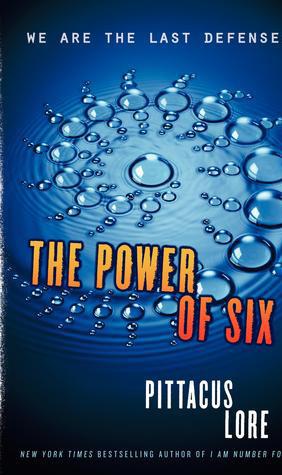
When taken literally, idioms can be quite humorous. Wallace Edwards’ beautiful and lifelike illustrations cleverly present various expressions of the English language and provide a wonderful tool for introducing the concept of figurative language to young readers.
The second of the Lorien Legacies series is tighter and more evenly paced than the first, making it easy to read without feeling challenged in any way. There is plenty of action, lots of dialogue, and since the characters now have movie-star faces it is easy to visualise the scenes. It almost feels too perfect. Every time an inconsistency appears it is immediately explained in the context, as though one in the authorial team said ‘ah, but what about ...’, until they came up with the most credible answer. Clare Cannon
the suppression and closing of parishes are an important object of Berry’s attention. Changing demographics may well motivate the closing of a parish, but Render Unto Rome also points to the selling of Church properties as a means of raising needed revenue to plug financial holes that opened with the sexual abuse cases. Lengthy interventions and protests by those “seeking to preserve their churches from becoming liquid assets” are highlighted by Berry.
Render Unto Rome concludes an “investigative trilogy on the crisis of the Catholic Church,” Berry informs readers. He notes that the trilogy’s first entry, Lead Us Not Into Temptation, exposed “the contours of a national scandal” involving clergy sexual abuse of minors. That book was published in 1992, long before most members of society became aware of this abuse. Vows of Silence was the trilogy’s second entry. Berry wrote the 2004 book together with Gerald Renner, a veteran religion reporter then on the staff of the Hartford Courant in Hartford,
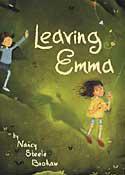
Emma’s best and only real friend Tem is moving away at the same time as Emma’s dad is spending several months abroad for his job, leaving Emma disconsolate and unsure how she’s going to get on. To complicate matters further, her mother decides to spend some time with her father while he’s abroad and asks Great Aunt Grace to look after Emma. At first, Emma is horrified, but then each of them learns how to get on with the other. Finally, Emma discovers a new set of friends as she makes the school play.
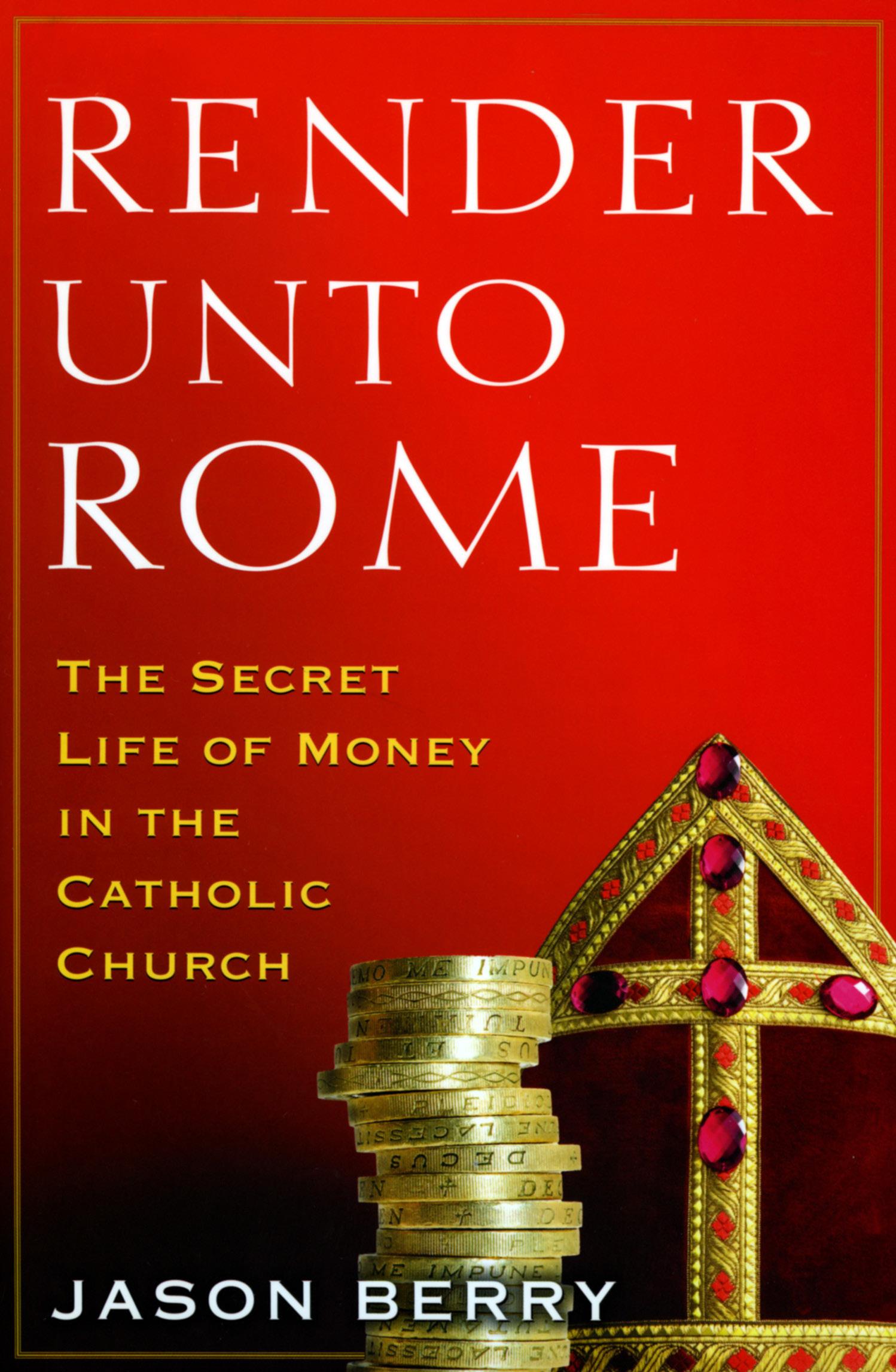
Connecticut.
Most people remember the book principally because it reported the sexual abuse of seminarians by Father Marcial Maciel Degollado, the Mexicanborn founder of the international religious order known as the Legionaries of Christ.
Though Fr Maciel had enjoyed the trust of Pope John Paul II, after a Vatican investigation the priest was finally instructed in 2006 to step down, to devote him-

Toby Lolness is one and a half millimetres tall and on the run. His father, a brilliant scientist, has made a discovery that threatens the evil plans of Joe Mitch. Toby must now stay free in order to save his parents, his people and the tree which is their world.
A satisfyingly original story, told partly in flashbacks, Toby Alone combines an addictive and fast paced adventure with learning, as the world of the Tree subtly mirrors our own.
self to prayer and penance, and not to exercise priestly ministry publicly. He died in January 2008 at age 87.
Berry continues his examination of the Legionaries’ founder and of the order itself in Render Unto Rome. One chapter, titled “Father Maciel, Lord of Prosperity,” delves into the religious order’s reputed wealth and the uses made of this money.
“Money is a mighty force in any religion,” Berry comments in his
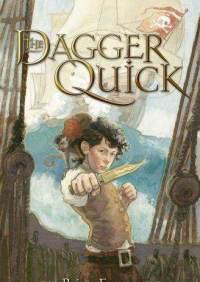 Brian Eames
S/Paula Wiseman
Brian Eames
S/Paula Wiseman
Twelve-year-old Kitto Wheale is no stranger to hardship. Born with a club leg, he has been the unwilling recipient of the abuse, disdain and pity of nearly everyone in his hometown of Falmouth, England. His father Frederick has determined that Kitto will become a cooper like himself: a respectable and steady profession. Kitto finds this decision unfair, for he longs to be a sailor. Packed with action and adventure, middle school students will find themselves engrossed in the story’s plot.
Jennifer Minicus“As Catholics, we know too little about how well, or poorly, bishops and leaders manage Church assets and the money we give.”
discussion of Fr Maciel and the Legionaries. The author holds that Fr Maciel “embodied the theology of prosperity” and “used religion to make money.”
Berry reports how Fr Maciel endeavoured, in an ongoing way, to curry favour and influence in offices of the Roman Curia through significant financial gifts to officials.
As a writer, Berry often adopts a storytelling approach, attempting to reveal the personality, feelings or motivations of individuals involved in the events he covers. At times, this works quite well, drawing the reader into the story.
Where does the Church’s money go? Berry says this is a basic question to ask. However, he says, “a true financial profile of the Church is elusive.”
There is no “inherent structure for accountability” when it comes to the handling of Church finances, Berry insists. He writes: “As Catholics, we know too little about how well, or poorly, bishops and religious leaders manage the money we give and the larger sphere of Church assets.” CNS
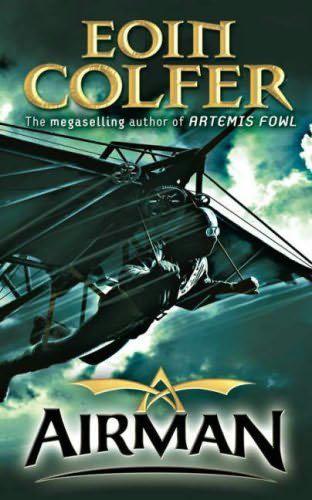
Airman
by
Eoin Colfer
Hyperion Books written for ages 11-14
Conor Broekhart was born to fly. He spends his days dreaming of flight as he fences with his tutor and explores the castle of the Saltee Islands with his friend Isabella. Then Conor is brought tragically back down to earth when he discovers a plot to overthrow the king. Now he must grow up quickly if he wants to save his friend, his family and his country. Airman is a good read for boys and girls alike.
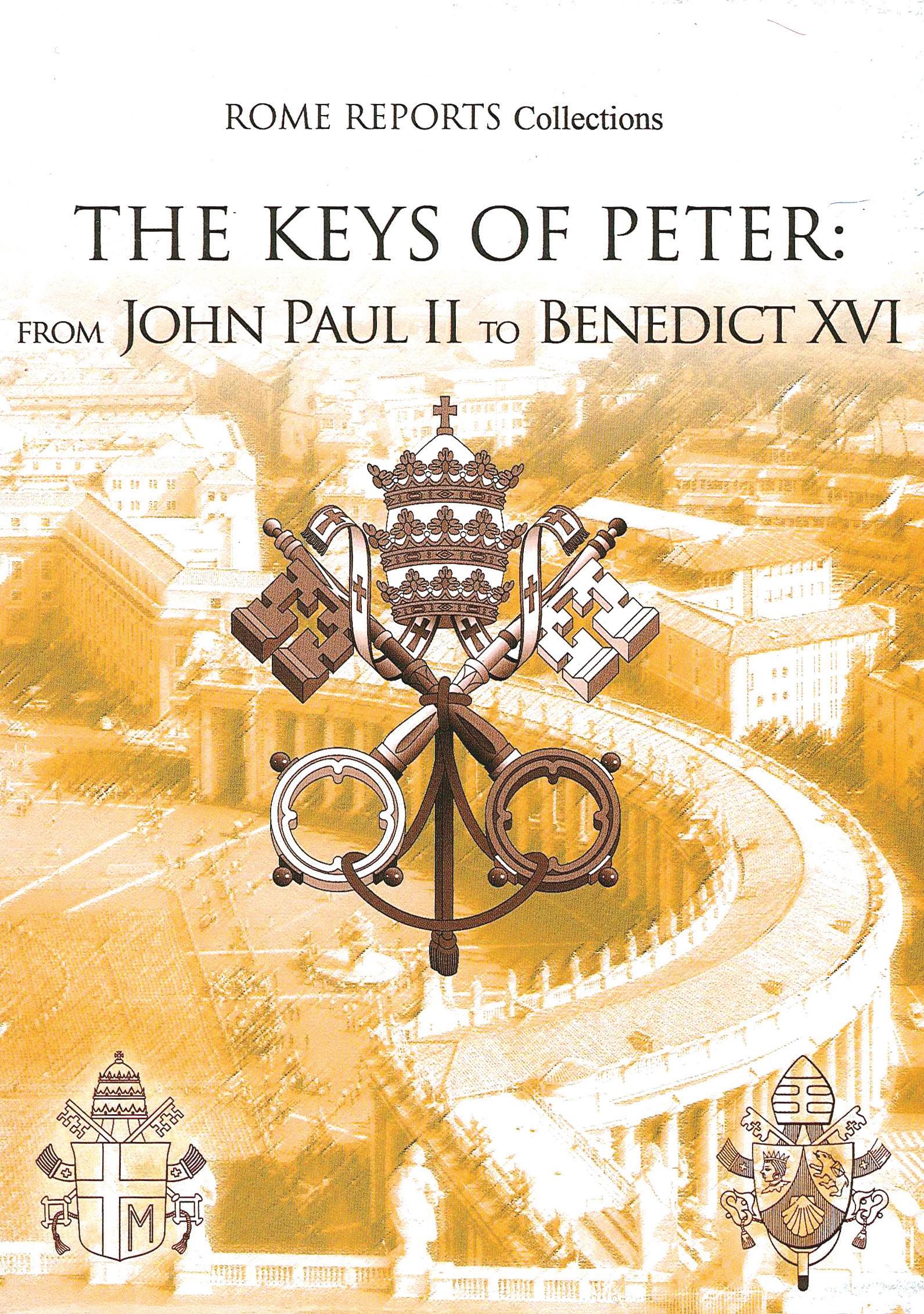
THE KEYS OF PETER: from John Paul II to Benedict XVI
ROME REPORTS Collections
The package contains the following DVD:
POPE BENEDICT XVI: A Love Affair with the Truth
A compelling inside look at the life and times of Joseph Ratzinger and the challenging pontificate of Pope Benedict XVI.
JOHN PAUL THE GREAT: A Pope Who Made History
This moving retrospective on John Paul II follows the story of his life … from his youthful days in Poland to his entry into the priesthood to his long and legendary papacy.
THE YEAR OF TWO POPES: The Election of Benedict XVI
2005 was a bittersweet year for the Catholic Church. The faithful were dealt a heavy blow with the loss of a great leader. But that pain was tempered with the ascension of Cardinal Ratzinger to the papacy.
Maryana Garcia
Another really bright idea from the government
THE DECISION of the federal government, announced via defence minister Stephen Smith, to open the role of frontline combatants to women serving in the Australian defence forces was interesting, not so much for its obvious ignorance as for what it revealed about Mr Smith, the Gillard government which enacted it and the federal opposition that agreed to it without demur. And it told us a lot about ourselves.
The decision was, in any case, demolished within hours by Greg Sheridan of The Australian, who has written for decades on defence and foreign policy and is one of Australia’s leading journalists in these fields. What can be said? Is it simply that it is so foolish as to be beyond satire? Probably. Whatever could be thought up to satirise the idea of sending women into frontline armed conflict as combatants would always fall far short of the reality. Satire would be pointless.
But if the decision is obviously wrong, it invites the question as to why it was taken in the first place. Not, clearly, to achieve a final equality in killing and being killed that women have campaigned for for decades. Nor is the answer to be found in the strategic needs of Australia’s armed forces, nor in an amazing, sudden improvement in the manners and morals of soldiers involved in killing other human beings in armed conflicts around the globe. The answer lies in the political ambitions of the Gillard Labor government, Mr Smith who sees himself as a future prime minister and Tony Abbott who does also and is clearly moving to neutralise criticism that he is some kind of unreconstructed conservative with out-of-date ideas about women in society. That all three have gone along with this policy speaks volumes about their ruthlessness and the lack of real quality in Canberra.
One of the strangest aspects of the idea of sending women into combat where they are supposedly to be involved in close-quarters killing is the fact that wars in the modern era have become notable for, among other things, the sexual violence on a widespread scale perpetrated by troops against women and girls. British author Antony Beevor has chronicled in horrific scope the mass rape carried out by Soviet troops moving west towards Berlin at the closing stages of World War II. Think of the Comfort Women. Precisely the same phenomenon has been found in conflicts from Congo to Darfur.
One of the strangest aspects of this decision is that war in the modern era has become notable for widespread sexual violence perpetrated by troops against women and girls.
THE RECORD
PO Box 3075
Adelaide Terrace
PERTH WA 6832
office@therecord.com.au
Tel: (08) 9220 5900
Fax: (08) 9325 4580
Prime Minister Gillard has approved the decision out of a widely known political desperation, hoping she will be seen as progressive and pro-woman. She has moved to sacrifice women while appearing pro-woman. So has Mr Smith, who is hoping the cards will fall his way in the current internal Labor disarray between Kevin Rudd and Julia Gillard. Tony Abbott is simply avoiding rocking the boat he is sailing towards the next election at, apparently, any cost.
That such a policy can be enforced on a nation’s armed forces reveals three things: that there is a widespread acceptance in society that masculinity and femininity are essentially interchangeable and therefore have no intrinsic meaning. It also reveals ignorance about what happens in war, a certain fundamental ignorance of its reality. It reveals, finally, an indifference to the damage that war inflicts on a person, psychologically and physically, and of that reality as it would be experienced by women. The Australian decision, in other words, is stunning for its ignorance.
What does Stephen Smith think that enemy troops will do to any Australian woman captured in conflict? The minister seems ready to assert with a look of complete innocence upon his face that he is sure they will make her cups of tea and escort her to the nearest detention centre where she can be processed along with other captured combatants and given a fresh change of clothing.
Only a defence minister unaware of the meaning of names such as the Somme, Ypres (referred to as “Wipers” by the first ANZACS) and Paschendale, or of Buna and Kokoda, could make a decision like this. Only a defence minister who is unaware that war is barbarity and that the worst thing about it is there are no rules at all, that when you are at war you can do anything you like and no-one will stop you.
Only a defence minister, a prime minister and an opposition leader completely ruthless in the scramble for power in Australian political life could make such uninformed decisions as this. If the prospect of any war is horrific, the idea of sending women into the middle of it is incomprehensible.
What this particular decision reveals is really the reality of political life, such as it is, in Australia and the fantasies that underpin a popular culture which permits and even applauds such decisions as victories in the name of equality. It reveals that in a real sense Australian political life is governed not only by the mediocre and unimaginitive but, by the very dregs of our political class, those who floated to the top, individuals who see their elected role not as opportunities to serve the country and contribute to the common good but as a stepping stone to power.
A leap of faith
THAT Fr Sean Fernandez (Opinion, 21 September) has seen fit to take the mainstream media to task about its reporting of religious matters is commendable; but to go from that to inferring that climate scientists and the Intergovernmental Panel on Climate Change are above reproach represents a quantum leap of faith.
The media, with few exceptions, currently devotes a great deal of its resources to promoting the concept of man-made climate change. Given his argument on media treatment of religious matters, should he not take what they say about global warming with a grain of salt?
Or does he subscribe to the view that the principles of science are governed purely by a consensus of scientists? I offer two examples.
The first concerns Galileo and the prevailing view at the time that the sun revolved about the earth; the second concerns the speed of light, long considered to be an absolute in Einsteinian physics.
Scientists at CERN have recently observed that sub-atomic particles, called neutrinos, appear to have breached this principle in their motion.
Regarding his remark that the IPCC has been subjected to considerable peer review, one of the criticisms made by the committee of inquiry into the hacking of computers at the Climate Research Unit, East Anglia University (“Climategate”) was that there were too few peer reviews critical of its findings.
Given that over 31,000 scientists, including 9,000 PhDs and two Nobel laureates, do not support man-made global warming, this would seem to be an indictment of the peer-review process.
I concur completely with his statement that we have a responsibility to ensure that the poor are protected from the excesses of climate variation; but this does not imply that we will do so by following the prescriptions of those who advocate a reduction in CO2
emissions. Quite the contrary. The greatest impediment to the economic progress of underdeveloped nations is restricting their access to sources of cheap (coal-fired) power.
Fortunately, countries like India and China recognise this, and pay only lip service to the rantings of Western countries, like Australia, who exhort them to embrace green energy.
Solyndra, a green energy company to which the US government contributed US$535m in 2009 has just been declared bankrupt. The US, perhaps the world’s largest emitter of CO2, has no intention of introducing a carbon (dioxide) tax in the foreseeable future.
In the final analysis, it is perhaps the alignment of morality and science in Fr Fernandez’s article which needs to be assessed.
Dunstan Hartley DIANELLAEditor’s note: This letter is in response to an article first published in Fr Sean Fernandez’s Attadale parish bulletin, The Spire.
Anger in the cathedral
WHEN I visit St Mary’s Cathedral in Perth I can get angry. Tourists gaping, talking loudly, strolling round with all the reverence shown in a railway station, snapping pho-
tos, clergy who sometimes talk and stroll about with casual mien and unabated voice, tradesmen with tape measures pointing at the walls and discussing renovations.
I could go on, but I feel it all flows from that strange, stripped down, naked annex that used to be the Sanctuary, with its rows of plastic chairs artfully faced away from the tabernacle, no flowers, no cloth, no colour, except that ghastly blue in the glass panes, no statues, no altar.
Has St Mary’s become a meeting hall instead of a Catholic church?
Peter Gilet BELMONTLifted in faith by priest’s charism
I ATTENDED Mass this evening
at Whitford Catholic Church and I listened to the most inspiring homily I have ever heard in my life.
I was so inspired that I asked the visiting priest, Fr Ronan Murphy, to hear my confession immediately after Mass, a week after my last confession. It’s a long time since I went to confession twice in eight days.
I recommend to all Catholics who want to be once again inspired in their faith to make inquiries regarding Fr Ronan’s future visits, as I understand he is not assigned to any particular parish at this time.
Indeed, my own experience leads me to suggest that Fr Ronan would be excellent as a missionary priest in our archdiocese. We would be blessed indeed.
In this month of the holy rosary, his homily on Our Lady, Fatima and the holy rosary was timely and uplifting.
I just checked my Webster’s New World Thesaurus for another word for “inspiring” and found “seemingly moved by supernatural powers”. I wouldn’t be at all surprised!
Sheila Shannon WOODVALEWhen heroism is portrayed profoundly, it changes lives
The difference between popular literature and profound literature may be hard to define but it’s definitely there, writes Guy
THERE will be a long way to go before the dust and ashes of the shocking British riots settle. No doubt there will be many analyses of them.
I wonder if anyone has looked at the role of popular literature?
By far the two most popular series of books-films among contemporary young people are JK Rowling’s Harry Potter series and JRR Tolkien’s The Lord of The Rings trilogy. I wonder how many of the rioters read them?
In some ways they have similar messages and themes: the healing and defending power of love, the fact that hatred and revenge often hurt the perpetrator at least as much as the victim, and similar Judeo-Christian values.
They are quite alike in many details. In each the hero has a wise old guide and teacher who lays down his life for others. Even the various villains and monsters that the hero must fight are, in some ways, quite alike.
Yet I am sure that, were they examined, many of the thuggish young rioters who robbed and terrorised, and in some cases killed, innocent people, who burnt down businesses and who contributed to the general wrecking of the com-
munity without any evidence of a qualm of conscience, would include quite a number of Harry Potter fans. The books’ moral message, which they received with such enthusiasm, has had no actual effect on their behaviour whatsoever.
I also think it probable that, were they examined, the number of enthusiastic Lord of the Rings fans who took part in the rioting, arson and robbery would be smaller.
The Lord of The Rings preaches
The Church must, as in mediaeval times, return to paying serious attention to literature and the arts.
far less overtly about “love” than the Harry Potter series. What it does is to show love in action, by example. The person who truly takes in the values of the tale, and the mental atmosphere in which it is set, is not merely entertained but instructed at a very deep level.
The tale is not read but lived. It is an effect of the books, and an indication of the enormous genius of JRR Tolkien that a person who truly
Crouchback.understands them and loves them, tends to become a better person, and tends to be, at least distantly, in touch with, or at the very least aware of, high and noble standards of behaviour.
To one who truly loves the tale, even the physical sight of the books lifts the spirit and directs the mind to higher things.
This is not said to denigrate the Harry Potter books, which are at least readable stories, which many millions have enjoyed. Yet they are only stories, effective as entertainment, but missing, in some ways, direct contact with a high dimension of moral seriousness.
The difference between the two is the difference – I wish I could express it better – between saying goodness is good and taking the reader into a world where the goodness of good is proven, is in the whole air the characters of the tale breathe (which we too breathe for a while) and which is unarguable as a geometrical theorem.
If what I am saying is true, it reinforces what I have been saying for many years: the Church must, as in mediaeval times, return to paying serious attention to literature and the arts.
We cannot all be Tolkiens, but we can honour and aid those who are.
Truth, beauty and goodness in Arts
The undergraduate humanities experience is askew, writes Daniel Matthys, but Christian students shouldn’t be discouraged.
EVERY year thousands of students across Australia enter undergraduate degrees in the 41 accredited universities in the country. Disturbingly, given the amount of power these institutions wield over the youth of Australia, it is rare that they are subjected to any scrutiny.
The benefits of a university education are too often taken for granted by parents, students, the government and the media. For many of our state’s high-school students (and their parents), university admission will be the standard by which their schooling is measured.
The lack of scrutiny of the benefits of a university degree is even more disturbing when we consider a Bachelor of Arts.
For most other disciplines there are objective tests following graduation, by which the quality of the education may be determined.
Universities would quickly find themselves under serious scrutiny if their engineering graduates built bridges that collapsed, if their law graduates had no understanding of the justice system or if the medical graduates killed rather than cured their patients.
Arts graduates, however, mostly deal in ideas, not concrete reality; hence there is no immediate test for the quality of their learning.
Arts graduates frequently find themselves working in the spheres of the media, education, government or entertainment. Regrettably, the damage a poorly educated graduate inflicts within these spheres is not as immediately discernable as a collapsed bridge or a dead body.
Before entering a university, students must ask the fundamental question: what is the desired outcome of my education? The seemingly obvious reply is that the purpose of an education is to get a good job.
Such thinking has infiltrated into even the final years of schooling and explains the more than 30 subjects offered to students in years 11 and 12, encouraging early specialisation. Such a view of education is fundamentally materialistic in nature; education is all about maximising production and income.
For Catholics to embrace this view of education is not satisfactory at all. Education, from a Christian standpoint, should not only embrace material apects, but
spiritual values as well. It should emphasise the practice of virtue and be orientated towards beauty, truth and goodness. Before any prospective student enters any university, he or she should question whether his or her degree can reliably help to lead towards the good, the true and the beautiful in life.
Arts students are encouraged to ‘collect’ ideas without any reference to an objective standard.
Unfortunately, most degrees dismiss these fundamental values as irrelevant. Within Arts degrees the situation is worse.
Instead of being ignored, the existence of beauty, truth and goodness as objective values is denied. Relativism becomes the philosophy which rules the student body.
Arts students are encouraged to “collect” ideas with no reference to any objective standard. These are
the ideas graduates will offer as their “goods” when they enter the workplace in education, media, government or entertainment.
The structural chaos of an Arts degree should also be criticised. In a chosen major, students are permitted to choose whatever units are offered by the teaching staff.
But this structure does not provide a coordinated learning experience. Units are offered on a haphazard basis, seeming to coincide more with the interests of lecturers than the needs of students. Thus, within a history major, a student may be forced to jump between topics as diverse as the Vikings, the French Revolution and World War II with no foundational understanding as to how these fields of study are linked, thematically or historically.
Another issue with this structure is the manner in which lecturers offer units in order to attract students. Thus the philosophy department offers a unit on “Ethics, Free Will and Meaning”, the unit promising to cover all these three topics in little more than three months. How students are meant to come to a deep understanding of any of these complex topics is hard to
Gang experiences lead to pivotal choice
The wrong crowd could have destroyed him, says Cyril Swarz. But God had other plans.
IGREW up in South Africa.
My family belonged to the Anglican Church as did many in our community. We went to church every Sunday. My mum said, “I am trying to bring you up not as a gangster but as a decent human being.”
She told me when I have kids I would understand what my parents were trying to do. Now that I have kids I realise my mum’s words are true.
In South Africa it is easy to go on the wrong side of the law. I had lots of friends when I was 17 and we used to go out partying every Friday and Saturday night. There were often fights between gangs.
During my final year exams I decided to go to a party with my friends. We got into a fight with a couple of guys. We were all carrying knives and one of the guys stabbed another guy in the back. We ran because the police were looking for us.
I was hiding in some bushes and I asked myself, “Is this the way to go? Is this what I want to become and do with my life?”
I walked away from my friends and went home. I told my mother what had happened. She said, “What are you going to do now?” I took up my books and started studying. That night changed my life.
I got married in 1996. My wife was also Anglican and we brought up our two children Ryan (11) and Catherine (7) in that faith. Then I came to Australia in February 2006 to see if this was a place I could bring my family to live. I prayed about it and everything fell into place so my wife and children joined me in July that same year.
When we went to an Anglican church here we felt that we were not welcome. Then we asked friends from Our Lady of the Mission, Whitford parish if we could come to their church and they said, “Sure, come on in.”
When we came to their church the atmosphere was overwhelming and we felt at home. After receiving such a welcome and
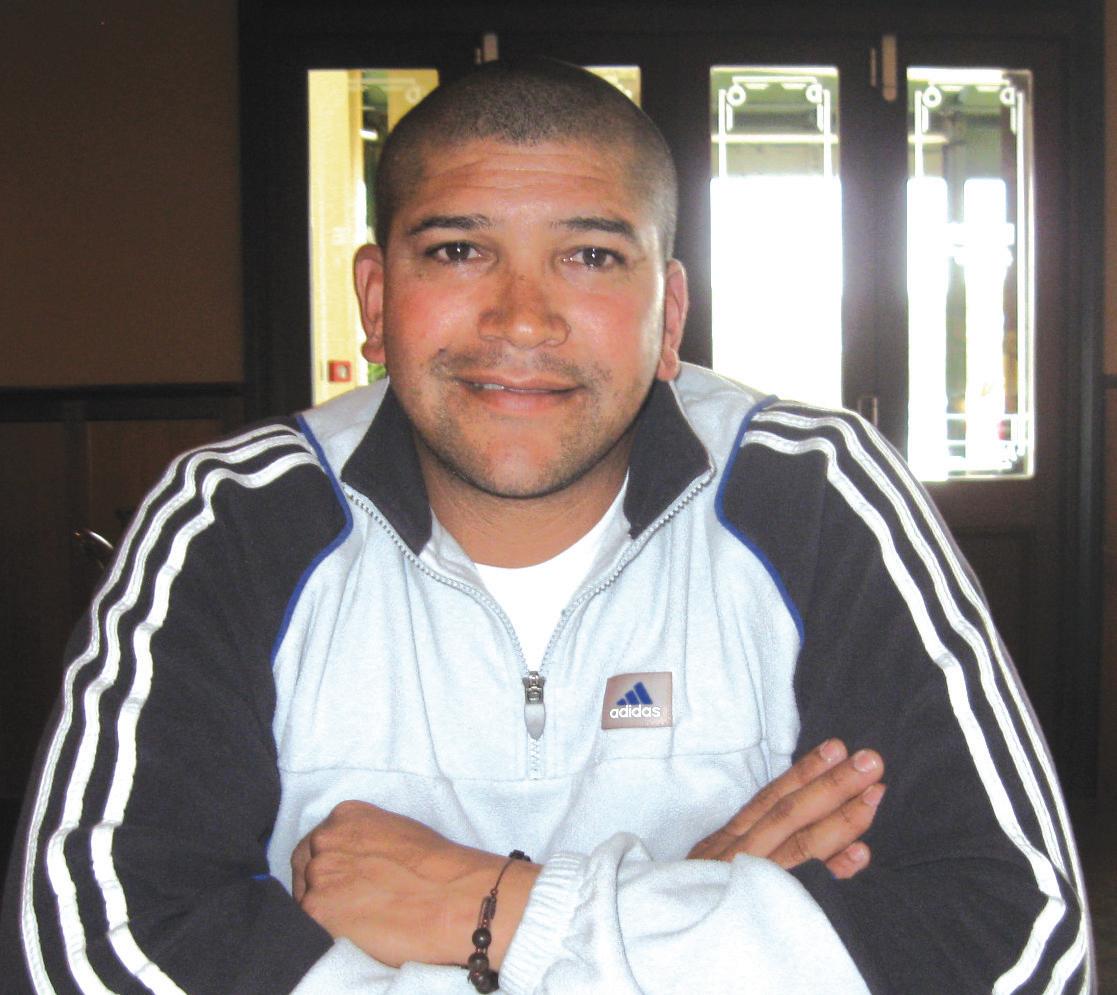
attending Mass every Sunday for three years, we decided to convert. I said to Vanessa, “We need to have something we belong to, especially the kids.”
We joined the RCIA. At the
take my leave on those nights. I told him that once I completed my conversion he would see how I have changed. The way I looked at it the Lord’s light would shine out of me. We converted in 2009.
I always pray that there are no dangerous incidents and that I can send the guys back home in one piece. I say the rosary every day.
time I worked as a supervisor in a recycling firm. I had to speak to my boss for time off to attend the RCIA nights at my parish. I was prepared to give up my night shifts but my boss wasn’t agreeable to this and so I said that I would
Since 2010 I have been working on a mining site. I always pray there are no dangerous incidents and that I can send the guys home in one piece. I say the rosary every morning. At night I read two verses of the Bible and say another
envisage. Perhaps the most tragic aspect of the current quality of an Arts degree in Australia is the influence graduates maintain over Australian society.
Together, education, media, government and entertainment hold almost a complete monopoly over the public promotion and discussion of ideas. It is because of the enormous influence which Arts graduates wield over society that it is imperative, despite the chaos of Arts degrees, that Catholics are still willing to enter the discipline.
They should enter, however, mindful that the “benefits” of a university education are harder to find than are often promised.
Prospective Arts students in Australia eager to study their subject at a university which does not fall foul to the above criticisms should investigate a liberal Arts education offered by an orthodox, Catholic institution. Although there are many of these institutions in the United States and Europe, Australia presently is home only to one such institution; Campion College in New South Wales.
Daniel Matthys is an undergraduate Arts student at the University of WA
When an angel taps you on the shoulder
Ed Ahern has several reasons to believe in guardian angels
THE THING about angels is that you stop thinking about them even though you know they’re always there. It’s natural enough, because we can’t see them.
But angels have intervened in my life, to my knowledge, on at least two occasions. Once, a friend sent her guardian angel to wake me up so I could get to an appointment on her behalf on time. The appointment was around 3am.
More importantly to our family, my daughter’s guardian angel saved her life when she was about three. One day, our family were with our children’s grandparents having an outdoor lunch on one side of their house. On the other side of the house was a long disused, deep swimming pool full of black water.
For years I had pleaded with my elderly parents-in-law to keep the gates to it locked. “Of course”, they would say sincerely. We would never let anything like that happen.
rosary. The other men at my job don’t believe in God. I tell them I believe and encourage them to ask me questions about my faith. Now my wife and I are Eucharistic servers at mass and my son wants to be an altar boy. I teach my children that cleanliness is next to Godliness. I tell them they believe in Someone who has the biggest power in the world.
As told to Debbie Warrier
As we sat there in the late morning sun I suddenly felt myself warned by an unseen and unheard voice – unheard, except within myself – to run to the other side of the house. Instantly I jumped up and ran. Everyone stopped talking and stared after me. To my horror, and just as I had always feared, the gate to the swimming pool was open. I rushed through. There, standing on her tiptoes at the very edge of the deep end, my daughter was leaning out over the dark water, talking to a duck.
“Hello, duck,” she was saying as the bird moved back and forth across the pool. I walked up behind her and gently placed my arms around her body. If she had fallen in, no-one would have heard a sound. That’s angels for you.
FRIDAY
FRIDAY, 7 OCTOBER
Pro-Life Witness
9.30am at St Brigid’s Parish, cnr Great Northern Highway and Morrison Rd, Midland. Begins with holy Mass followed by rosary procession to nearby abortion clinic led by the Franciscan Friars of the Immaculate. Weekly prayer vigils: Fridays 9-10.30am at Midland and 10am-12pm at Balcatta. Enq Helen 9402 0349.
An October Rosary Bouquet for Our Lady
7pm at 2 Rawlins St, Glendalough. Join the Little Sisters of the Poor for Mass and holy hour in the chapel followed by refreshments. Enq: Bridget st.bernadettesyouth@gmail.com.
SATURDAY
SATURDAY, 8 OCTOBER
Annual Mass at Grotto
10.30am at Richard Priestly’s farm, Wariin Rd, Wooroloo. Please bring chair and picnic. BBQ meat at no cost. Farm is located 2.2km from corner of Wariin Rd. Allow 45 minutes from Midland. Enq: Richard 9573 1247 or 0428 502 749.
Divine Mercy Healing Mass
2.30pm at St Francis Xavier Parish, Windsor St, East Perth. Main celebrant: Fr Marcellinus. Begins with Mass followed by prayers and veneration of first class relic of St Faustina Kowalska. Reconciliation available in English, Maltese and Italian. Refreshments afterwards. Enq: John 9457 7771.
Padre Pio Day of Prayer
8.30am at Infant Jesus Parish, Wellington St, Morley. Begins with Padre Pio DVD (parish centre), 10am exposition of the Blessed Sacrament, rosary, divine mercy, silent adoration and benediction. 11am Mass, St Padre Pio liturgy and confession. 12pm lunch, bring a plate to share. Enq: Des 6278 1540.
Rosary Walk in Honour of Our Lady 4pm at Lake Monger, Powis St, Glendalough. Join us for four mysteries of the Rosary while walking around Lake Monger. Meeting at 3.45pm in Lake Monger carpark (Powis St). Enq: Bridget st.bernadettesyouth@gmail.com.
SATURDAY, 8 TO SUNDAY 9 OCTOBER
“Finding God in Everyday Life”
Holy Trinity Community Seminar
9am at St Benedict’s Hall (St Benedict’s Primary School), Alness St, Ardross. Speakers: Fr Revi Tanod and other international speakers. Cost: free and food provided. Registrations close 3 October (spaces limited). Enq: Bryan 0406 671 388, Christina 0412 624 998 or David htc_figel@yahoo.com.au.
COMING WEEK
SUNDAY, 9 OCTOBER
Eucharistic Reparation – World Apostolate of Fatima 3pm at St Emilie de Vialar Parish, Amherst Rd, Canning Vale. Pilgrim Virgin statue present. Enq: 9339 2614.
SUNDAY, 9 AND SUNDAY, 23 OCTOBER
Tridentine Latin Mass
2pm at The Good Shepherd Parish, Streich Ave, Kelmscott. Enq: J Rencontre 9390 6646.
THURSDAY, 13 OCTOBER
Mother’s Prayers Mass
10am at Our Lady Queen of Apostles Parish, Tribute St, Riverton. For mothers, fathers and grandmothers, grandfathers coming together to pray for their children and grandchildren. Fellowship afterwards. Enq: Veronica 9447 0671.
Healing Mass in Honour of St Peregrine, Patron Saint of Cancer 7pm at St John and Paul, Willetton. Holy Mass followed by veneration of the relic of St Peregrine and anointing of the sick. Enq: Jim 9457 1539.
FRIDAY, 14 TO SUNDAY, 16 OCTOBER
Spiritual Retreat 6pm at Our Lady of Mercy Parish, Cnr Girrawheen Ave and Patrick Ct, Girrawheen. Spiritual Master: Fr Ignatious Prasad, director of the Theological and Philosophical College and Rector of the Major Seminary. Experience a personal encounter with the Lord and be filled with peace and blessed with joy. Enq: Secretary 9342 3562 or Fr Sam 0426 50 6510.
PANORAMA
What’s on around the Archdiocese of Perth, where and when
SATURDAY, 15 OCTOBER
Talk and Healing Service by Alan Ames
6pm at Our Lady of Mount Carmel Parish, 82 Collick St, Hilton. Begins with Mass followed by talk and healing service. Enq: George 9275 6608.
SATURDAY, 15 TO SUNDAY, 16 OCTOBER
“Group Fifty Annual Retreat” – Charismatic Renewal Group 9.30am at Retreat House at the Redemptorist Monastery, 150 Vincent St, North Perth. Retreat Master: Fr Michael Brown. Sleep in available. Enq: Elaine 9440 3661.
UPCOMING
SUNDAY, 16 OCTOBER
Lord of the Harvest Parish 50th Anniversary
10.30am at St Michael Parish, Lindsay St, Beacon. Begins with Mass, followed by lunch at Beacon Country Club. All past and present parishioners and ex-locals invited. RSPV and enq: Michelle 9686 6056 or bingarra@bigpond.com.
Vocations Inquiry Day – St Charles’ Seminary
9.30am at St Charles’ Seminary, 30 Meadow St, Guildford. Begins with morning prayer and seminarians’ testimonies over morning tea. Mass celebrated at 11.30am. St Charles’ traditional Sunday lunch will be provided. Website: www.stcharlesseminary.org.au. Please register by 9 October. Enq: Helen 9279 1310, admin@seminary-perth.org.au.
Schoenstatt Spring Fair. 9.30am-2.30pm at 9 Talus Dr, Armadale. Fun, food, homemade goodies stalls, prizes and much more. Enq: Mary 0400 55 3140.
SATURDAY, 22 OCTOBER
Fifteenth Anniversary - Immaculate Heart of Mary Group
3.30pm at Sts John and Paul Parish, Pinetree Gully Rd, Willetton. Includes procession of Our Lady, rosary and benediction. Followed by supper in church hall. Enq: Anna aab610@hotmail.com.
TUESDAY, 25 TO FRIDAY, 28 OCTOBER
Feast Day of St Jude – Celebration 9am at St Jude’s Parish, Prendiville Way, Langford. Triduum from Tuesday to Thursday beginning with Mass, followed by Novena prayers. Friday 28, the feast day of St Jude: Healing Masses at 9am and 7pm. Enq: Secretary 9458 1946.
FRIDAY, 28 OCTOBER
Medjugorje Evening of Prayer
7-9pm at Our Lady Queen of Peace Parish. Cnr Beatrice St and Phillips Gr, Innaloo. Includes Eucharistic adoration, rosary, benediction and holy Mass. Free testimonial DVDs. Enq: Eileen 9402 2480 or 0407 47 1256 or medjugorje@ y7mail.com.
SATURDAY, 29 OCTOBER
Mercedes College Perth - Graduating Class of 1990 Reunion 7.30pm Rosie O’Grady’s, Northbridge, cnr James and Milligan Sts. Enq: kathleen.bryce@yahoo. com.au.
Disciples of Jesus Celebration Ball 7.30pm at Rendezvous, Scarborough. Annual ball - beautiful food, live music. Cost: $70. Enq: Janny 0420 635 919 or Margaret 0408 689 873.
SUNDAY, 30 OCTOBER
Farewell to Fr Michael Brown “A time to remember”
10am at Edel Quin Centre, 36 Windsor St, East Perth. A day to reflect with gratitude on the ministry of Fr Michael to the Secular Franciscan Order in WA. Begins with morning tea followed by morning prayer at 10.30am. Mass at 2.30pm. Bring a plate to share for lunch. Enq: Angela 9275 5658.
SATURDAY, 5 NOVEMBER
Day with Mary 9am-5pm at St Thomas More Parish, cnr Dean and Marsengo Rds, Bateman. Day of prayer and instruction based on the Fatima message. 9am video; 10.10am holy Mass; Reconciliation, procession of the Blessed Sacrament, eucharistic adoration, sermons on Eucharist and Our Lady by Bishop Sproxton, rosaries and stations of the Cross. BYO lunch. Enq: Franciscan Sisters of the Immaculate 9250 8286.
SUNDAY, 6 NOVEMBER
All Soul’s Day Memorial Service
2.30pm at Pinnaroo Valley Memorial Park Crematorium Chapel. Please note, the Memorial service will not include Mass. Enq: Whitford’s Parish Office 9307 2776 .
NEXT YEAR
MONDAY, 9 JANUARY TO MONDAY, 16 JANUARY 2012
Summer school
The Royal School of Church Music in Australia (RSCM) will be hosting a summer school for all denominations next year. The programme will include workshops for church musicians and singers to help them inspire their congregations towards a more enjoyable and meaningful participation in Church liturgy. Enrolments are now open and interested parties can find out more by going to www.rscmaustralia.org.au. Enq: Deirdre 9457 4010.
SATURDAY, 25 FEBRUARY 2012
A Reunion for Holy Cross Primary School, Kensington
Any ex-students or family members, please contact Julie Bowles (nee O’Hara) on 9397 0638 or email jules7@iinet.net.au.
3 TO 5 FEBRUARY 2012
’SET FREE’ CCR Inner Healing Retreat
At SSJG Retreat Centre, Shoalwater. Catholic Charismatic renewal 3-day live-in retreat conducted by international presenters Mrs Diana (India) and Fr Ellias (Malta). Set yourself free from life’s hurts, and get ready to live a wonderful future. Cost: $350. Registration and enq: Martha 0419 242 172 or martha.kalat@doir.wa.gov.au.
REGULAR EVENTS
EVERY SUNDAY
Gate of Heaven Catholic Radio
Join the Franciscans of the Immaculate from 7.309pm on Radio Fremantle 107.9FM for Catholic radio broadcast of EWTN and our own live shows. Enq: radio@ausmaria.com.
Pilgrim Mass - Shrine of the Virgin of the Revelation 2pm at Shrine, 36 Chittering Rd, Bullsbrook. Commencing with rosary followed by benediction. Reconciliation is available before every celebration. Anointing of the sick administered during Mass every second Sunday of the month. Pilgrimage in honour of the Virgin of the Revelation, last Sunday of the month. Side entrance to church and shrine open daily between 9am-5pm. Enq Sacri 9447 3292.
EVERY FIRST SUNDAY
Divine Mercy chaplet and healing prayer 3pm at Santa Clara Church, 72 Palmerston St, Bentley. Includes adoration and individual prayer for healing. Spiritual leader Fr Francisco. All welcome. Enq: Fr Francisco 9458 2944.
St Mary’s Cathedral youth group –fellowship with pizza 5pm at Mary’s Cathedral, 17 Victoria Sq, Perth. Begins with youth Mass followed by fellowship downstairs in parish centre. Bring a plate to share. Enq: Bradley on youthfromsmc@gmail.com.
EVERY SECOND SUNDAY
Healing hour for the sick 6pm at St Lawrence Parish, 392 Albert St, Balcatta. Begins with Mass, exposition of the Blessed Sacrament and prayers. Enq: Fr Irek 9344 7066 or ww.stlawrence.org.au.
EVERY THIRD SUNDAY OF THE MONTH
Oblates of St Benedict Meeting 2pm at St Joseph’s Convent, York St, South Perth. For all interested in studying the rule of St Benedict and its relevance to everyday life. Afternoon tea. Enq: Secretary 9457 5758.
EVERY FOURTH SUNDAY OF THE MONTH
Holy Hour for Vocations to the Priesthood, Religious Life 2-3pm at Infant Jesus Parish, Wellington St, Morley. The hour includes exposition of the Blessed Eucharist, silent prayer, scripture and prayers of intercession. Come and pray that those discerning vocations can hear clearly God’s call.
EVERY MONDAY
Evening Adoration and Mass
7pm, St Thomas Parish, Claremont, cnr Melville St and College Rd. Eucharistic adoration, reconciliation, evening prayer and benediction, followed by Mass and night prayer at 8pm. Enq: Kim 9384 0598, claremont@perthcatholic.org.au.
EVERY TUESDAY
Bible teaching with a difference
7.30pm at St Joachim’s parish hall, Victoria Park. Exciting revelations with meaningful applications that will change your life. Bring Bible, a notebook and a friend. Enq: Jan 9284 1662.
Novena to Our Lady of the Miraculous Medal 6pm at the Pater Noster Church, Marmion and Evershed Sts, Myaree. Mass at 5.30pm followed by benediction. Enq: John 0408 952 194.
Norma Woodcock’s Teaching Session
7-8pm at St Benedict’s school hall, Alness St, Applecross. Be empowered by the Gospel message each week in a personal way. How can we live meaningful and hope-filled lives? AccreditedCEO: Faith Formation for ongoing renewal. Catholic Education staff: $10 for accreditation. Cost: donation. Enq: 94871772 or www.normawoodcock.com.
EVERY WEDNESDAY
Holy Spirit of Freedom Community
7.30pm at The Church of Christ, 111 Stirling St, Perth. We are delighted to welcome everyone to attend our Holy Spirit of Freedom praise meeting. Enq: 0423 907 869 or hsofperth@gmail.com.
Bible Study at Cathedral
6.15pm at St Mary’s Cathedral, 17 Victoria Sq, Perth. Deepen your faith through reading and reflecting on holy scripture by Fr Jean-Noel. Meeting room beneath Cathedral. Enq: Marie 9223 1372.
Holy Hour - Catholic Youth Ministry
5.30pm at Catholic Pastoral Centre, 40A Mary St, Highgate. Begins with Mass, 6.30pm holy hour of adoration, followed by $5 supper and fellowship. Enq: cym.com.au or 9422 7912.
EVERY FIRST WEDNESDAY
Holy Hour Prayer for Priests
7.30-8.30pm at Holy Spirit parish, 2 Keaney Pl, City Beach. All welcome. Enq: Linda 9341 3079.
SECOND WEDNESDAY OF MONTH
Chaplets of the Divine Mercy
7.30pm at St Thomas More Catholic Parish, Dean Rd, Bateman. A beautiful, prayerful, sung devotion accompanied by exposition and followed by benediction. Enq: George 9310 9493 or 9325 2010 (w).
EVERY THURSDAY
Divine Mwercy 11am at Sts John and Paul Church, Pinetree Gully Rd, Willetton. Pray the rosary and chaplet of divine mercy, and for the consecrated life, especially here in John Paul Parish. Concludes with veneration of the first class relic of St Faustina. Please do come and join us in prayer. Enq: John 9457 7771.
St Mary’s Cathedral Praise Meeting
7.45pm every Thursday at the Legion of Mary’s Edel Quinn Centre, 36 Windsor St, East Perth. Includes praise, song and healing ministry. Enq: Kay 9382 3668 or fmi@flameministries.org.
FIRST THURSDAY OF THE MONTH
Prayer in style of Taize
7.30-8.30pm at Our Lady of Grace Parish, 3 Kitchener St, North Beach. Includes prayer, song and silence in candlelight – symbol of Christ the light of the world. Taize info: www.taize.fr Enq: Secretary 9448 488 or 9448 4457.
Group Fifty – Charismatic Renewal group 7.30pm at The Redemptorist Monastery, 150 Vincent St, North Perth. Includes: Prayer, praise and Mass. Enq: Elaine 9440 3661.
FIRST FRIDAY OF THE MONTH
Communion reparation all-night vigil
7pm-1.30am at two different locations: Corpus Christi Parish, Lochee St, Mosman Park and St Gerard Majella Parish, cnr Ravenswood Dr and Majella Rd, Westminster (Mirrabooka). In reparation for outrages committed against the United Hearts of Jesus and Mary. Enq: (Mosman Park) Vicky 0400 282 357 and Fr Giosue 9349 2315 or John 9344 2609.
Healing Mass 7pm at St Peter’s Parish, Inglewood. Praise and worship, exposition and Eucharistic adoration, benediction and anointing of the sick, followed by holy Mass and fellowship. Celebrants: Fr Dat and
invited priests. 6.45pm Reconciliation. Enq: Mary Ann: 0409 672 304, Prescilla: 0433 457 352 and Catherine: 0433 923 083.
Holy hour for Vocations to the Priesthood and Religious Life
7pm at Little Sisters of the Poor Chapel, 2 Rawlins St, Glendalough. Mass followed by adoration with Fr Doug Harris. All welcome. Refreshments provided.
Catholic Faith Renewal Evening
7.30pm at Sts John and Paul Parish, Pinetree Gully Rd, Willetton. Songs of praise, sharing by a priest followed by thanksgiving Mass and light refreshments afterwards. All welcome to attend and bring your family and friends. Enq: Kathy 9295 0913, Ann 0412 166 164 or catholicfaithrenewal@gmail.com.
Healing and Anointing Mass
8.45am Pater Noster Church, Evershed St, Myaree. Begins with Reconciliation followed by 9am Mass of the Sacred Heart of Jesus, anointing of the sick and prayers to St Peregrine. Enq: Joy 9337 7189.
EVERY FIRST SATURDAY
Healing Mass
12.35pm at St Thomas Parish, cnr Melville St and College Rd, Claremont. Spiritual leader: Fr Waddell. Enq: Kim 9384 0598, claremont@perthcatholic.org. au.
EVERY FOURTH SATURDAY
Voice of the Voiceless Healing Mass
12pm at St Brigid Parish, 211 Aberdeen St, Northbridge. Bring a plate to share after Mass. Enq: Frank 9296 7591 or 0408 183 325.
GENERAL
Free Divine Mercy image for parishes
High quality oil painting and glossy print – Divine Mercy promotions Images are of very high quality. For any parish willing to accept and place inside the church. Oil paintings - 160 x 90cm and glossy print -100 x 60cm. Enq: Irene 922 1247 or 9417 3267 (w).
Sacred Heart pioneers
Is there anyone out there who would like to know more about the Sacred Heart pioneers? If so, please contact Spiritual Director Fr Doug Harris 9444 6131 or John 9457 7771.
St Philomena’s Chapel 3/24 Juna Drive, Malaga. Mass of the day: Monday 6.45am. Vigil Masses: Mon-Fri 4.45pm. Enq: Fr David 9376 1734.
Mary MacKIllop 2012 calendars, merchandise 2012 Josephite Calendars with quotes from St Mary of the Cross and Mary MacKillop Merchandise. Available for sale from the Mary MacKillop Centre. Enq: Sr Maree 0414 683 926 or 08 9334 0933.
Exhibition of over 200 relics
Saints and Sacred Relics Apostolate Inauguration.
Saturday, 8 October: 6.30pm at Saint Joseph’s Parish, 133 Treasure Rd, Queens Park. Includes talk on relics and exhibition of over 200 first and second-class relics of Saints and Blessed of the Catholic faith.
SSRA’s Parish Missions
Saturday, 8 to Sunday, 9 October: St Joseph’s Parish, 133 Treasure Rd, Queens Park. All Masses and 10am at St Francis Assisi Parish, 56 Radcliff St, East Cannington.
Saturday, 15 to Sunday, 16 October: Our Lady of Mercy Parish, cnr Girrawheen Ave and Patrick Ct, Girrawheen. All Masses.
Saturday, 22 to Sunday, 23 October: St Brigid’s Parish, 69 Fitzgerald St, Northbridge. All Masses.
Sunday, 30 October: St Bernadette’s Parish, 49 Jugan St, Glendalough. 9am Mass.
SSRA’s City Missions
Tuesday, 1 to Wednesday, 2 November: All Saints Chapel, Allendale Sq, 77 St George’s Tce, Perth. 12.10pm and 1.10pm Masses.
SSRA and the Community of the Archdiocese of Perth’s Traditional Latin Mass Centre
Saturday, 5 November, St Anne’s Parish, 11 Hehir St, Belmont. 9am Mass with veneration and blessing with relics. Cost: free. Enq: Giovanny 0478 201 092 or ssra-perth@catholic.org.
resources for Catholic families in complex times
21 Victoria Square
Perth
RELIGIOUS PRODUCTS
CATHOLICS CORNER Retailer of Catholic products specialising in gifts, cards and apparel for Baptism, Communion and Confirmation. Ph 9456 1777. Shop 12, 64-66 Bannister Rd, Canning Vale. Open Mon-Sat.
RICH HARVEST YOUR
CHRISTIAN SHOP Looking for Bibles, CDs, books, cards, gifts, statues, Baptism/Communion apparel, religious vestments, etc? Visit us at 39 Hulme Ct (off McCoy St), Myaree. Ph 9329 9889 (after 10.30am Mon to Sat). We are here to serve.
KINLAR VESTMENTS
Quality handmade and decorated vestments: albs, stoles, chasubles, altar linen, banners, etc. 12 Favenc Way, Padbury. By appointment only. Ph Vickii on 9402 1318, 0409 114 093 or kinlar.vestments@gmail.com.
BOOK BINDING
NEW BOOK BINDING, General Book Repairs; Rebinding; New Ribbons; Old Leather Bindings Restored.Tydewi Bindery 0422 968 572.
WALK WITH HIM
9 SUNDAY 28TH SUNDAY IN ORDINARY TIME
Gr Isa 25:6-10 We exult and rejoice Ps 22 I fear no evil
Phil 4:12-14, 19-20 Ready for anything Mt 22:1-14 Banquet prepared
Deadline: 11am Monday
FURNITURE REMOVAL
ALL AREAS. Competitive rates. Mike Murphy Ph 0416 226 434.
FOR SALE
CHEAP, VARIOUS CATHOLIC/ PROTESTANT Books New/2nd hand/DVDs/CDs 9440 4358.
SETTLEMENTS
ARE YOU BUYING OR SELLING real estate or a business? Why not ask Excel Settlements for a quote for your settlement. We offer reasonable fees, excellent service and no hidden costs. Ring Excel on 9481 4499 for a quote. Check our web site on www.excelsettlements.com.au.
TAX SERVICE
QUALITY TAX RETURNS prepared by registered tax agent with over 35 years’ experience. Call Tony Marchei on 0412 055 184 for appt. AXXO Accounting & Management, Unit 20/222 Walter Rd, Morley.
LOSE WEIGHT safely. Ongoing follow-up. Michael 0412 518 318.
10 MONDAY Rom 1:1-7 Specially chosen Gr Ps 97:1-4 Lord worked wonders Lk 11:29-32 The sign of Jonah
11 TUESDAY Rom 1:16-25 Life through faith Gr Ps 18:2-5 Work of God’s hands Lk 11:37-41 Give alms
12 WEDNESDAY Rom 2:1-11 No favourites Gr Ps 61:2-3, 6-7, 9 My soul at rest Lk 11:42-46 Unmarked tombs
13 THURSDAY Rom 3:21-30 Justice through faith
TRADE SERVICES
BRENDAN HANDYMAN
SERVICES
Home, building maintenance, repairs and renovations. NOR. Ph 0427 539 588.
PR OPERTY MAINTENANCE
Your handyperson. No job too small. SOR. Jim 0413 309 821.
BRICK RE-POINTING Ph Nigel 9242 2952.
PERROTT PAINTING Pty Ltd
For all your residential, commercial painting requirements. Ph Tom Perrott 9444 1200.
PICASSO PAINTING Top service. Ph 0419 915 836, fax 9345 0505.
ACCOMMODATION
HOLIDAY ACCOMMODATION
ESPERANCE 3 bedroom house f/furnished Ph 08 9076 5083.
MATURE AGE GENTLEMAN, single, non-smoker, and works fulltime at Royal Perth Hospital. Has been a house friend for two elderly people over the past 20 years, carrying out light houseduties and gardening when required. If you can help, call Greg O’Brien mob: 0413 701 489
Gr Ps 129:1-6 Count on God’s word Lk 11:47-54 A furious attack
14 FRIDAY St Callistus I, Pope, martyr (O)
Gr Rom 4:1-8 Faith in God who justifies
Ps 31:1-2, 5, 11 Ring out your joy Lk 12:1-7 You are worth more
15 SATURDAY St Teresa of Avila, virgin, doctor of the Church (M)
Wh Rom 4:13, 16-18 Abraham believed
Ps 104:6-9, 42-43 Covenant with Abraham Lk 12:9-12 Spirit will teach you
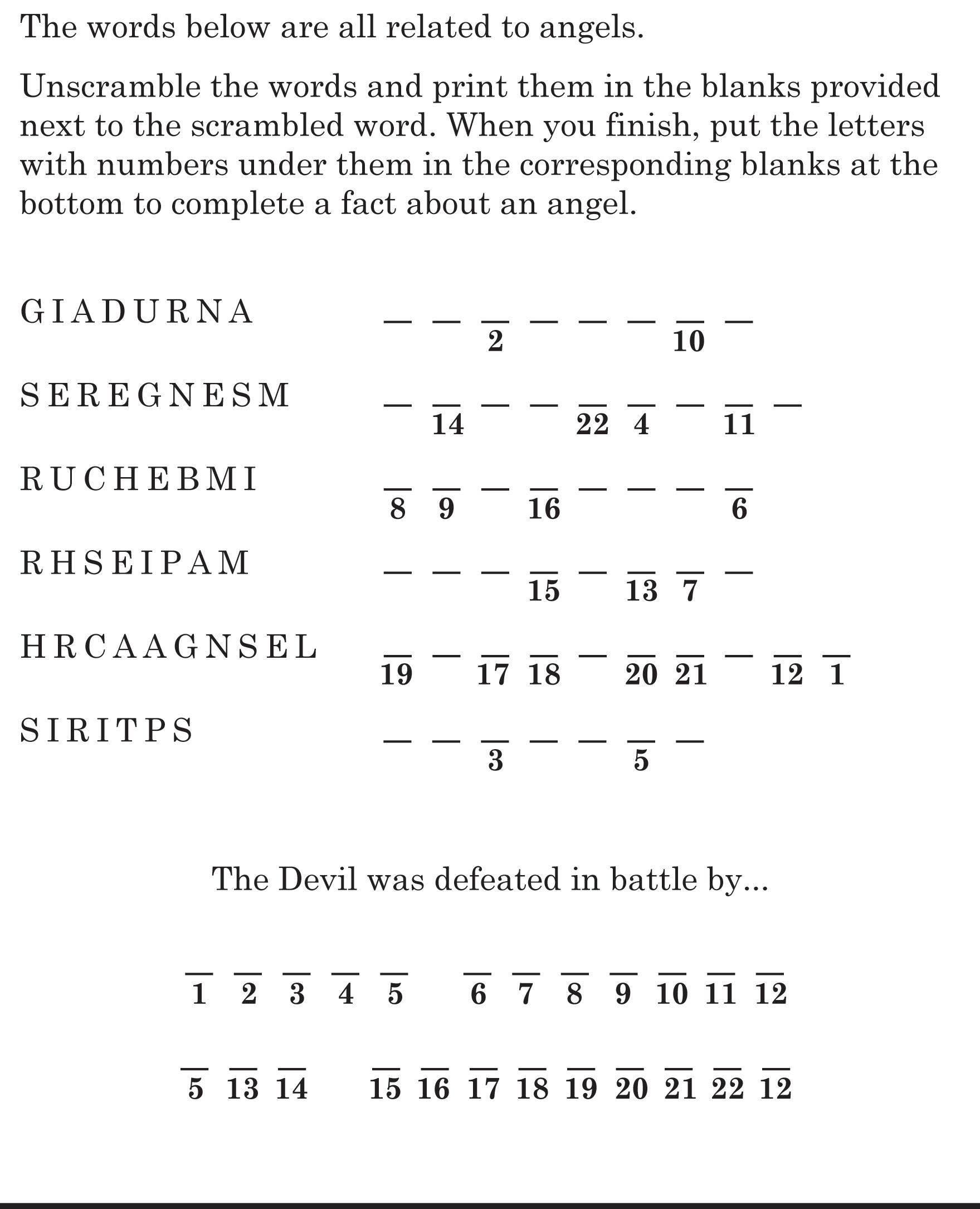


ACROSS
3 Eight days of a holy season
9 A gift of the wise men
10 Patrick’s place
11 ___ unction
12 State in which the Diocese of Salt Lake City is found
14 Church seats
16 Ishmael, to Jacob
17 Amos’ vision of a line (Am 7:7)
18 Enter by the ___ gate
20 Deliver a homily
22 Book of hymns in the Old Testament
24 Biblical heroine
26 Exodus leader
27 Most important teaching
30 Catholic columnist Bombeck
32 Ark passenger
34 St ___ de Paul
35 Hosea, in the Douay
36 Papal
37 ___ of the Sacred Heart
DOWN
1 “___ Dei”
2 Catholic actor, Robert ___
4 An angel
5 St Juan Diego, for example
6 Bread and Wine
7 “…am I my brother’s ____?” (Gen 4:9)
8 “By the sweat of your ____…” (Gen 3:19)
13 In Mt 12:25, Jesus said this divided could not stand
15 Birds of the air don’t do this (Mt 6:26)
17 John, Paul and John Paul
19 Patriarch respite, perhaps
21 Honorary title for a bishop
23 Commits a capital sin
24 “…for and tooth for…” (Ex 21:24)
25 Paradise
26 St ___ de Porres
28 “…___ one another with a holy kiss” (1 Cor 16:20)
29 “Let us make man in our ___” (Gen 1:26)
31 Sub (secret appointment)
33 Father of Joseph (Lk 3:23)
LAST WEEK’S SOLUTION
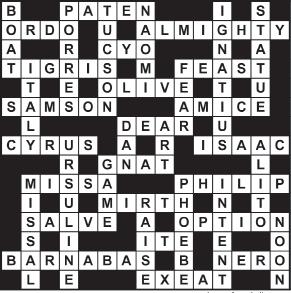

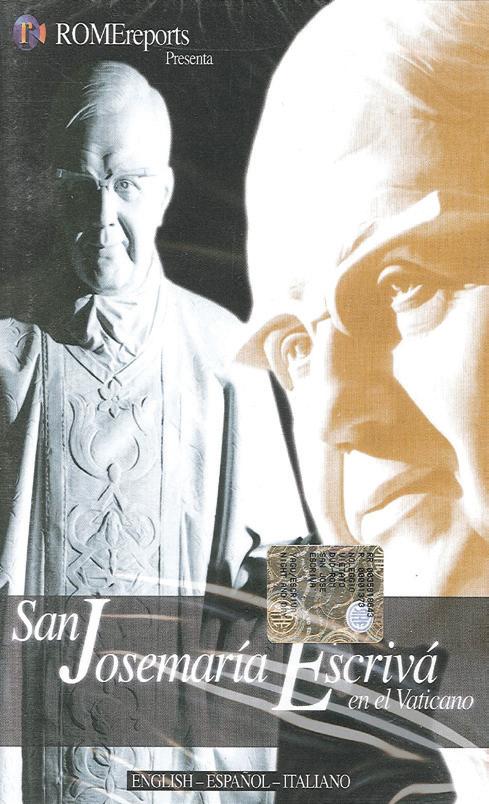
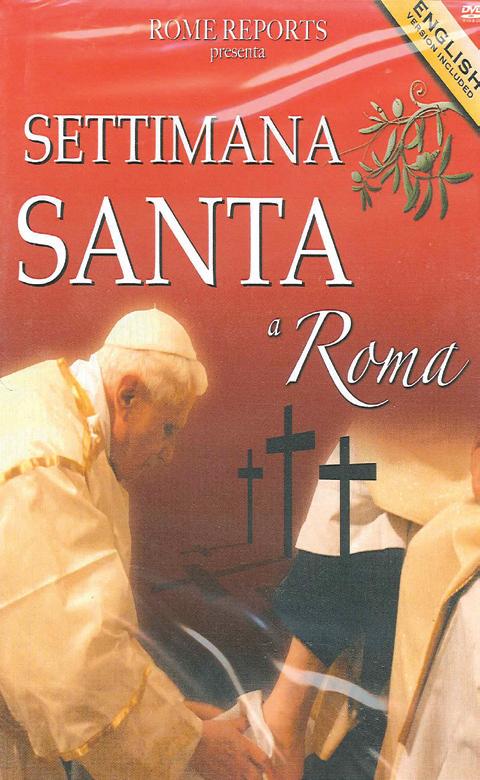
St Josemaria Escriva in the Vatican
In Spanish, Italian, English
Benedict XVI presides over the emotional ceremony inaugurating a marble statue of St Josemaria on the outside of St Peter’s Basilica. Included is the testimony of Opus Dei prelate, Javier Echevarria, successor of the saint, and Italian sculptor, Romano Cosci, who give their take on what goes beyond admiring the statue at first glance.
Holy Week in Rome: A Journey with the Pope
In Italian and English
See how Holy Week is commemorated in Rome. Hear from theologians, professors, art historians, and Vatican officials about Jesus’ last days on earth and how those moments have been relived throughout the centuries in Church ceremony and art. From the washing of the feet to the walk to Calvary, Pope Benedict XVI takes us step-by-step through these symbolic events as played out in the Eternal City.
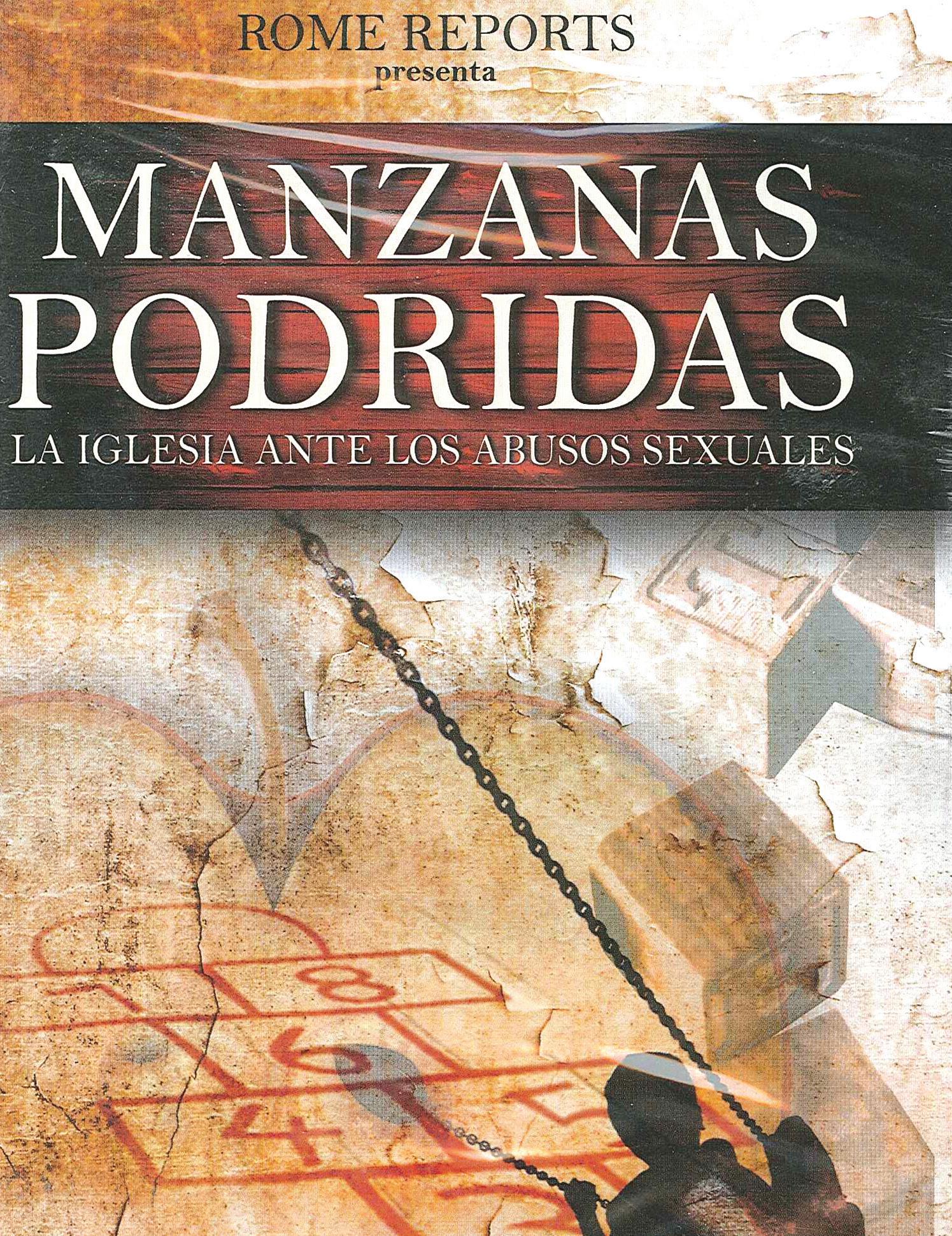
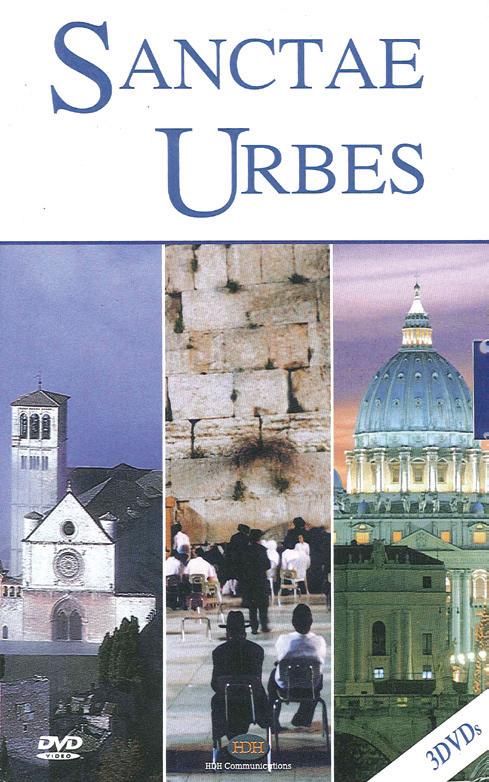
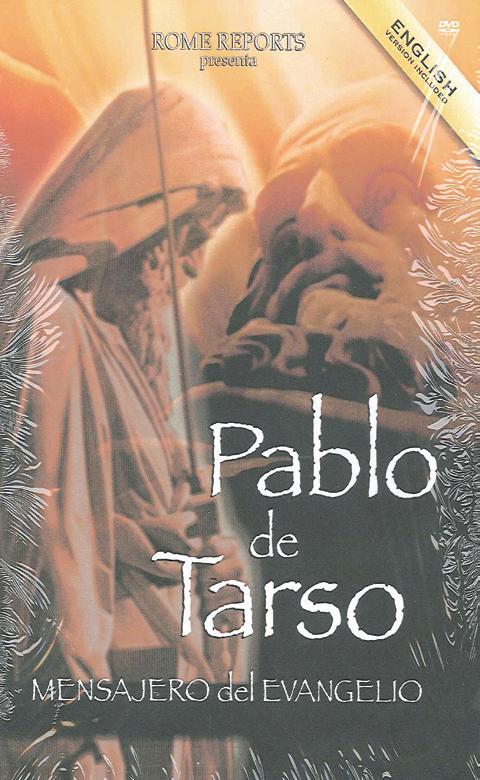
The Holy Cities: Jerusalem, Rome, Assisi
In Castellano, English, Spanish, Italian and Polish
The land of Christ, the See of Peter and, finally, the humble dwelling of Francis. These three places embody the values of Christian spirituality and provide the historical, artistic and cultural background for the HOLY CITIES series.
Jerusalem, Rome and Assisi represent three stages in a geographical and spiritual odyssey.
PAUL OF TARSUS: Messenger of Jesus Christ
In Spanish and English
Widely considered Christianity’s greatest evangeliser, Paul of Tarsus dedicated his life to spreading the Gospel, travelling far and wide to deliver the Word of God. His journeys ultimately brought him to the heart of the Roman Empire, where Christianity took root. Shot on location in Rome, this documentary takes you to the places where he taught, lived, worked, was martyred and buried.
BAD APPLES Dealing with Sex Abuse in the Church
In Spanish and English
Referring to clerical sex abuse, Pope Benedict XVI said, “The greatest persecution of the Church does not come from external enemies, but is born of sin within the Church. Thus the Church has a profound need to relearn penance, purification, forgiveness and justice.”
In Bad Apples, television news agency Rome Reports documents this problem and the responses from the Vatican during the last decades. It also analyses the failure of management in Ireland, based on lies, and tracks the successful ‘zero tolerance’ policy put into action in the United States.
